Submitted by Tim Edwards
The lyrics come from the early 17th century, and it has been described as the finest anonymous poem in the English language (though there is a theory that Shakespeare might have contributed to it). Tom in the song is a licensed beggar discharged from the Hospital of St. Mary of Bethlehem in London (“Bedlam”).
I first heard it sung by Dave “Steve” Stephenson of the wonderful Songwainers of Cheltenham in the early 70’s, and loved it at first hearing. I learnt it shortly afterwards after finding the words in a poetry book of my father’s (Other Men’s Flowers, collected by A.P. Wavell—full of gems) and have been singing it ever since. Dave found the tune as a virginal arrangement in a Drexel manuscript—now in the New York Public Library.
It’s always been one of my very favorites, and for me, the last verse in particular is sublime.
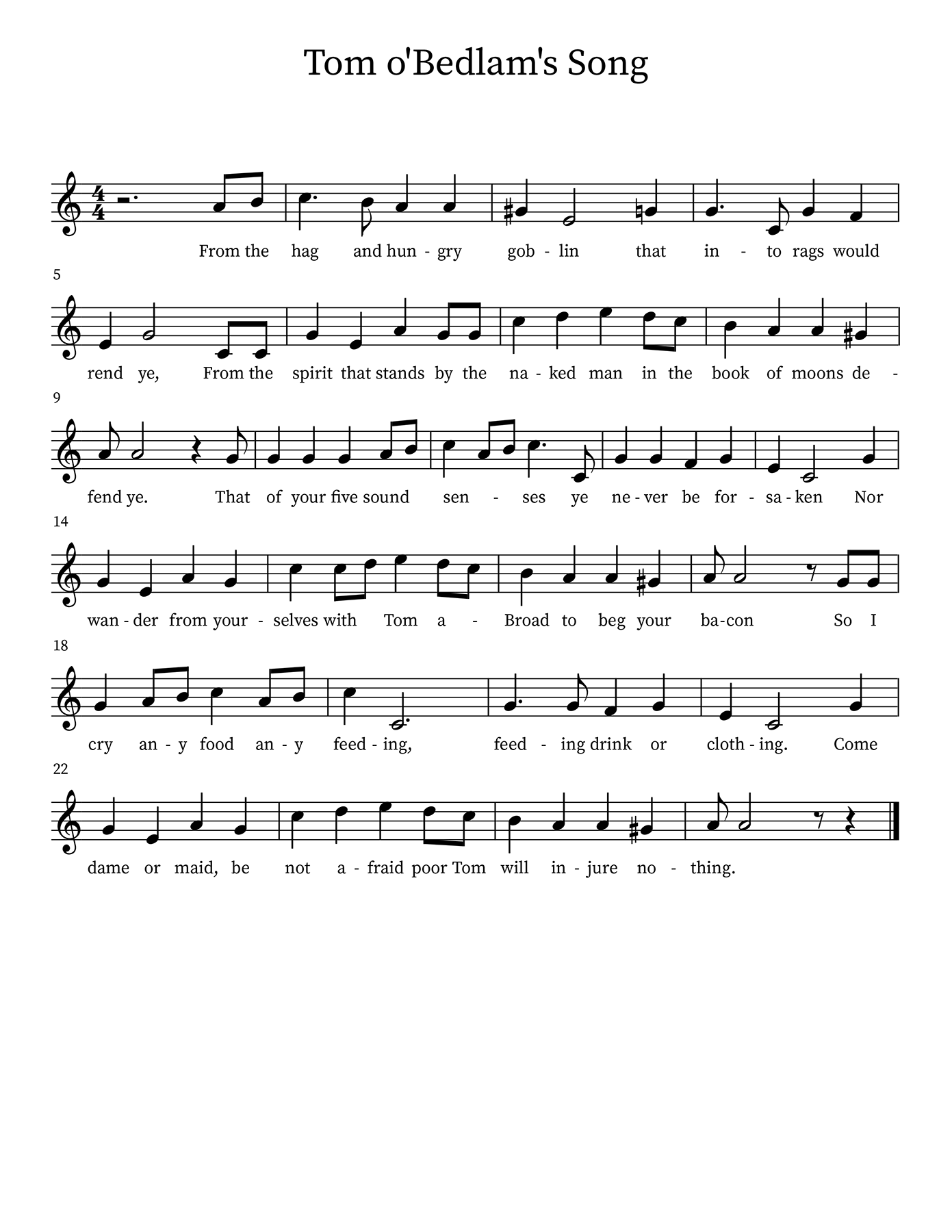
Lyrics
From the hag and hungry goblin, that into rags would rend ye,
From the spirit that stands by the naked man, in the book of moons defend ye,
That of thy five sound senses ye never be forsaken
Nor wander from yourselves with Tom abroad to beg your bacon
So I cry any food, any feeding, feeding, drink or clothing;
Come dame or maid, be not afraid, poor Tom will injure nothing.
With a thought I took for Maudlin, and a cruse of cockle pottage,
With a thing thus tall, sky bless you all I fell into this dotage:
I slept not since the conquest, till then I never waked,
Till the roguish boy of love, where I lay, me found and stripped me naked
While I cry…
When I short have shorn my sour face, and swigged my horny barrel
In an oaken inn I pound my skin, as a suit of gilt apparel;
The moon’s my constant mistress, the lowly owl my marrow;
The flaming drake and night-crow make me music for my sorrow
And I cry…
I know more than Apollo, for oft when he lies sleeping
I see the stars at bloody wars, in the wounded welkin weeping;
The moon embrace her shepherd, the Queen of Love her warrior,
The first doth horn the Star of Morn, the next the Heavenly Farrier
And I cry…
With an host of furious fancies, whereof I am commander
With a burning spear and a horse of air, to the wilderness I wander.
By a knight of ghosts and shadows I summoned am to journey,
Ten leagues beyond the wild world’s end; methinks it is no journey
Yet I cry…
Tim Edwards writes: Born and brought up in Hertfordshire, my first experience of something close to folk was my parents’ 78’s of Peter Pears and Owen Brannigan. At school, some friends started a folk club and I started singing (and dancing) at my local club—Herga in Wealdstone (still going after nearly 60 years)—and I was a resident there for a number of years before moving north to Cheshire, where I live now.
I’ve been singing regularly at both clubs and festivals, and have run many sessions over the years, especially at Sidmouth Festival. My main interest is unaccompanied traditional song, although I sing a good number of contemporary pieces, including the occasional self-penned one. In particular, I love traditional ballads and lyrical songs. During lockdown, I’ve ‘travelled’ widely, including visiting festivals in the US as well as many British clubs and festivals.


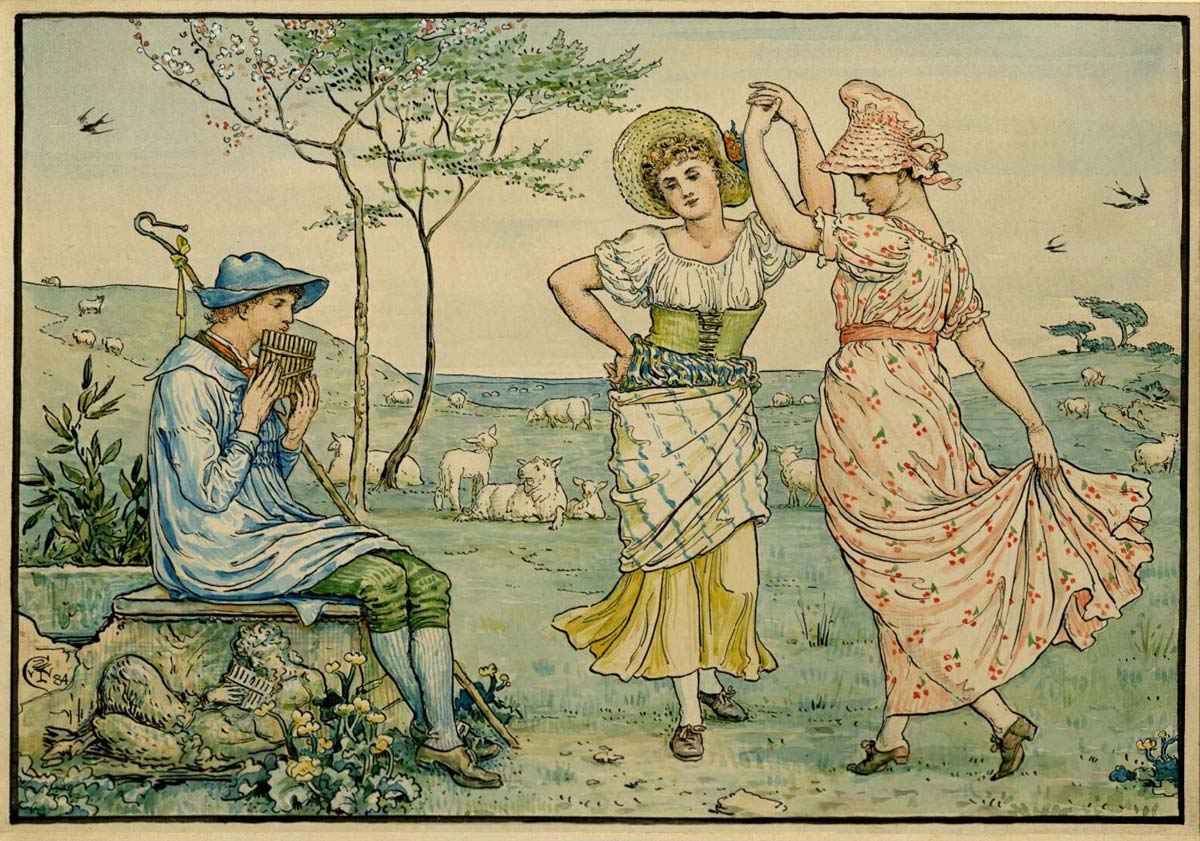
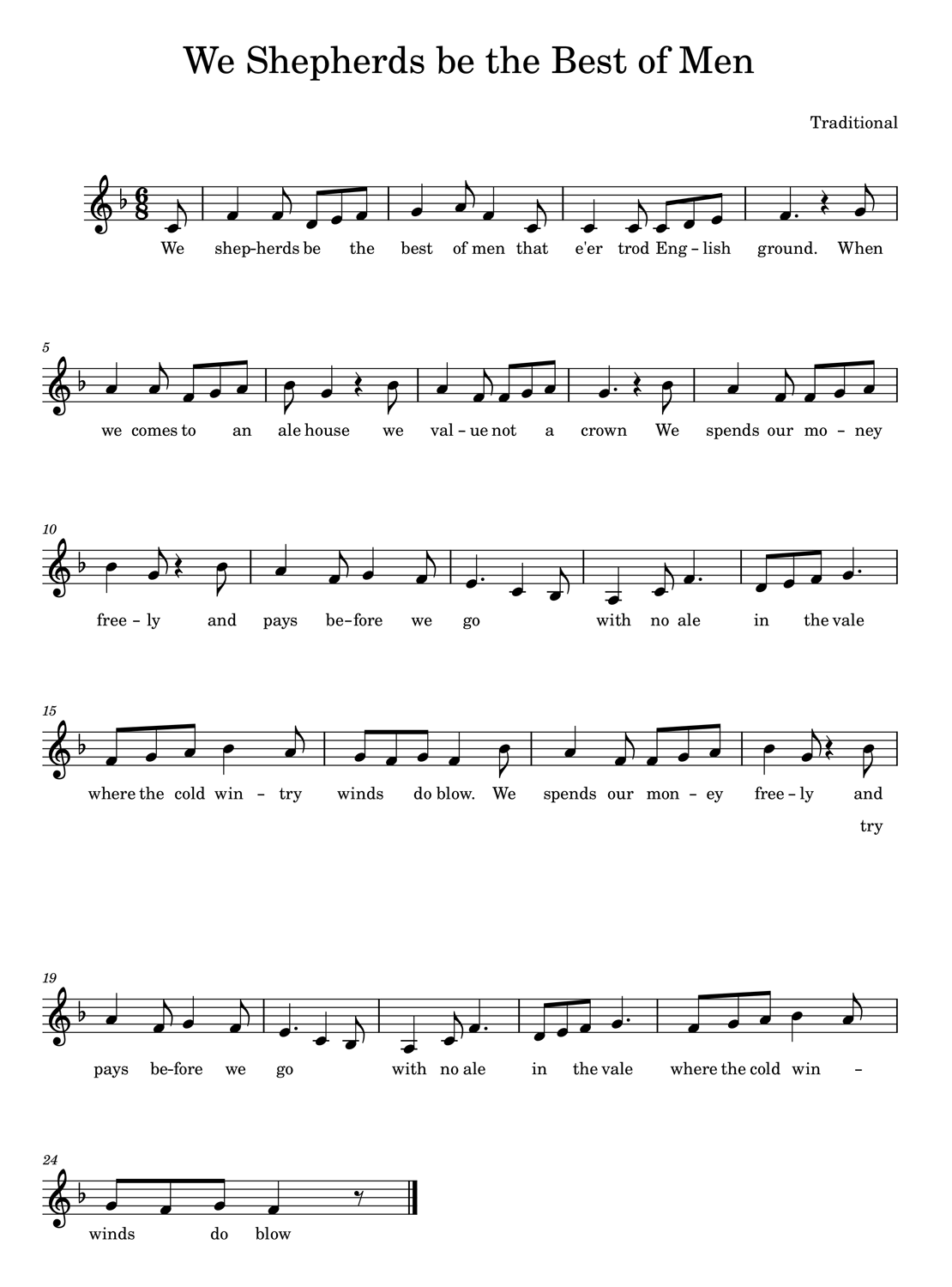

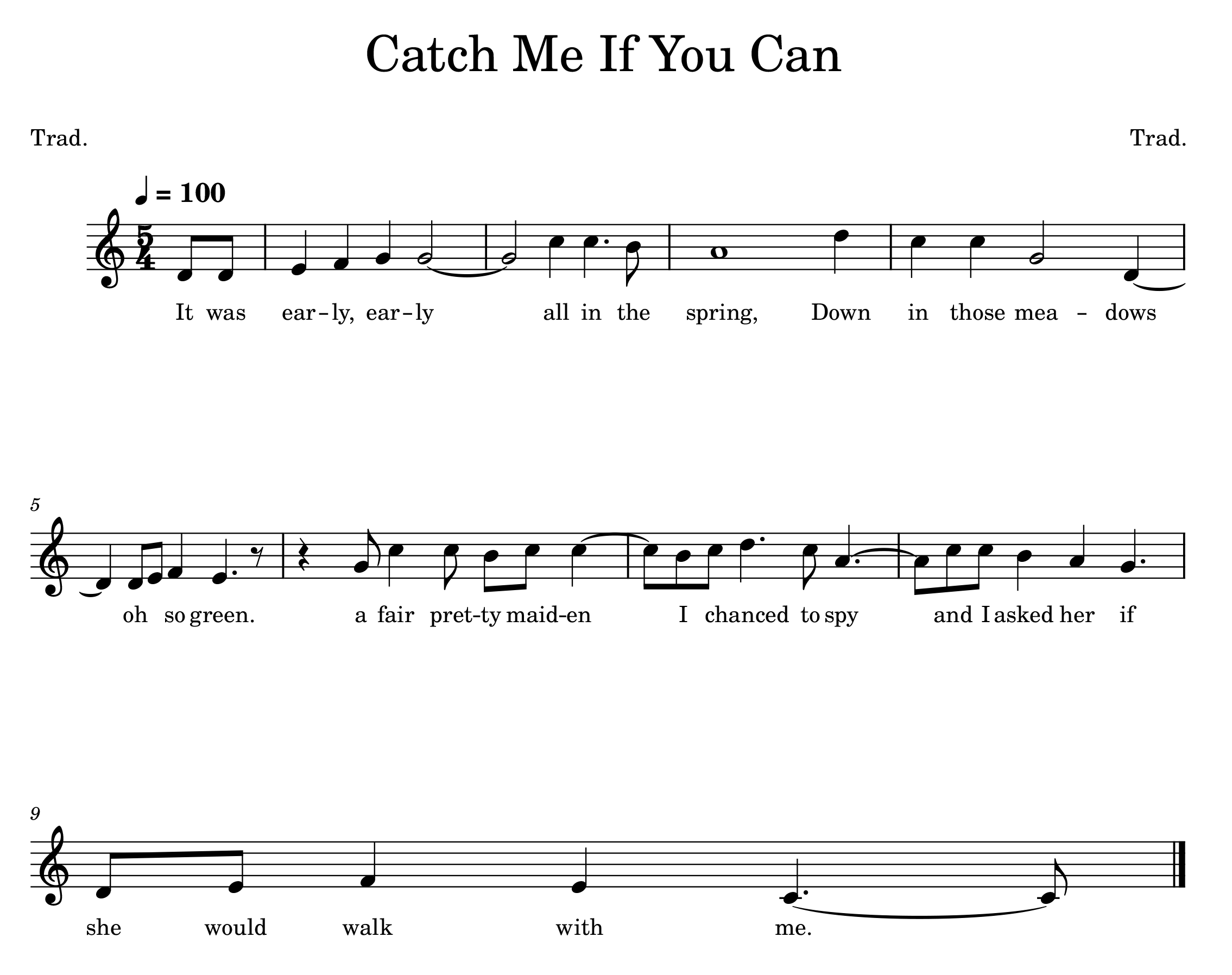
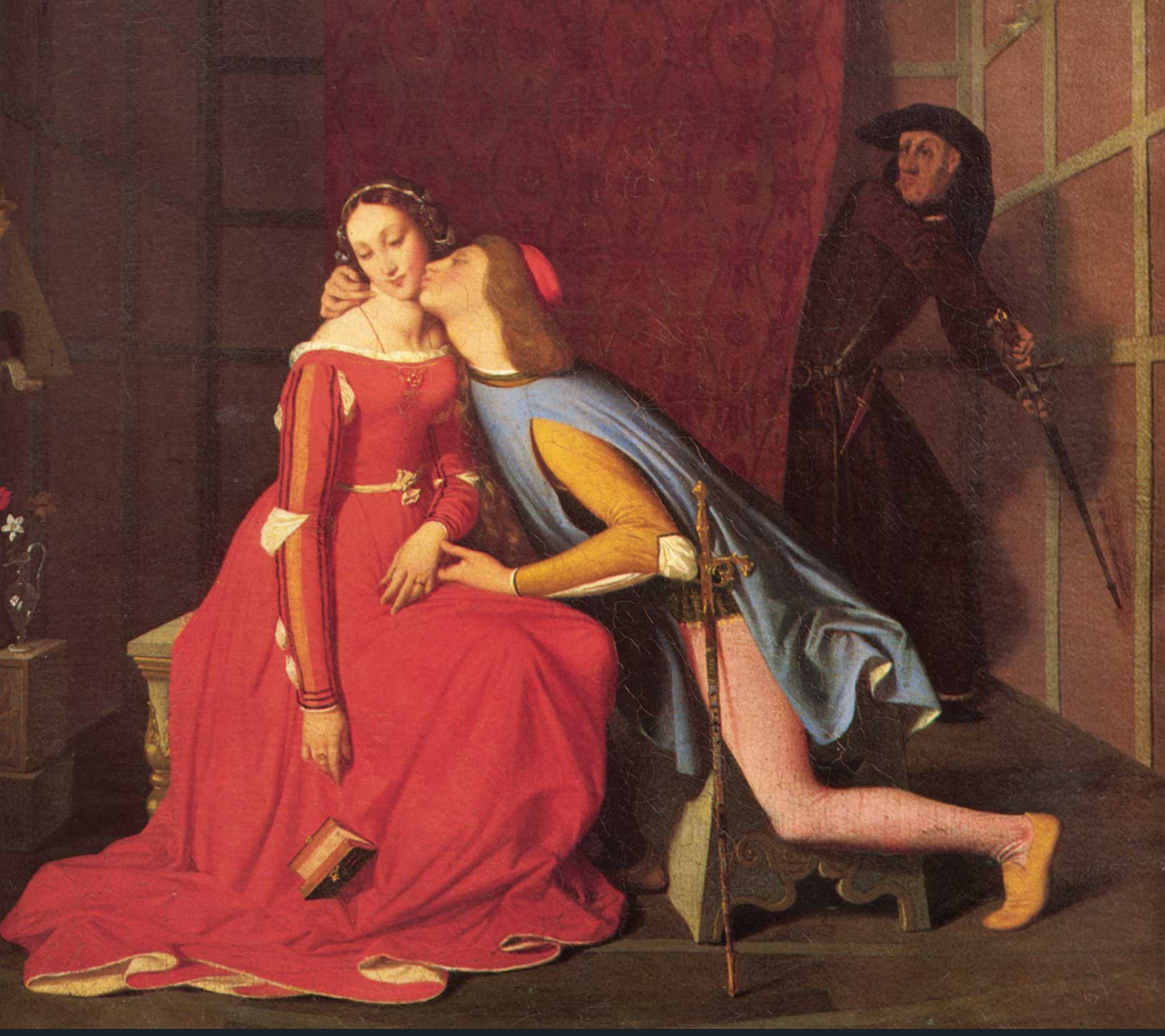
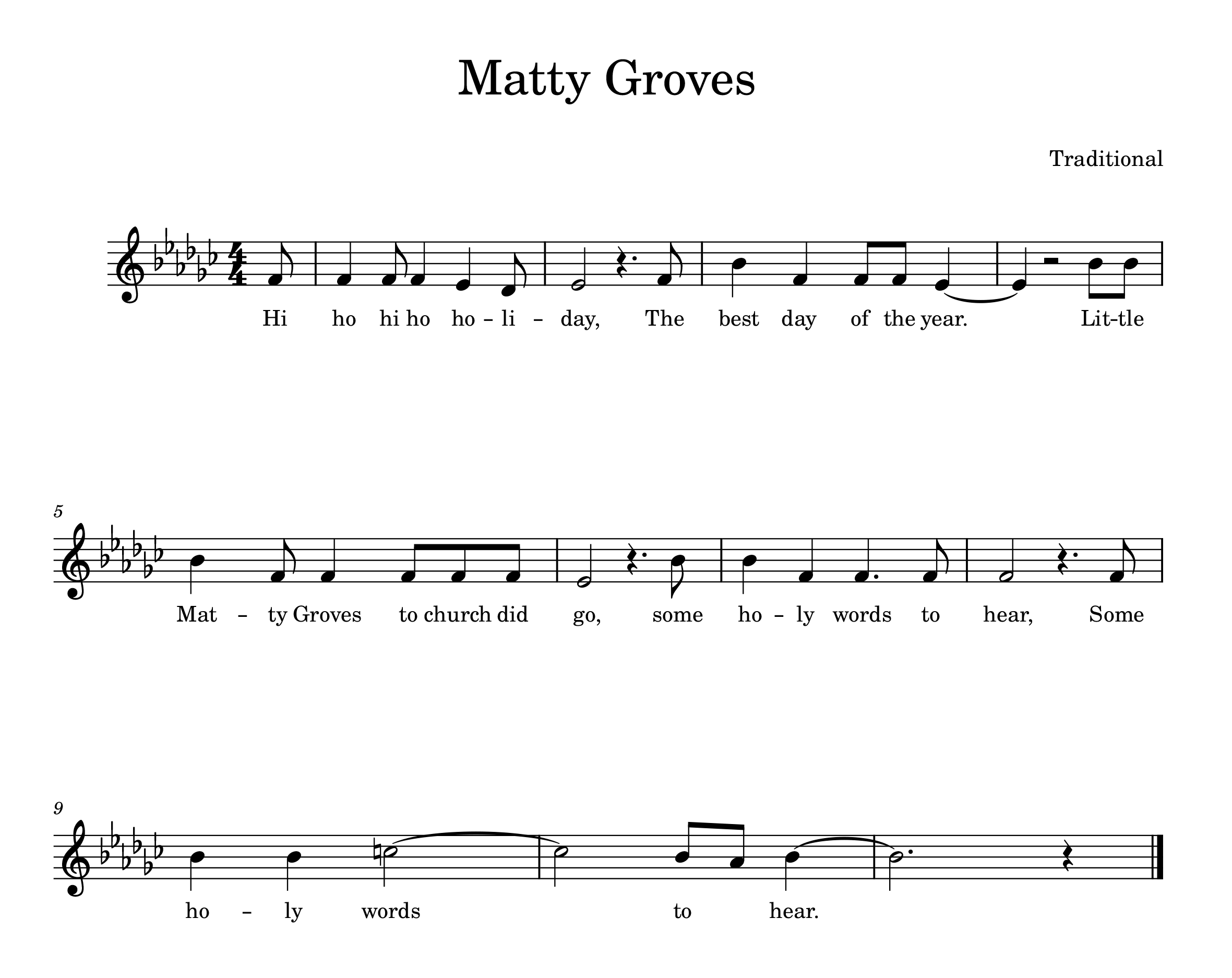
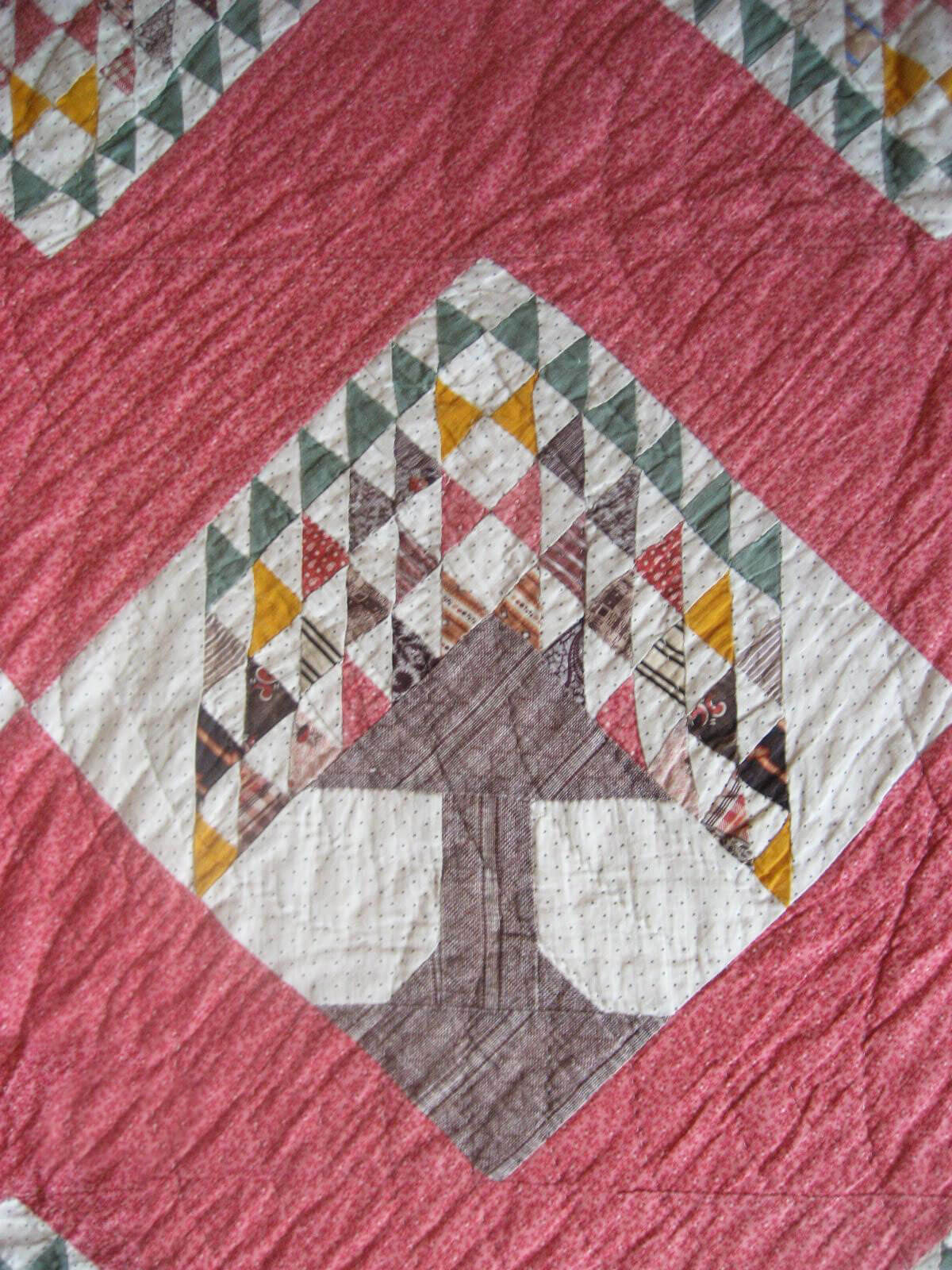
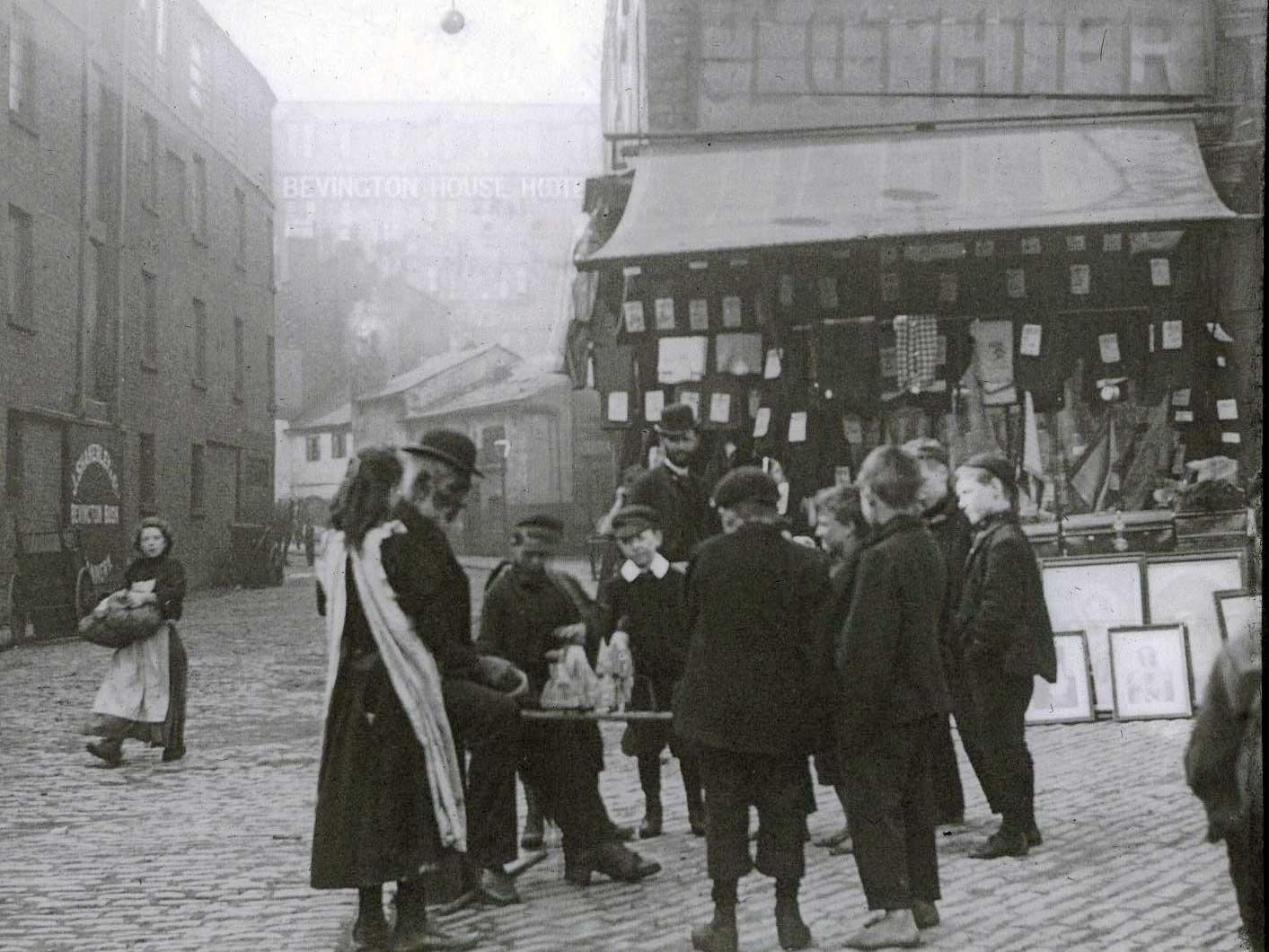
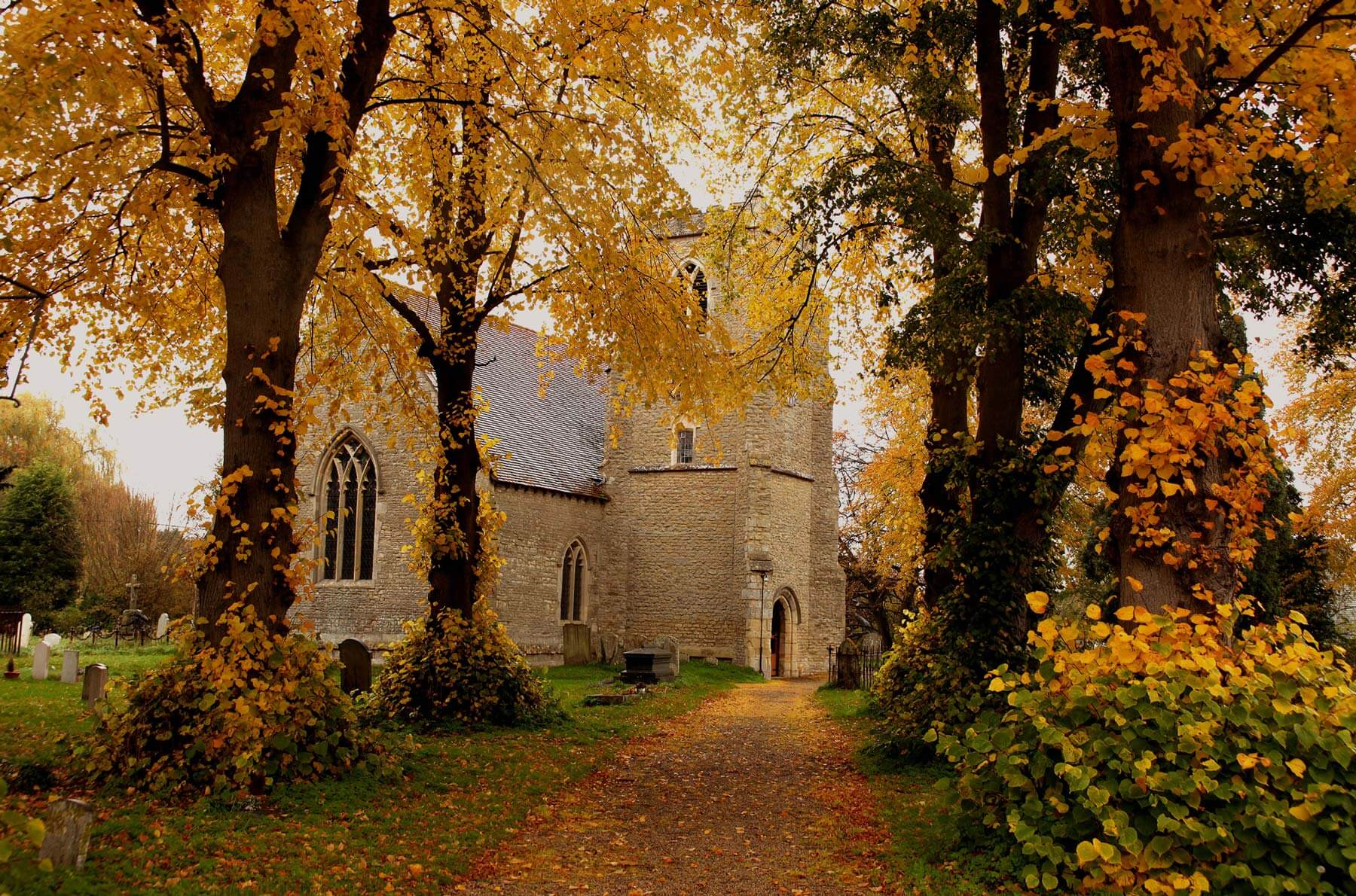
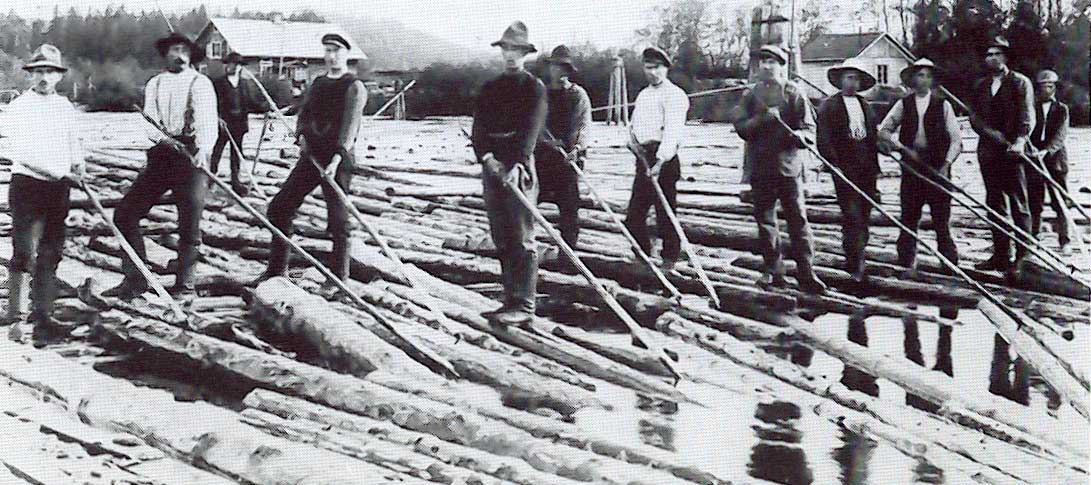
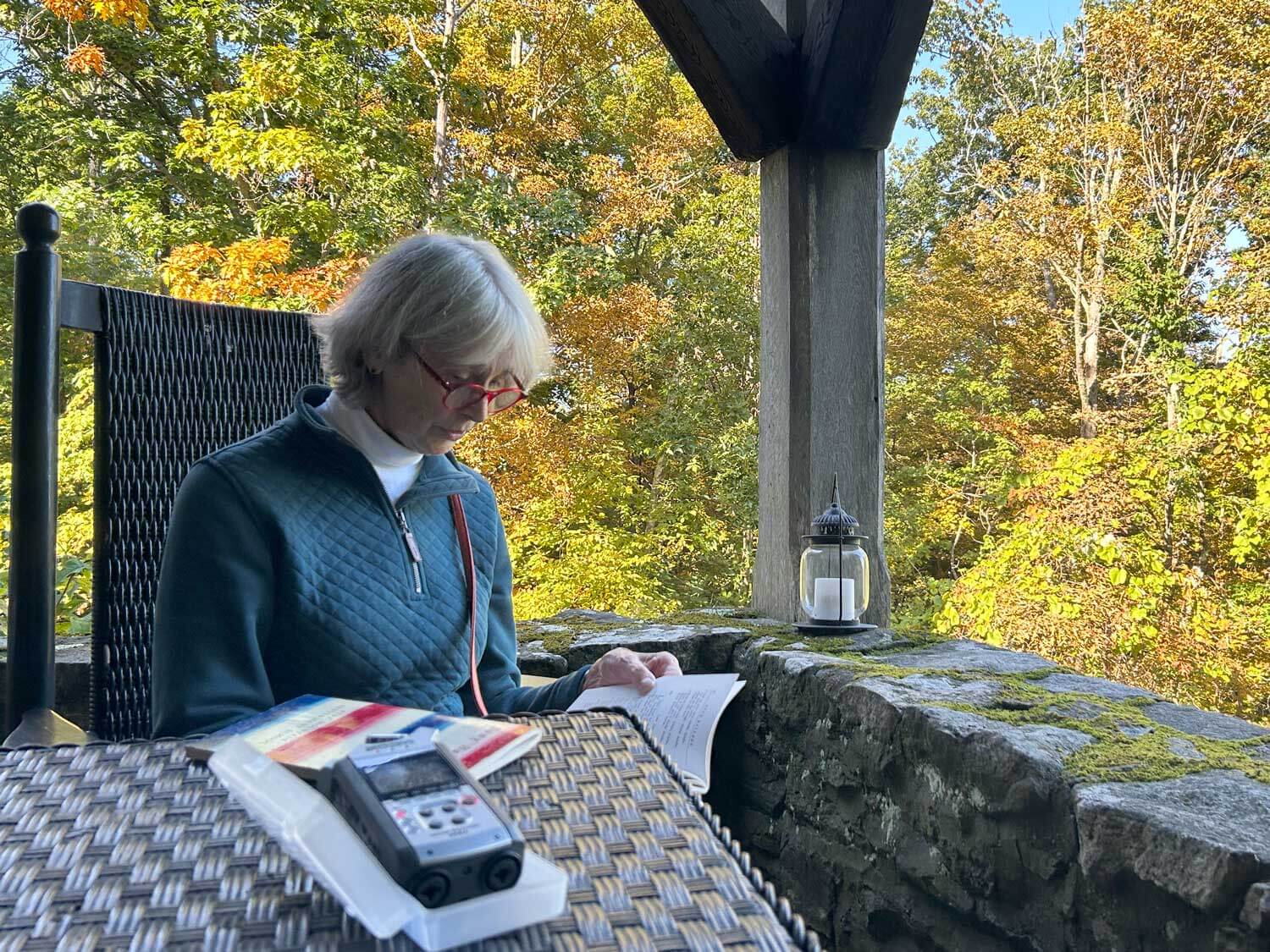

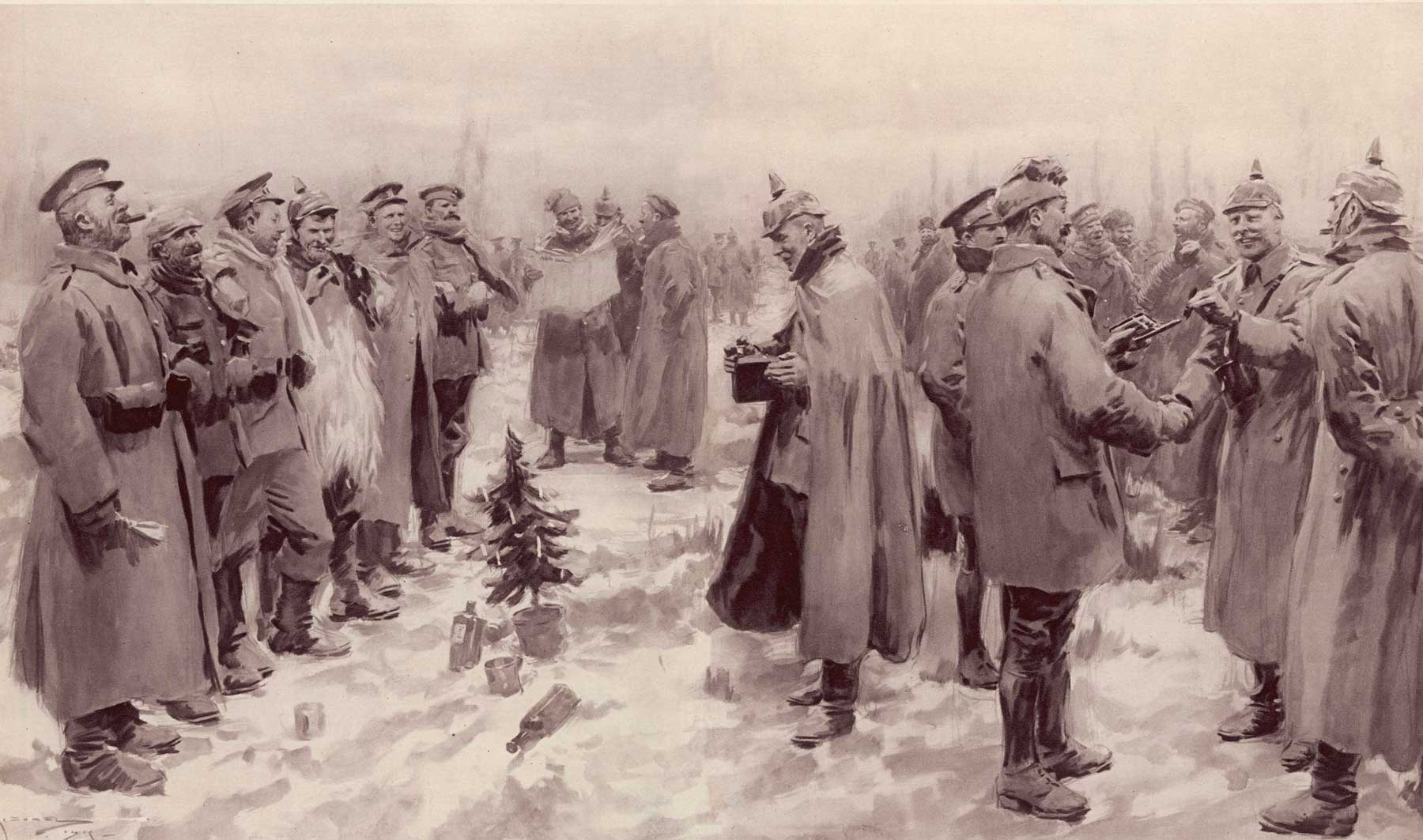
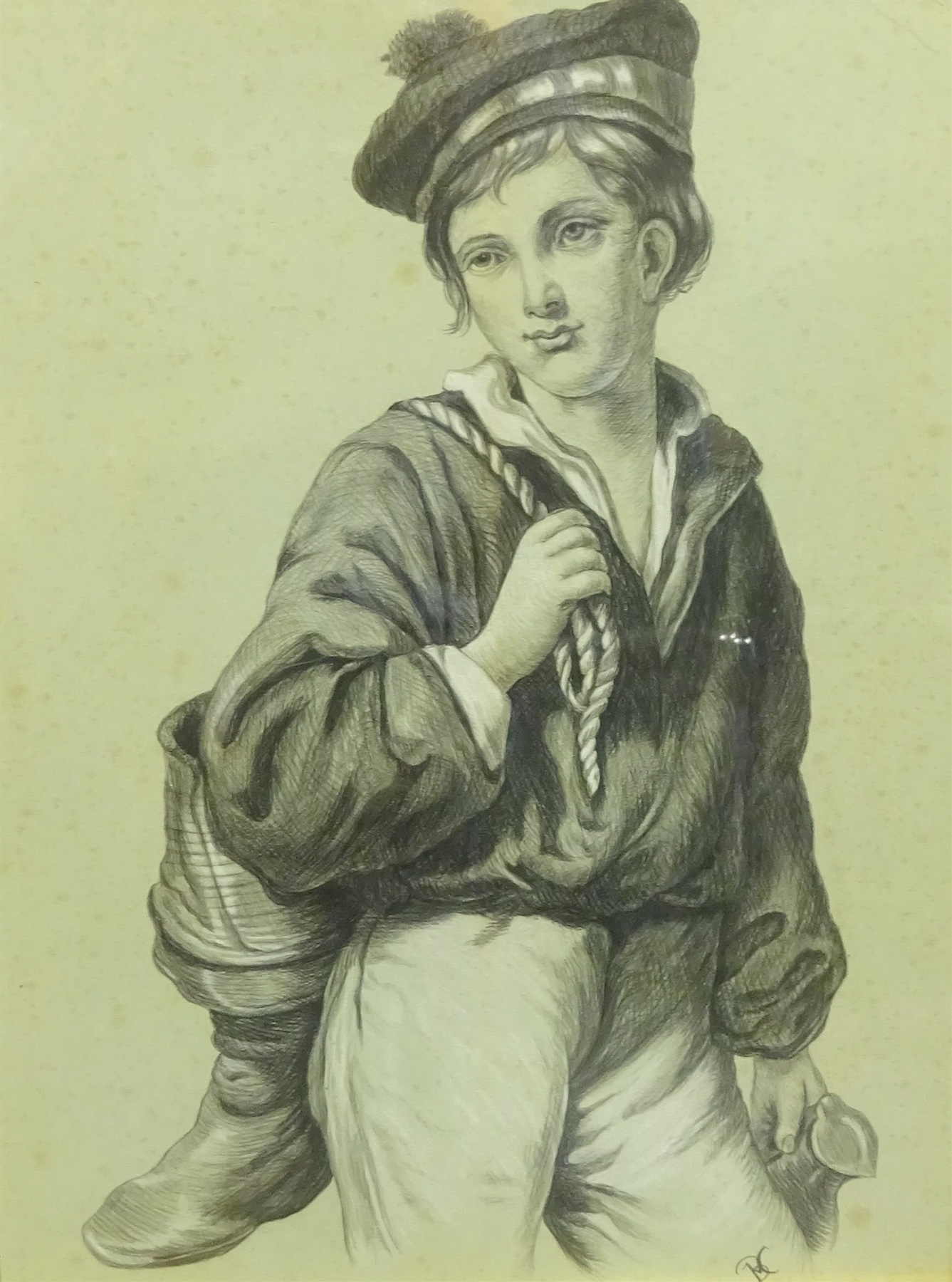

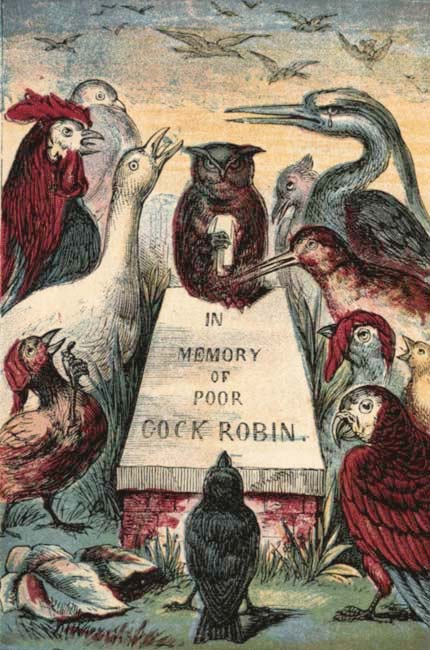
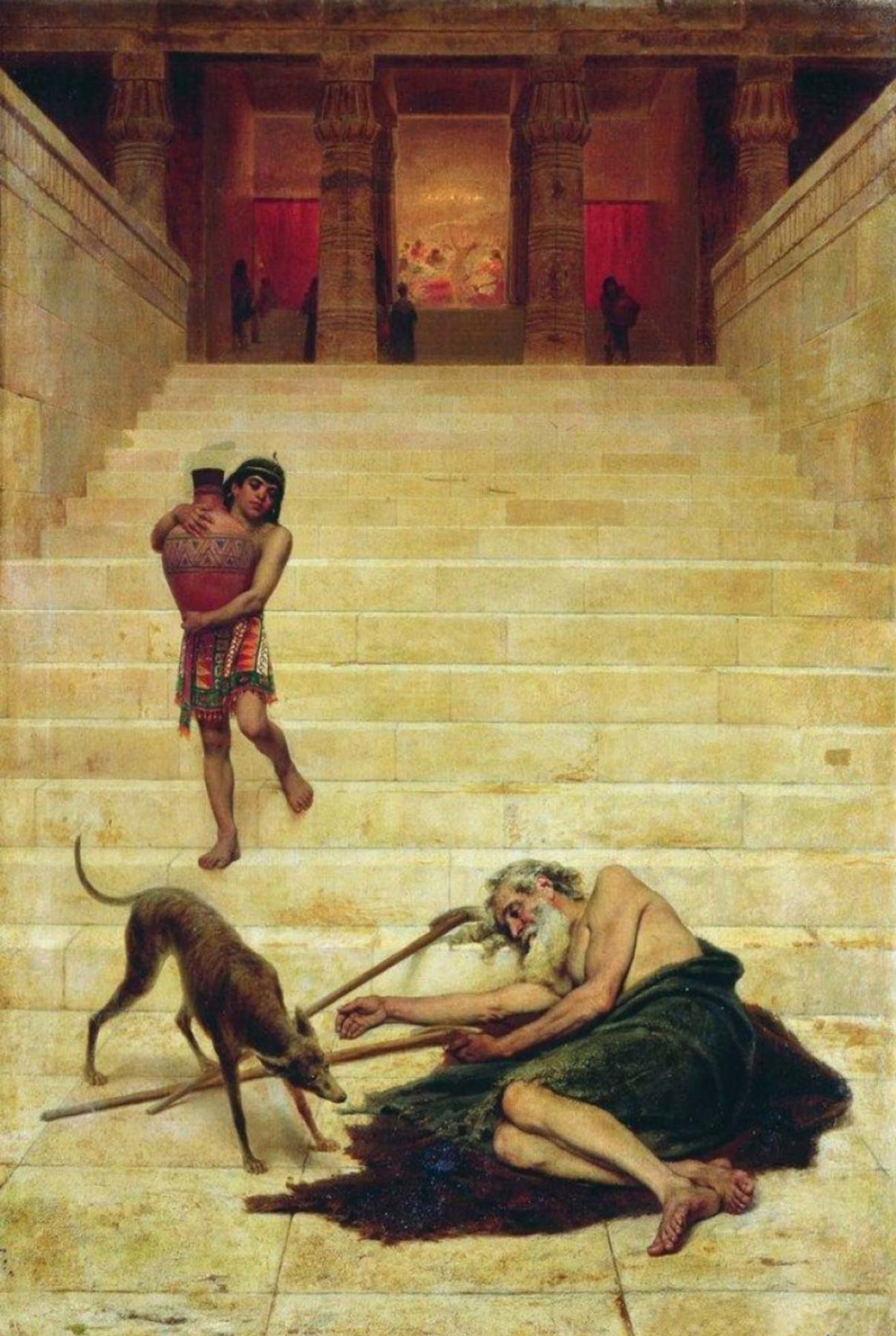
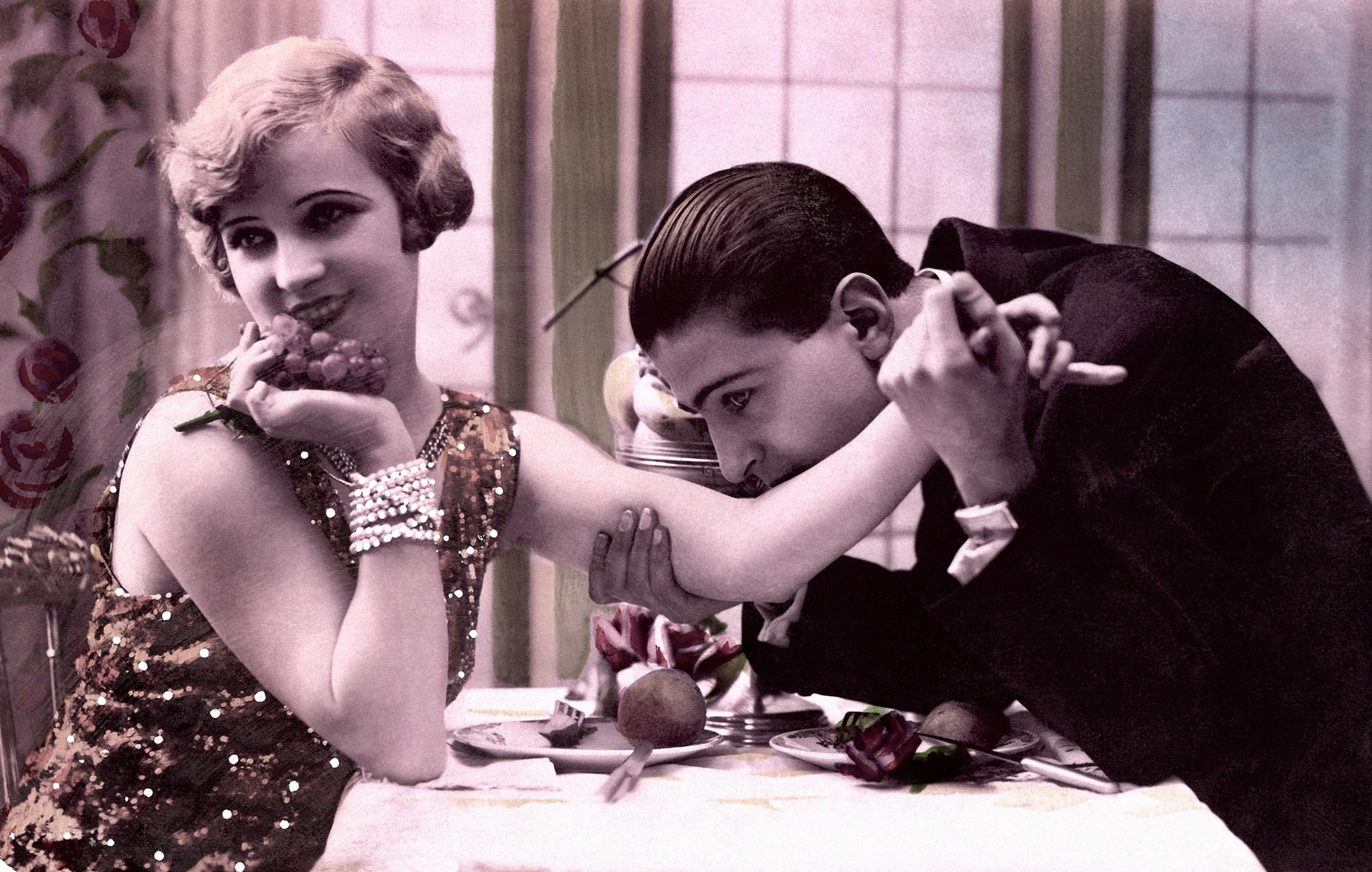


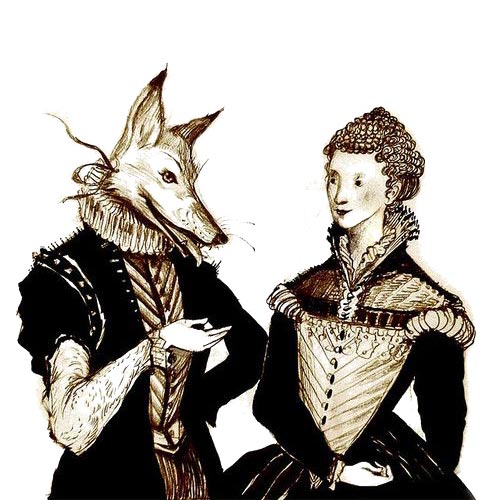
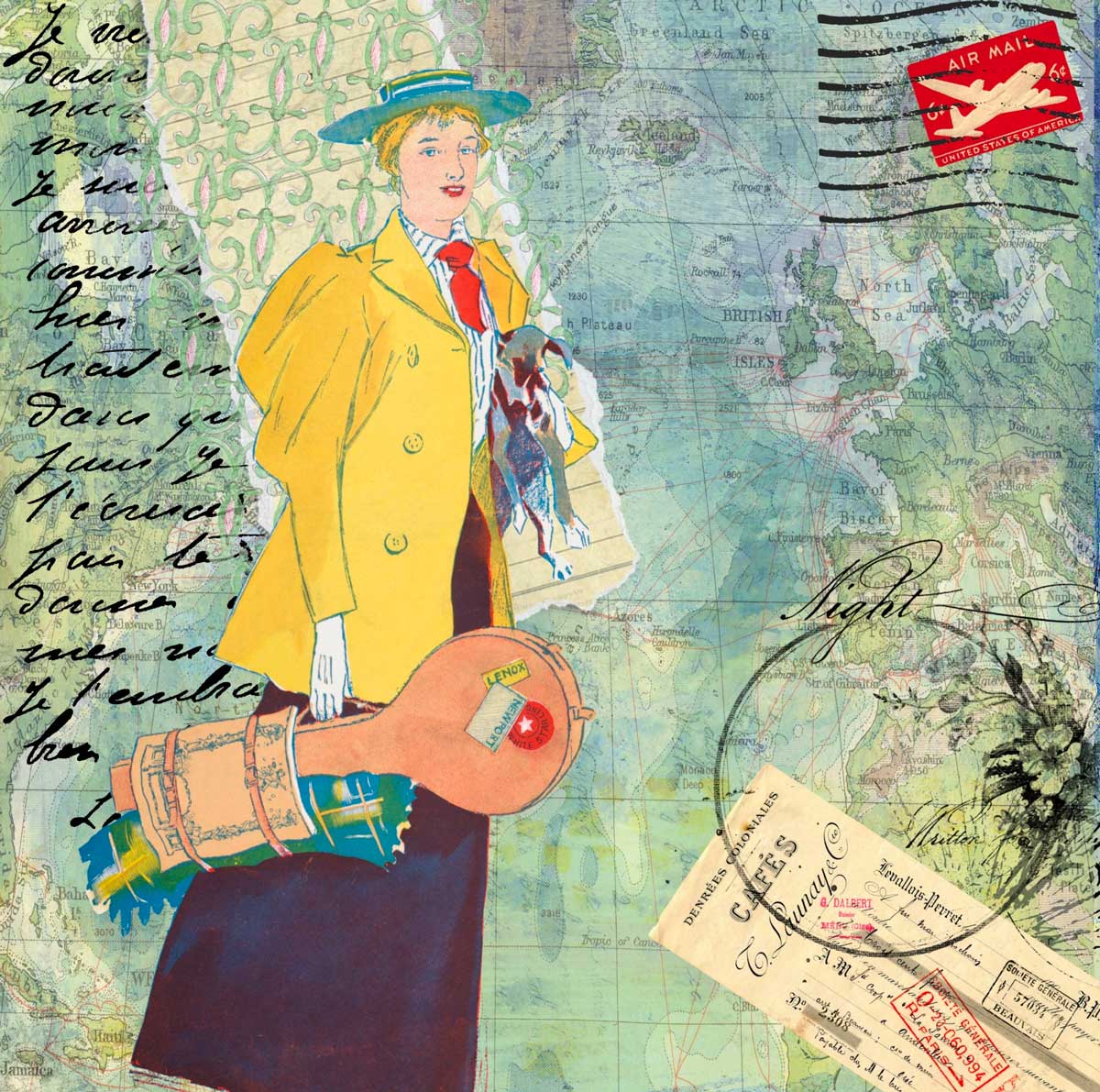
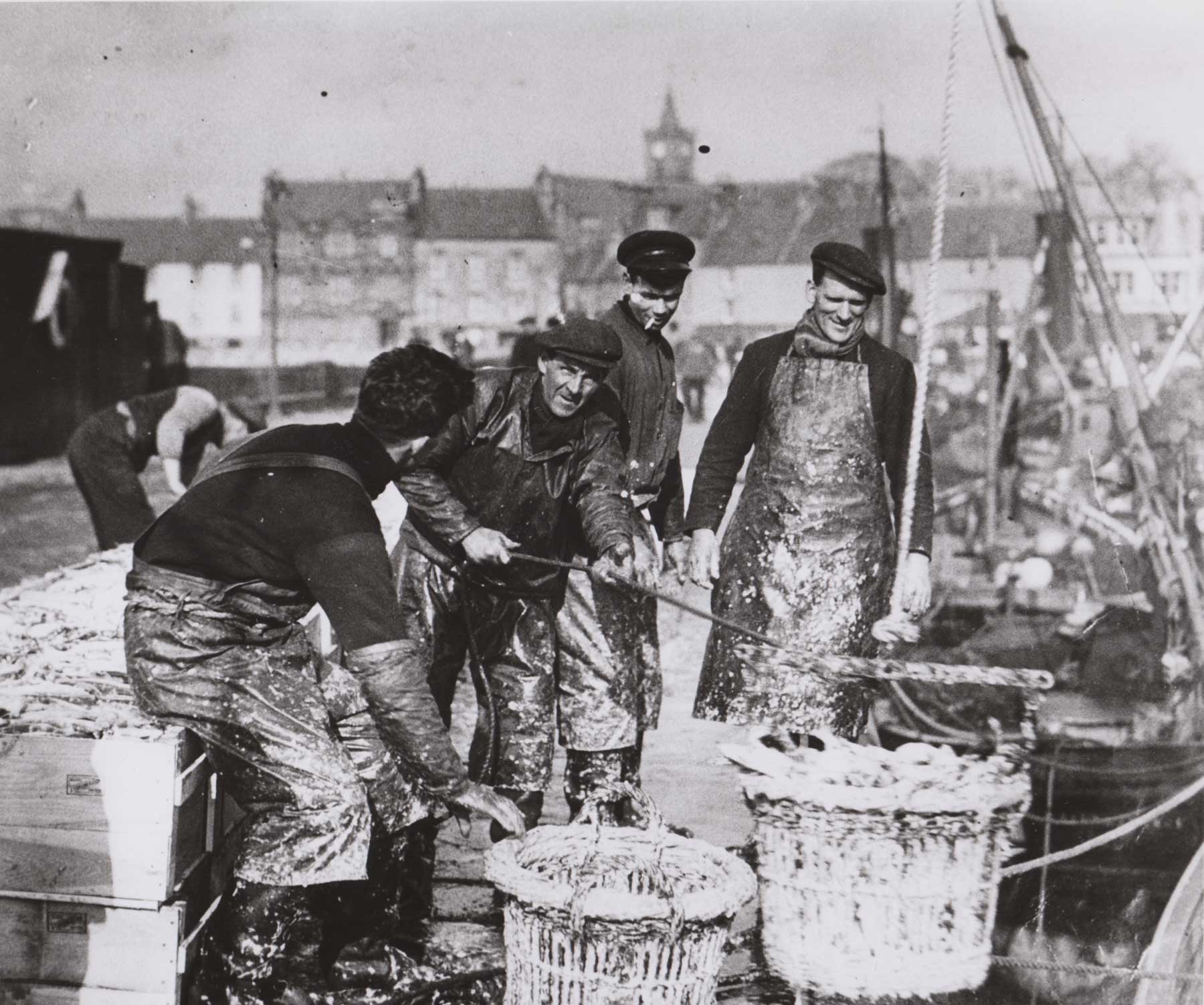

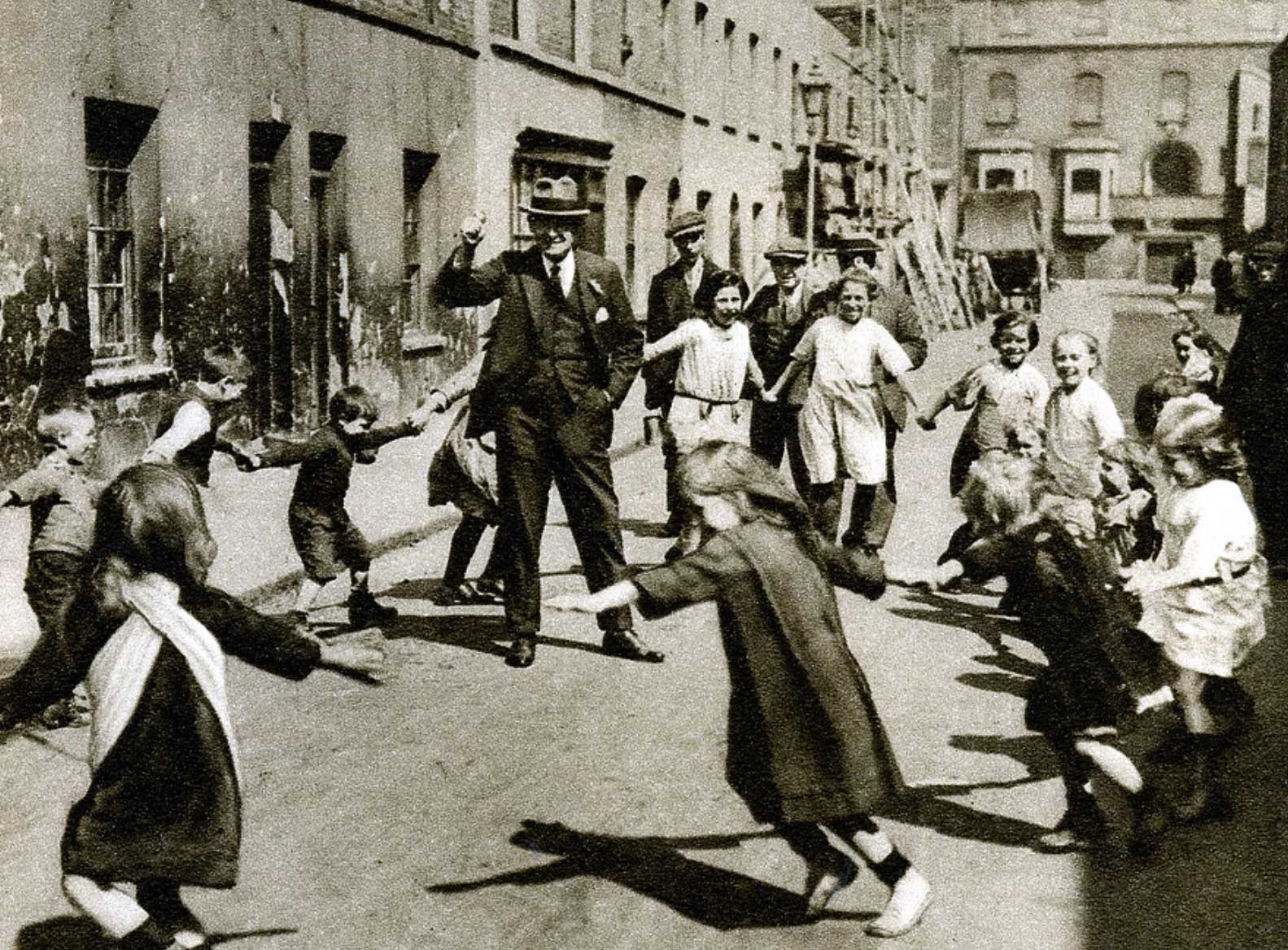
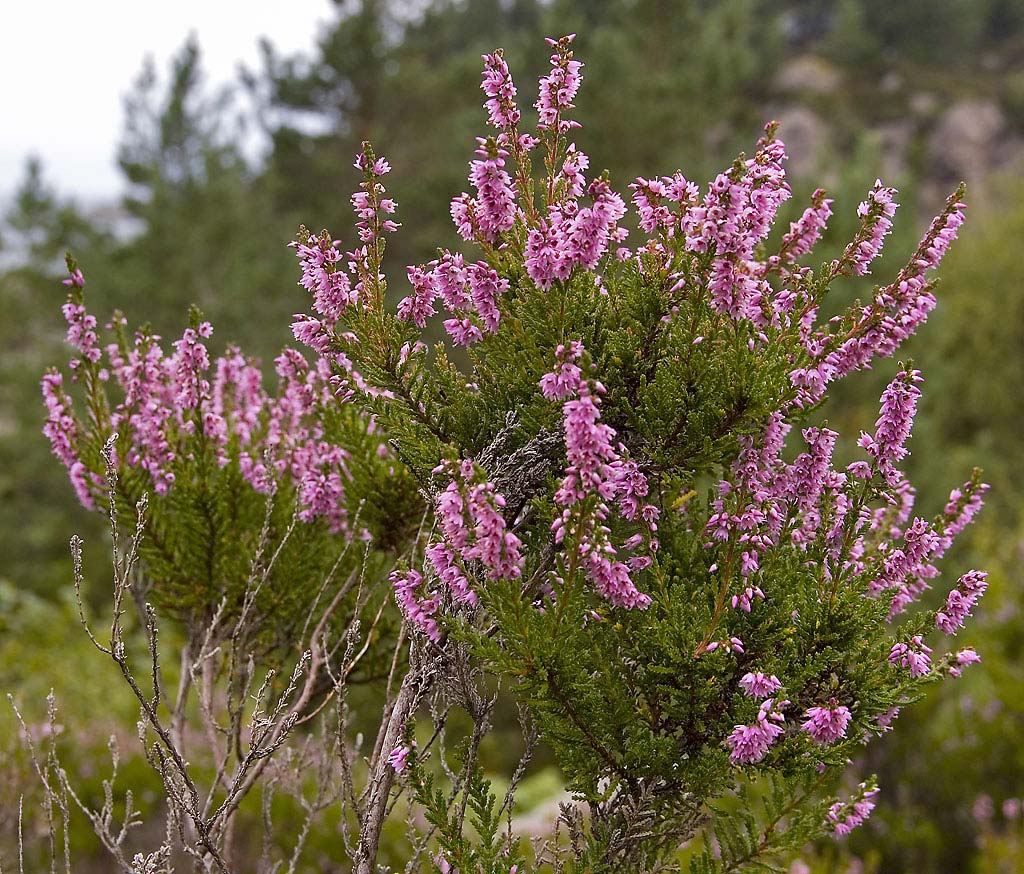
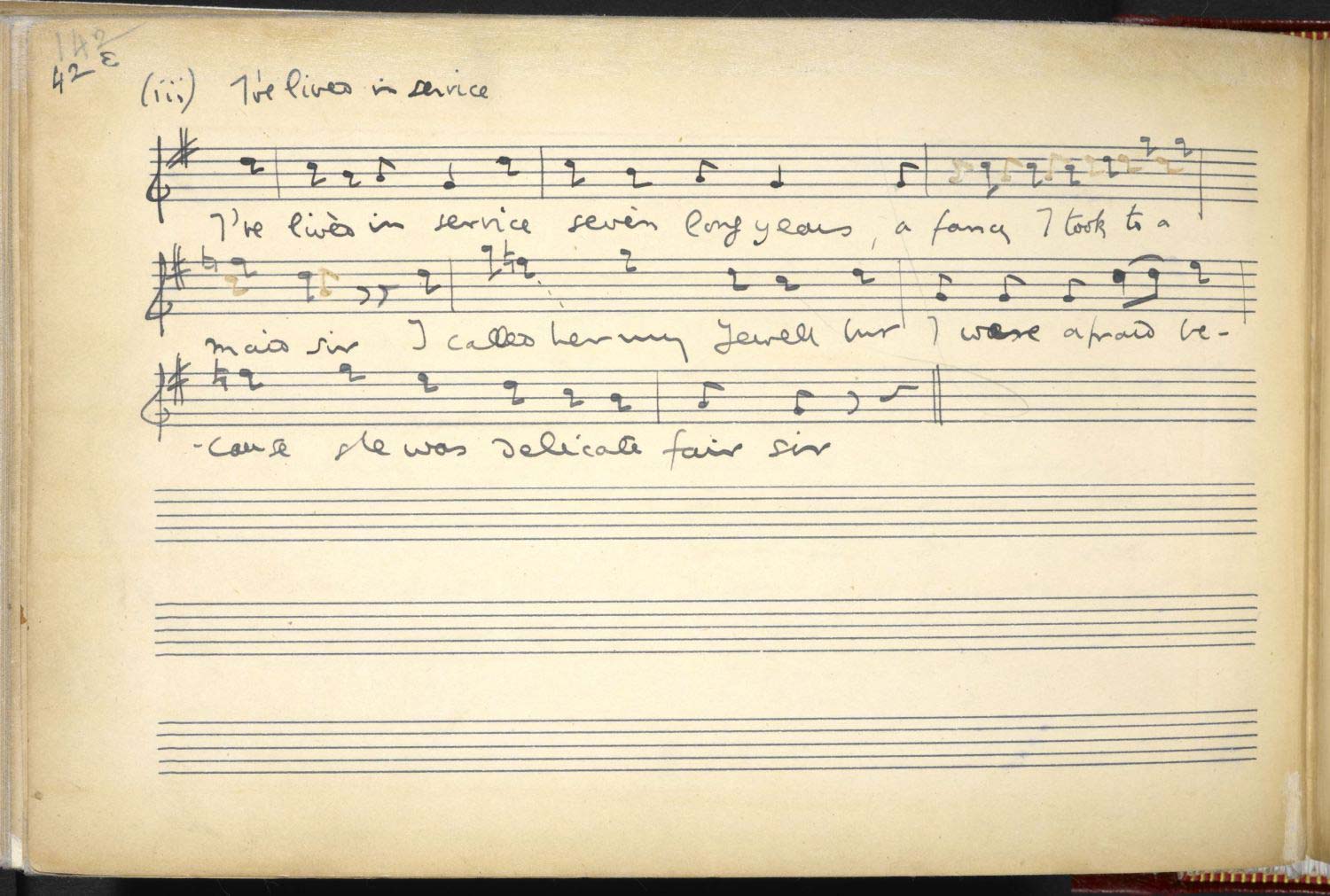

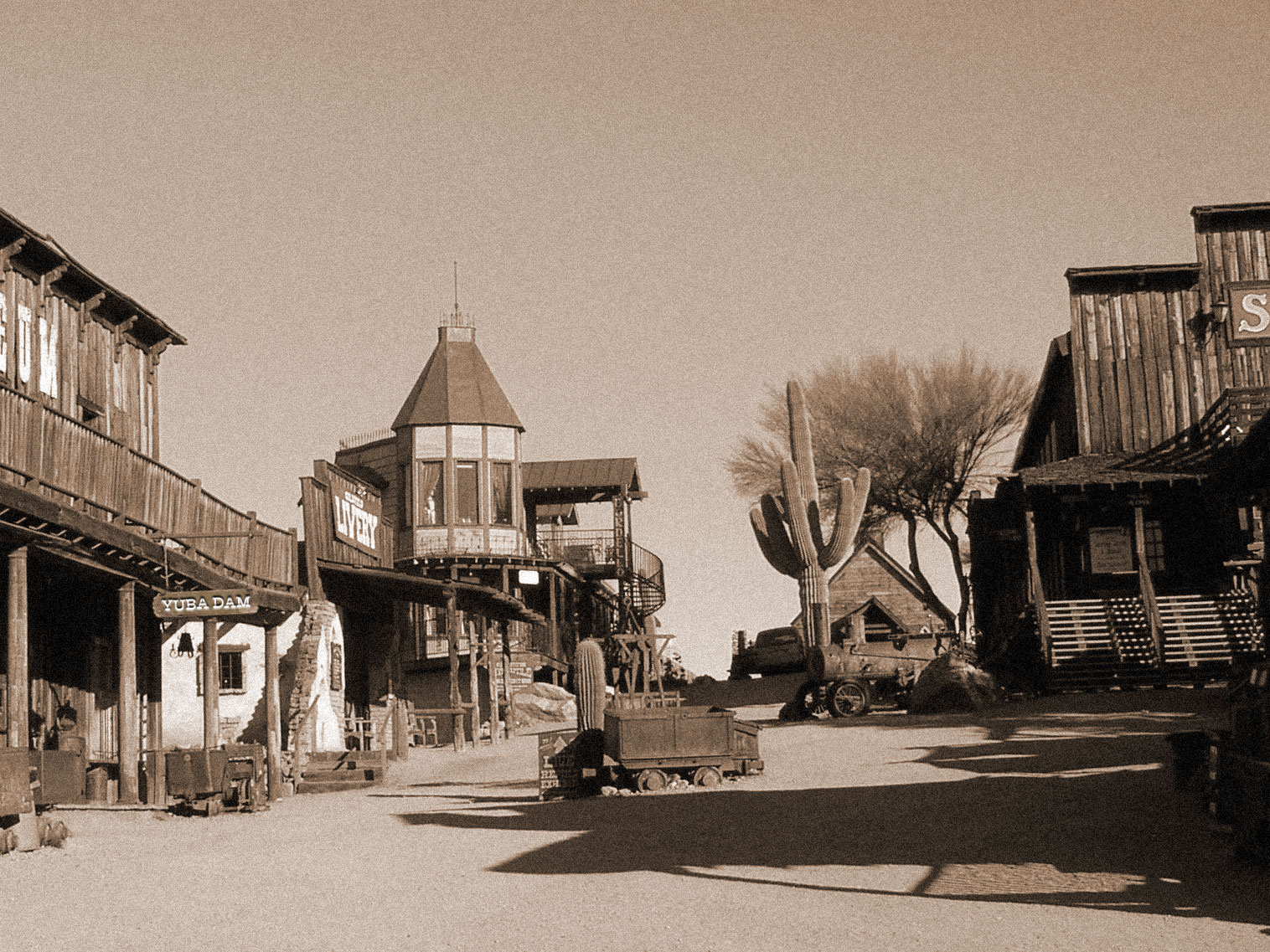
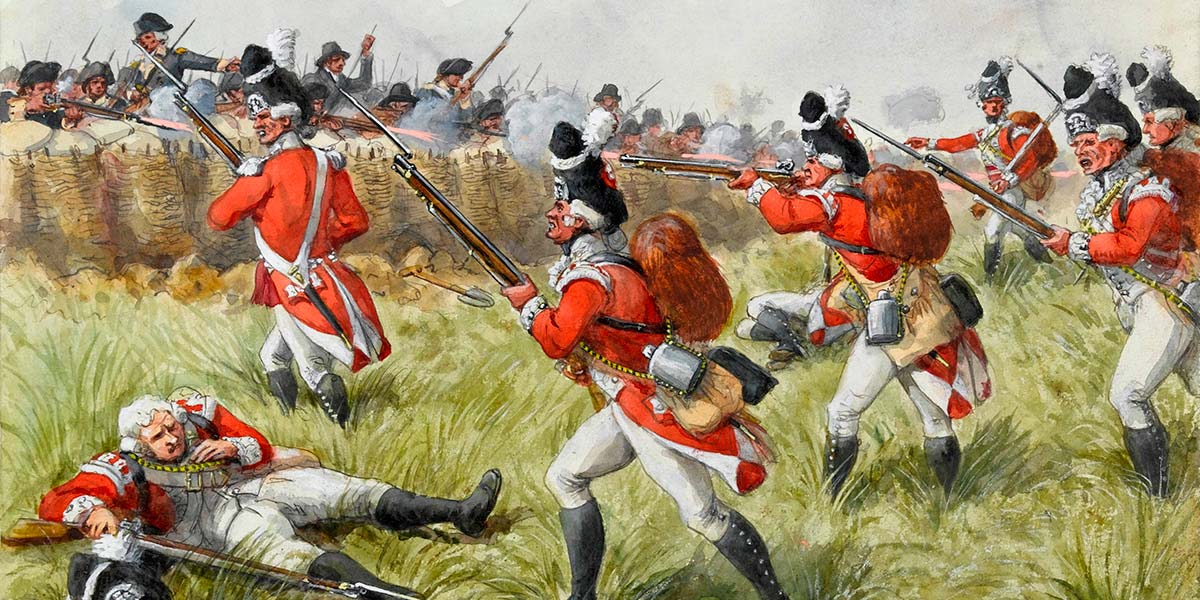
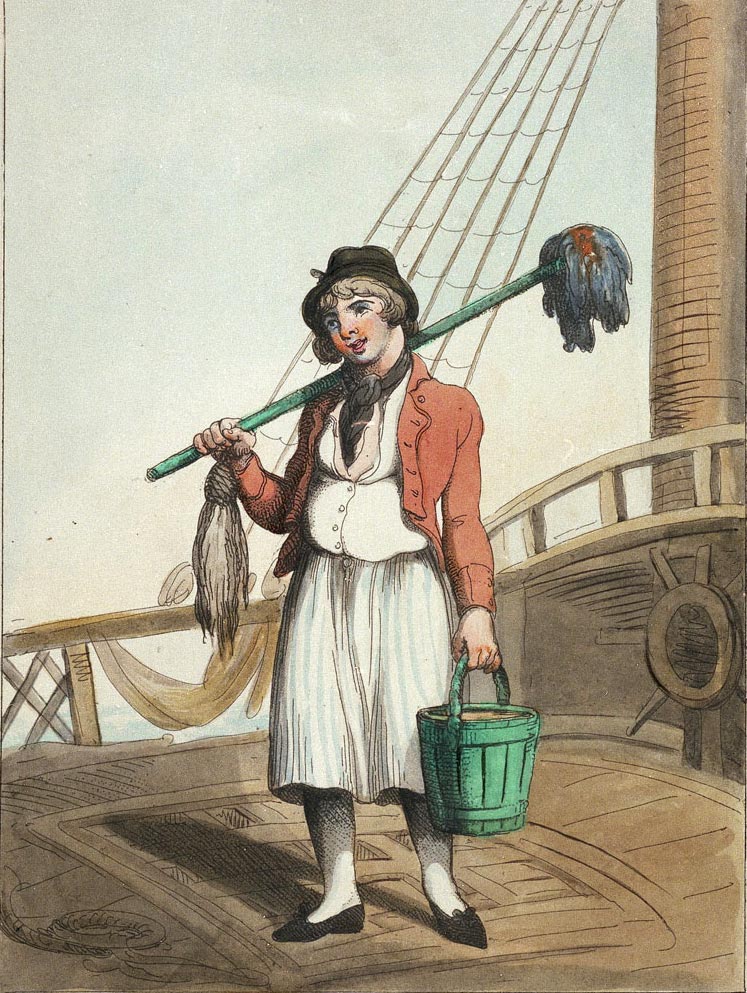

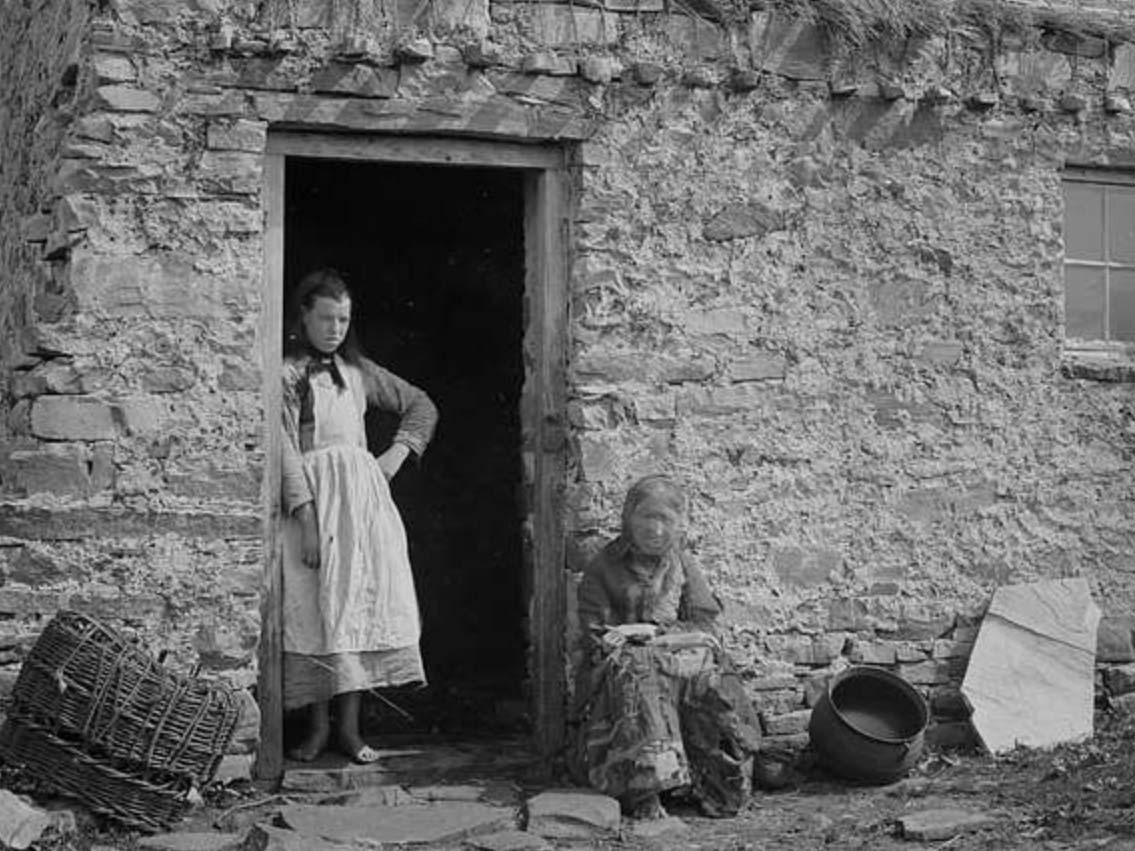
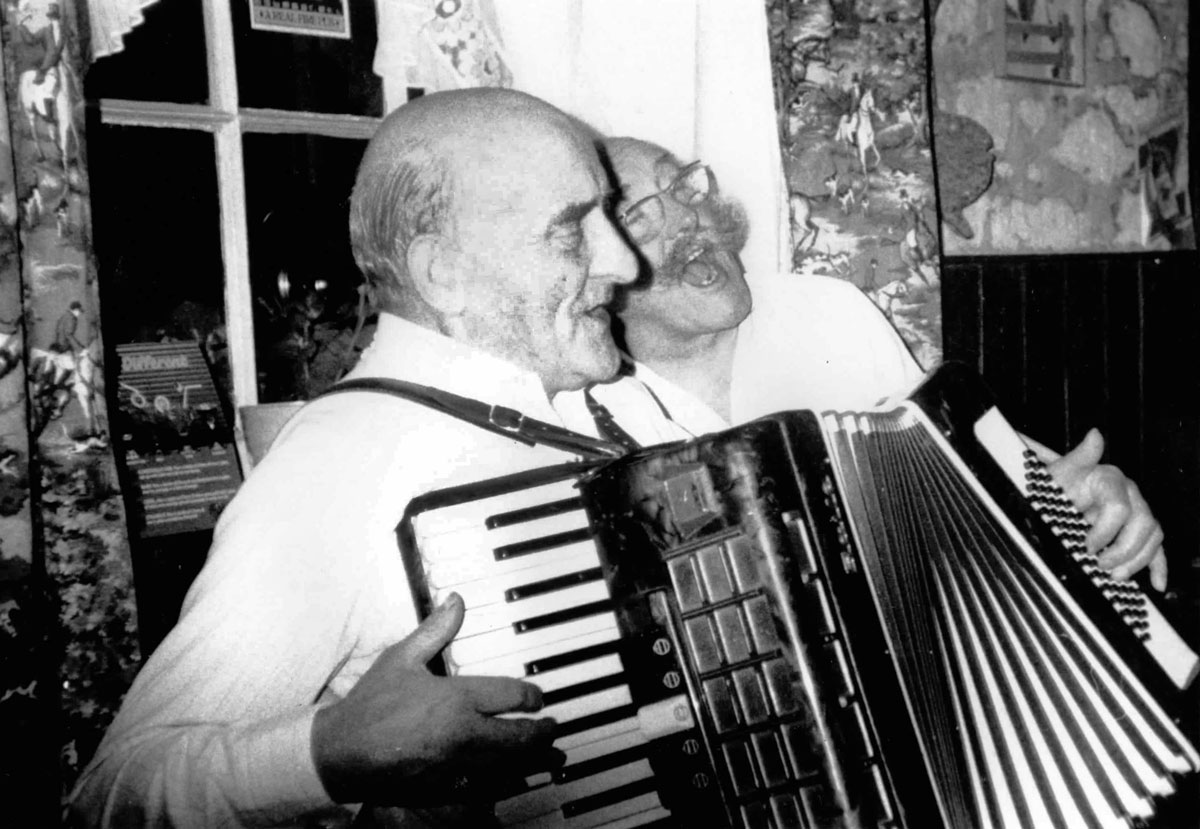
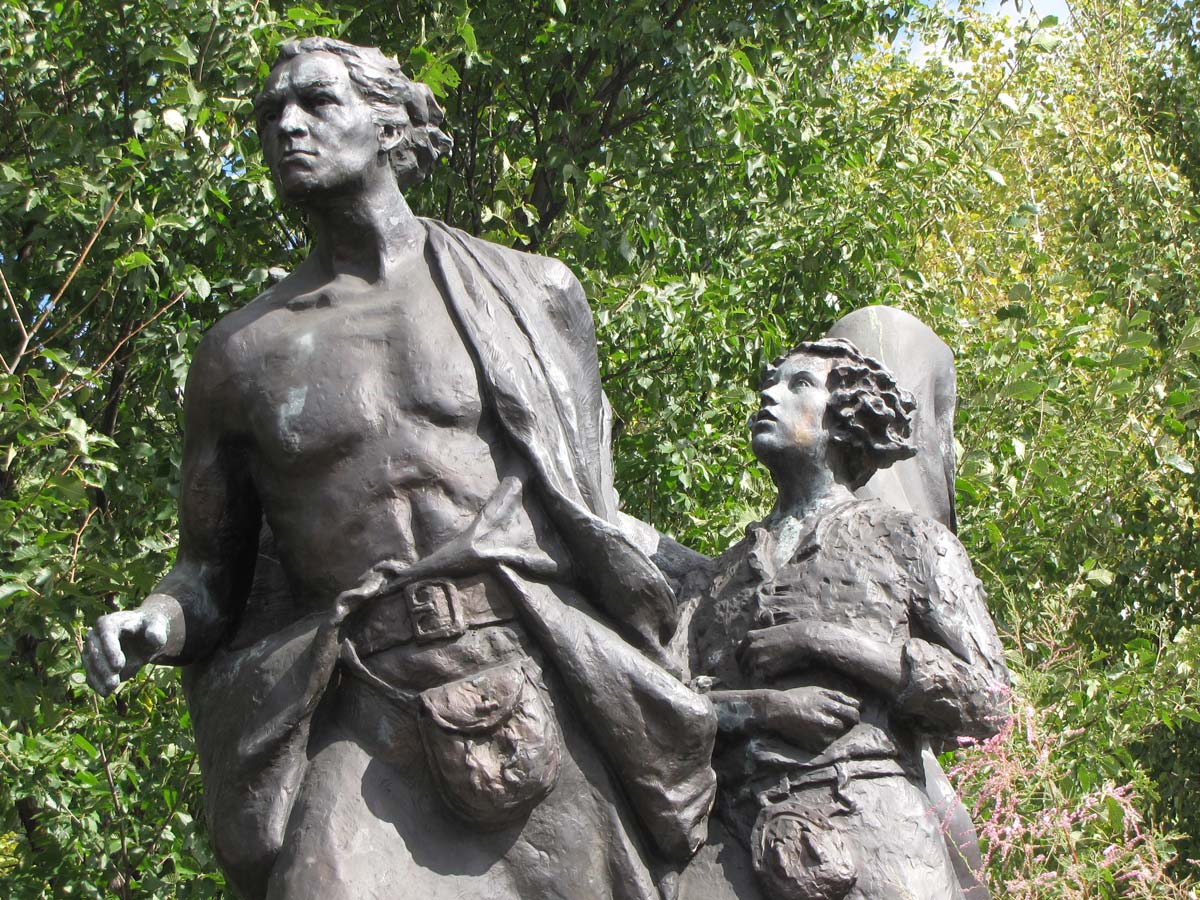
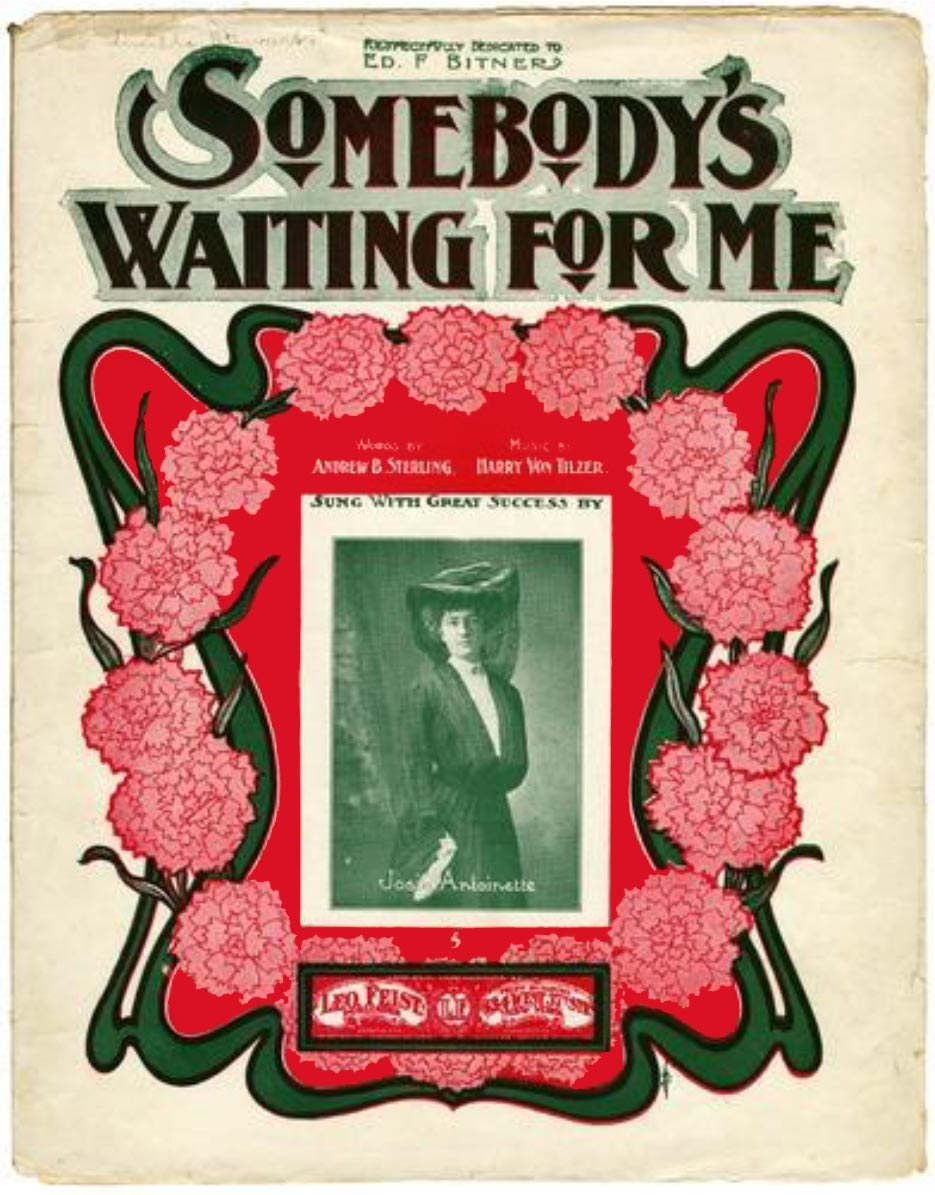

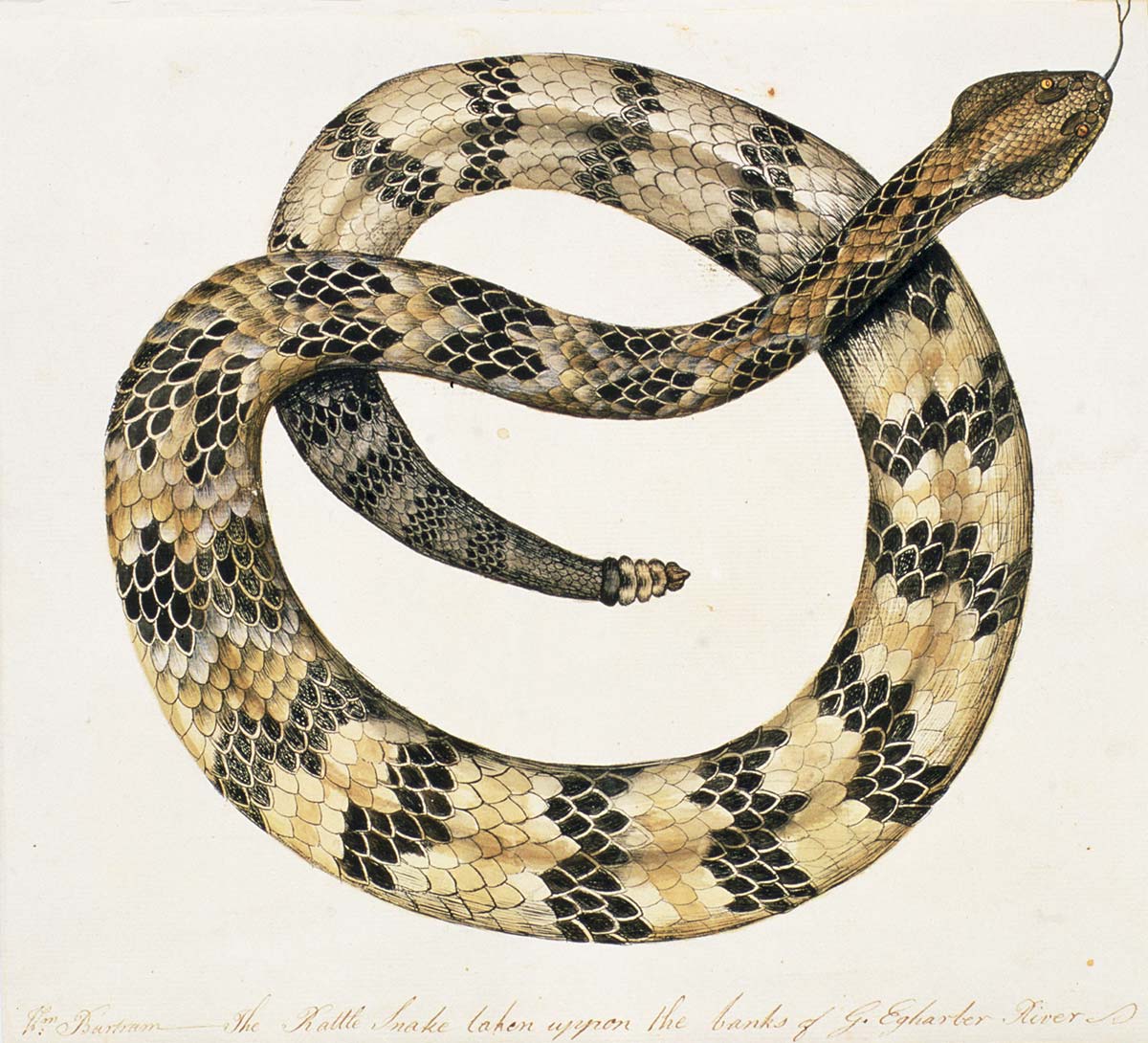
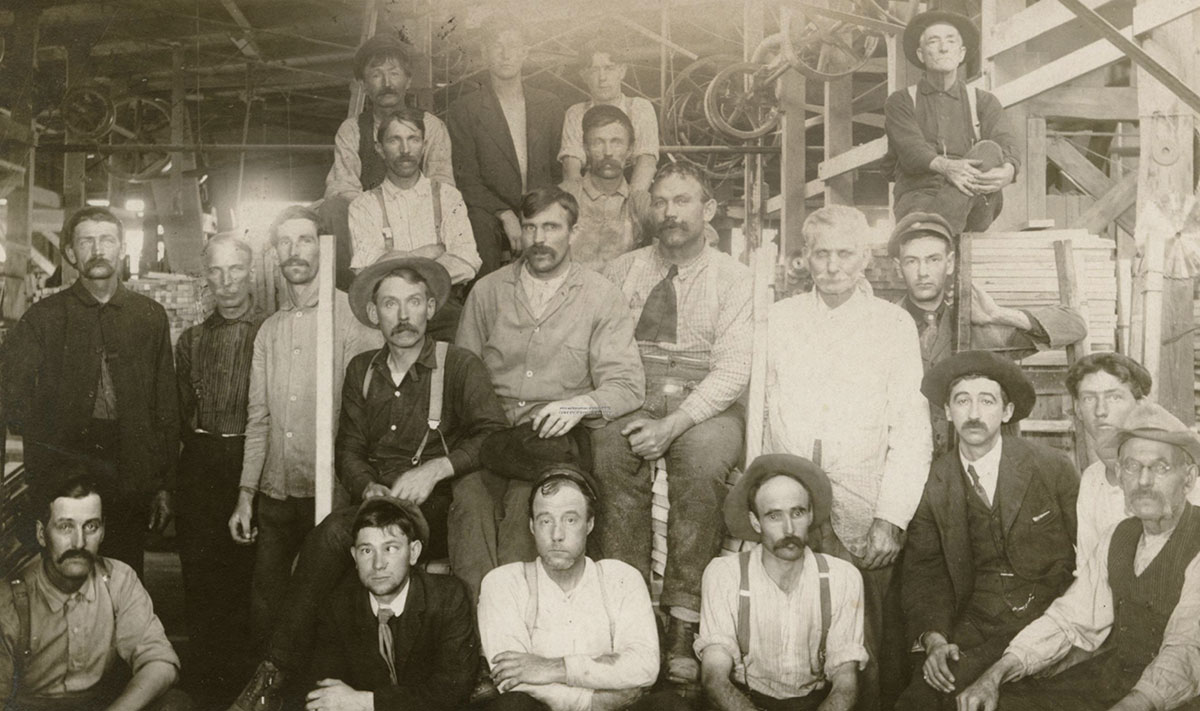
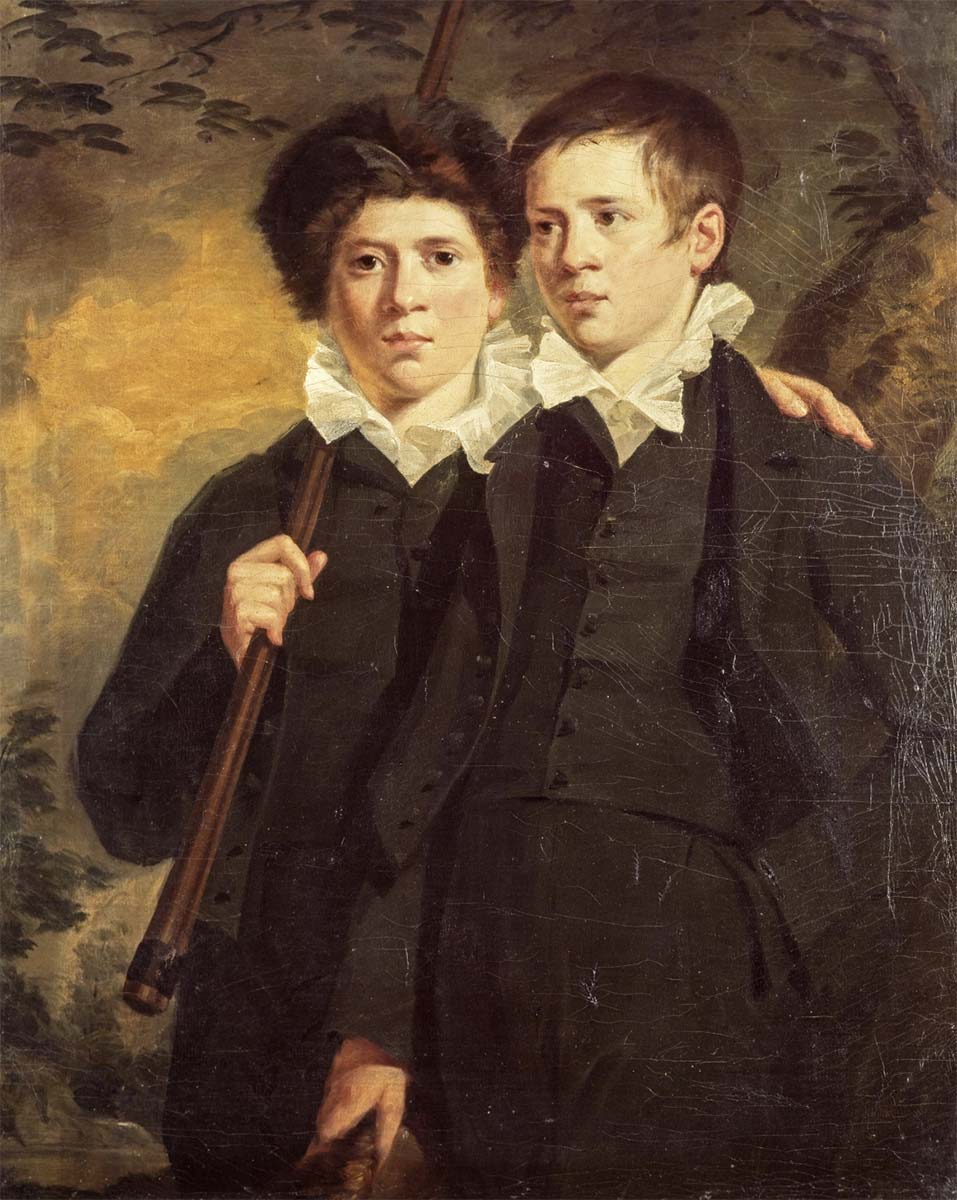
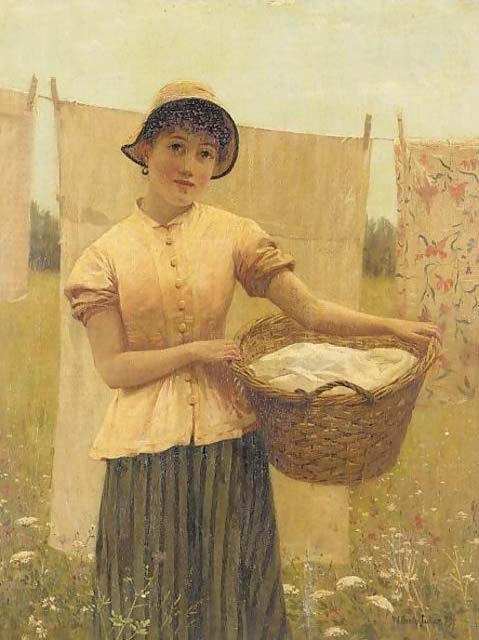
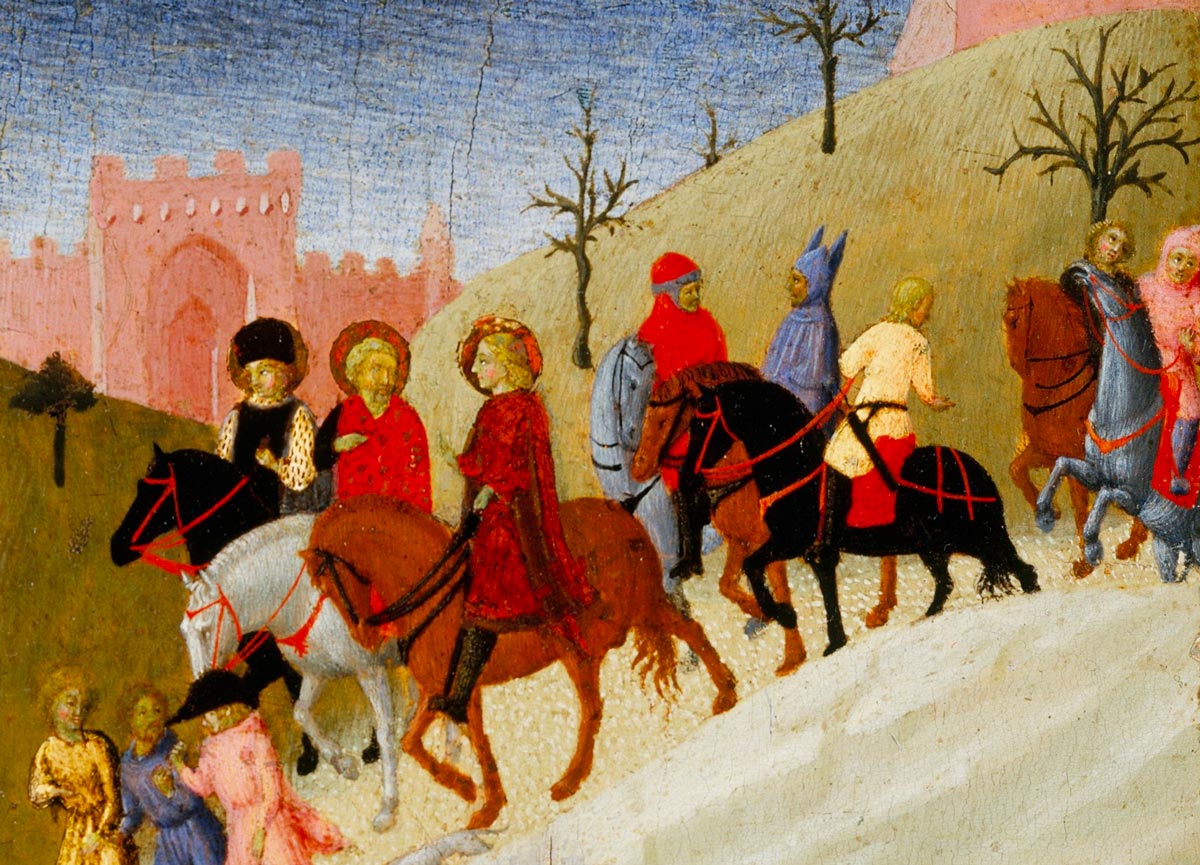
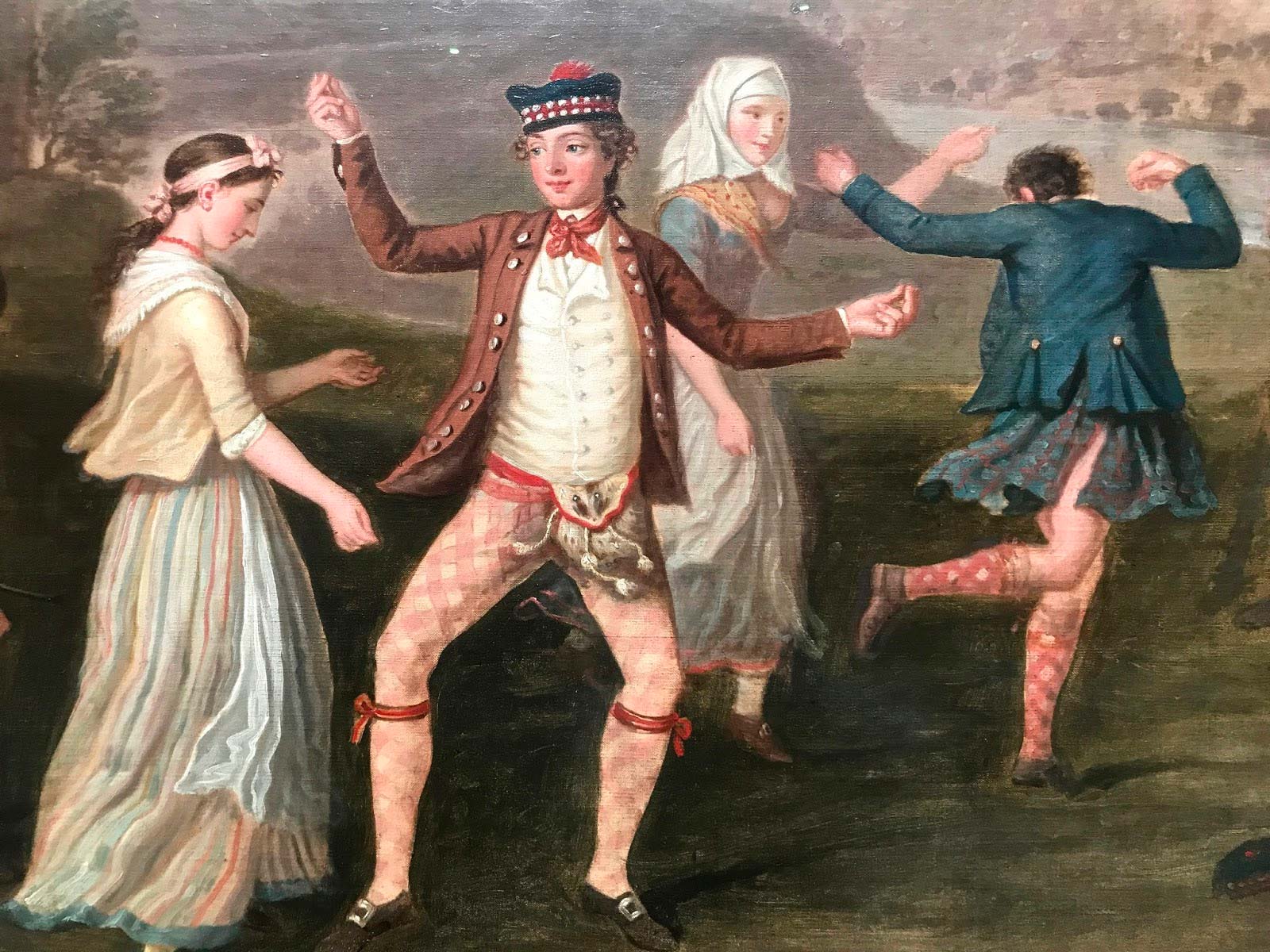
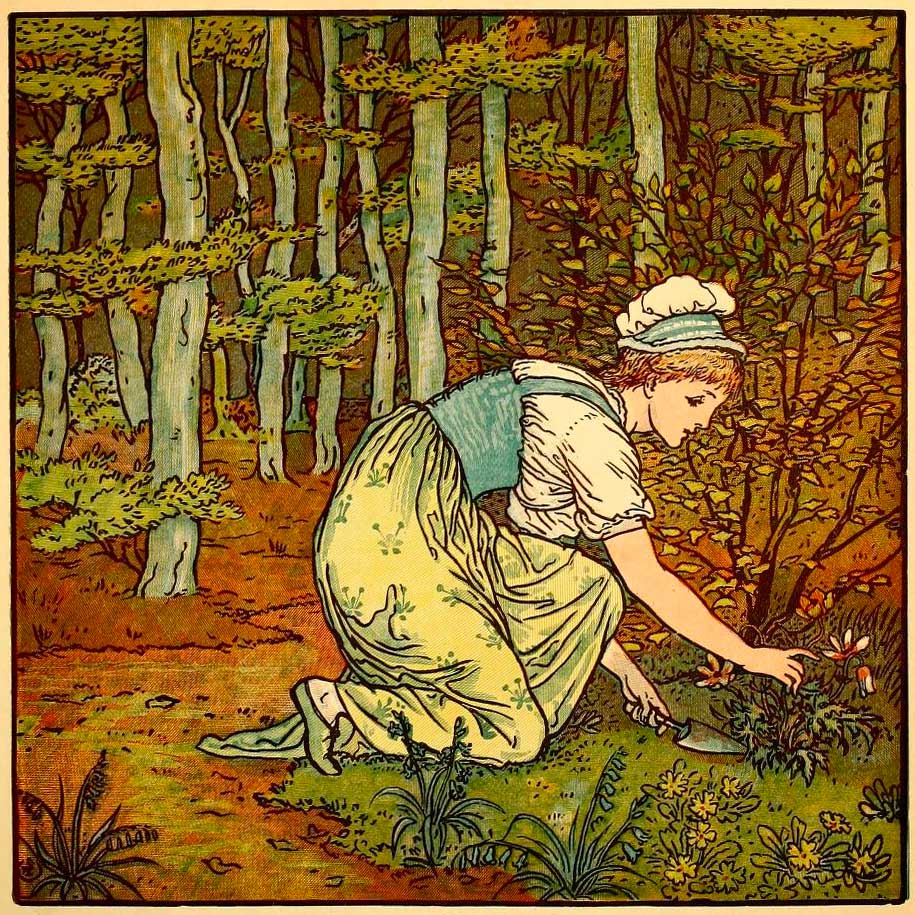
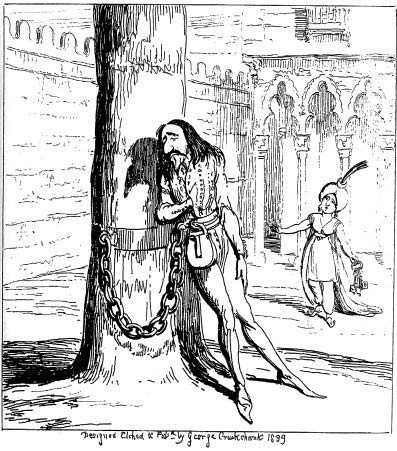

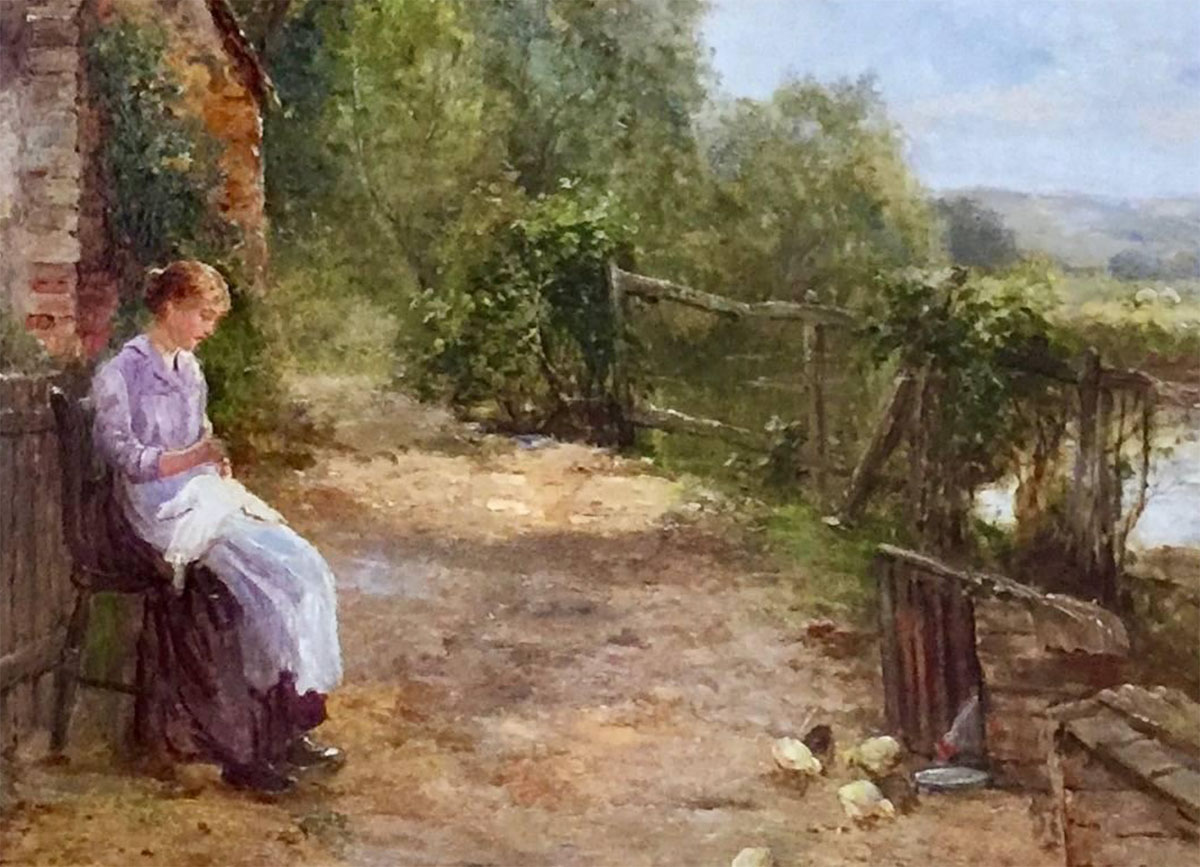
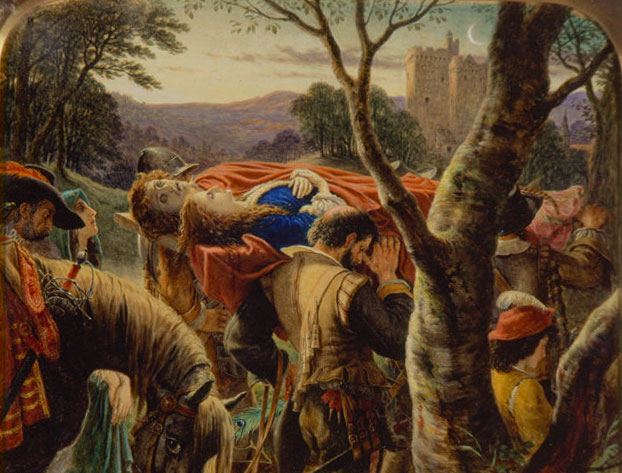
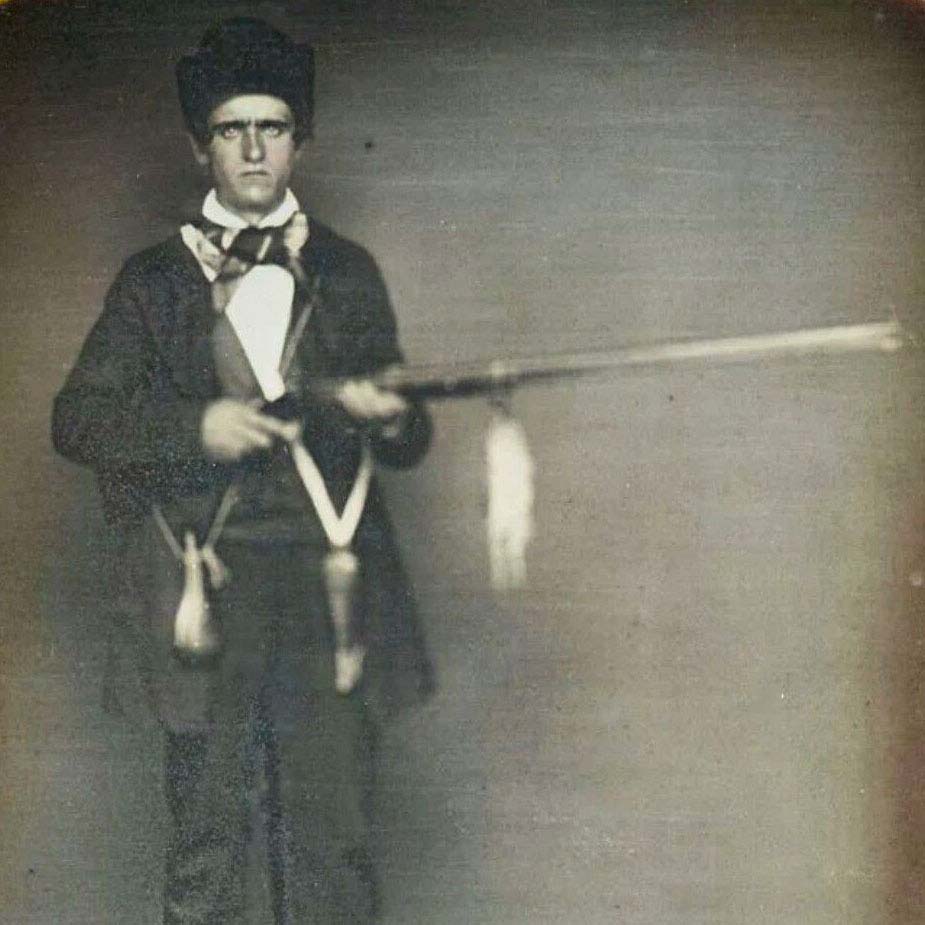

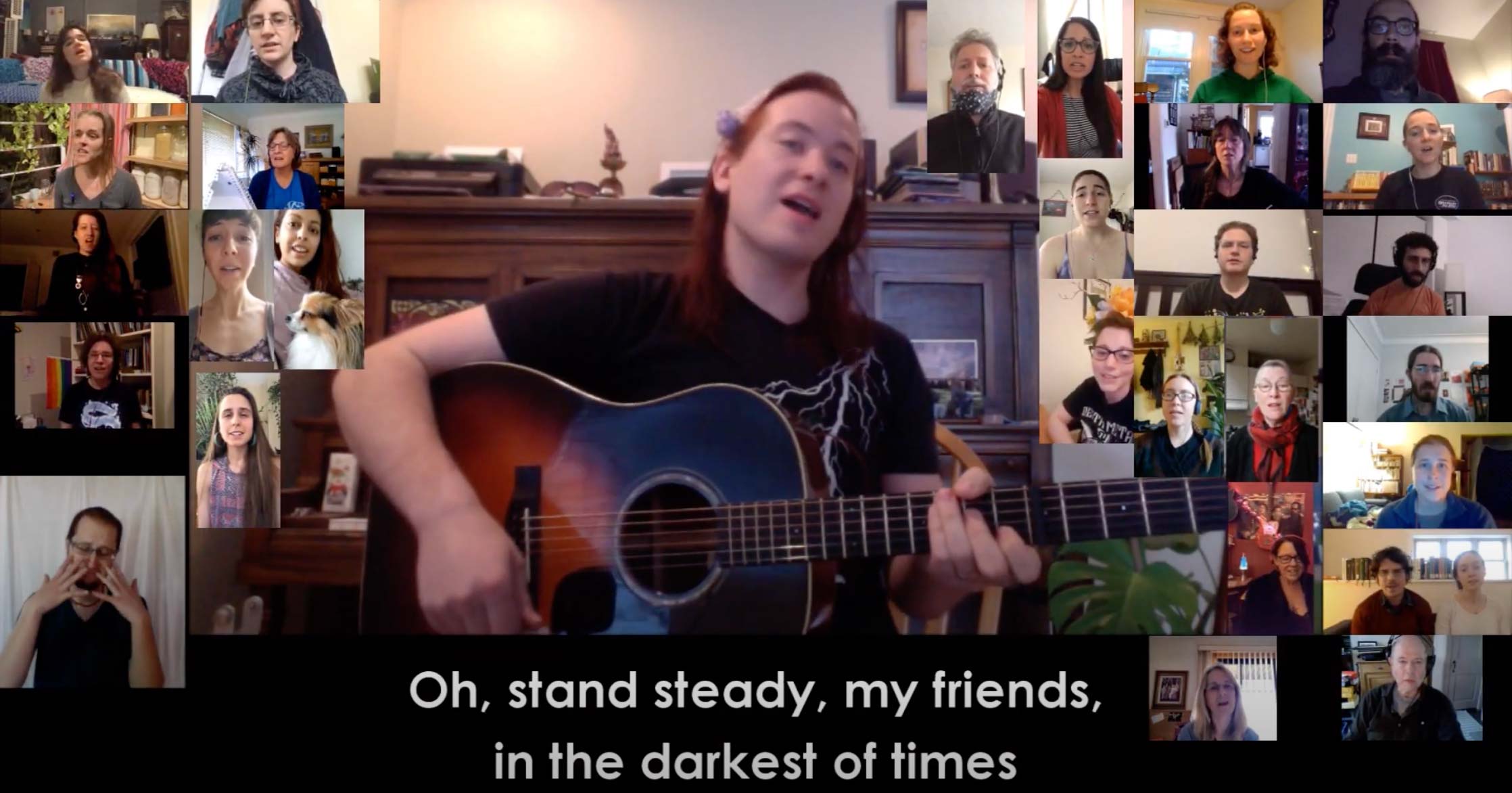
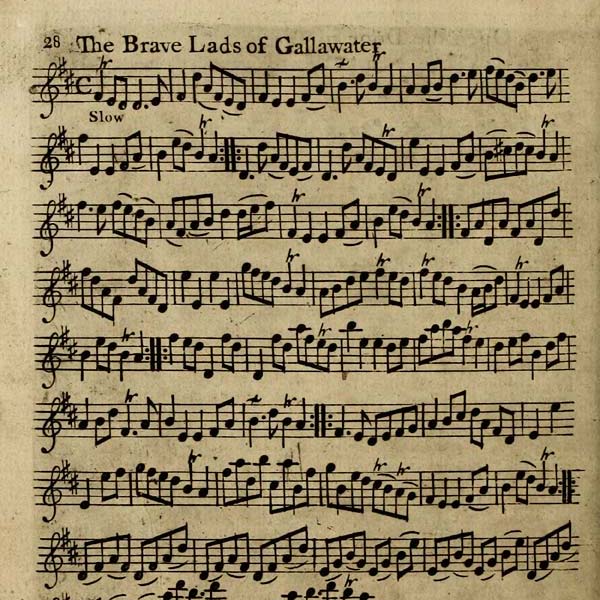
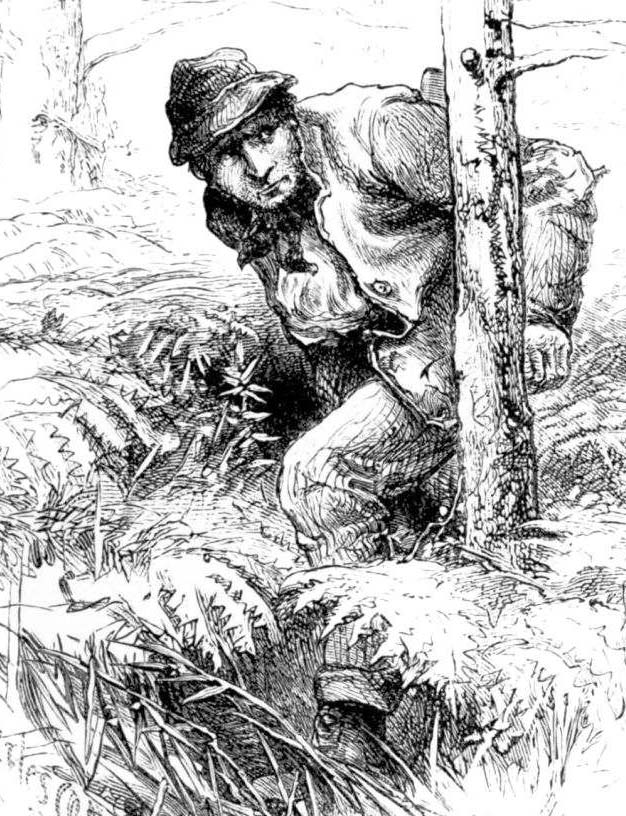
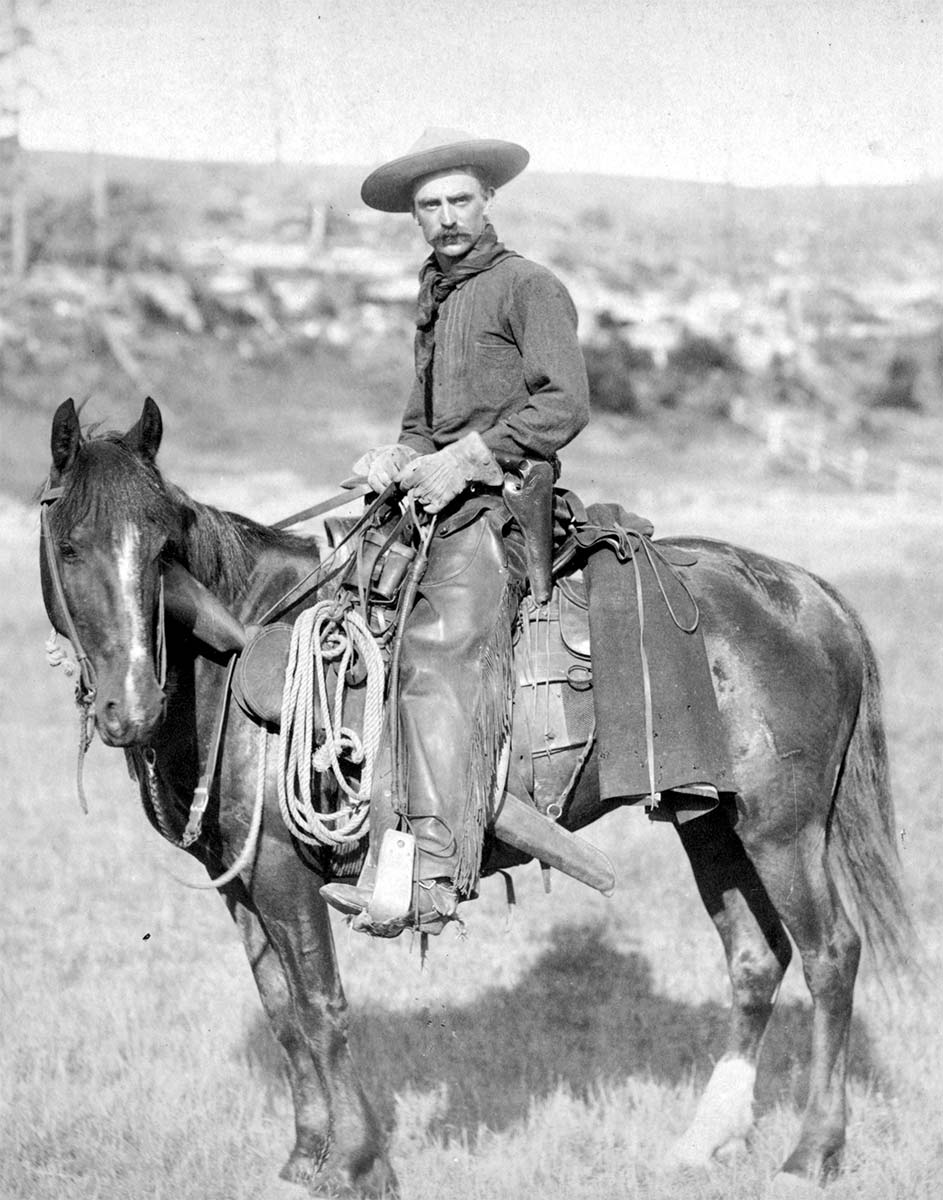
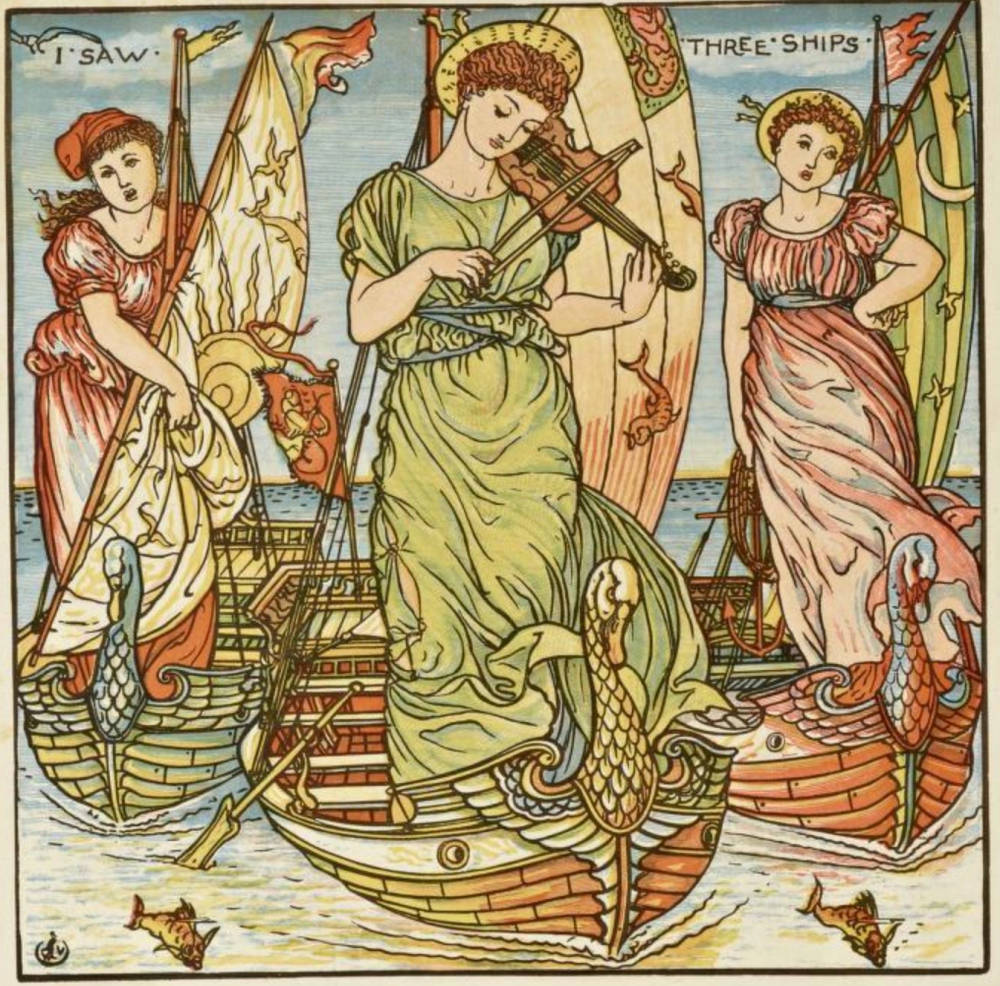
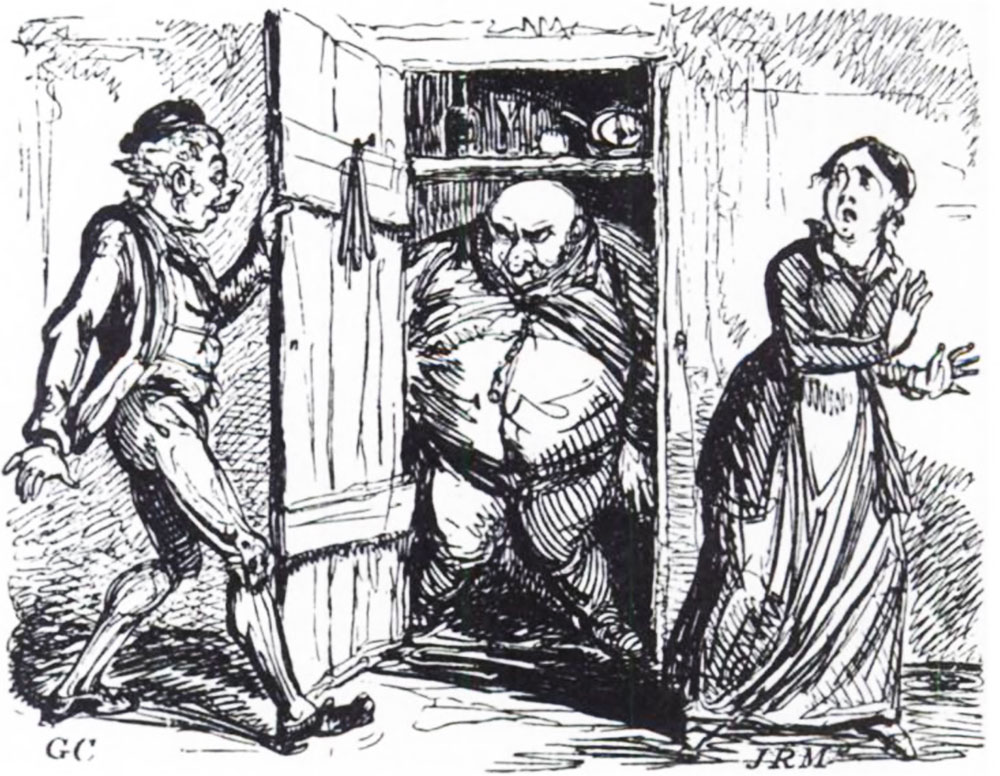

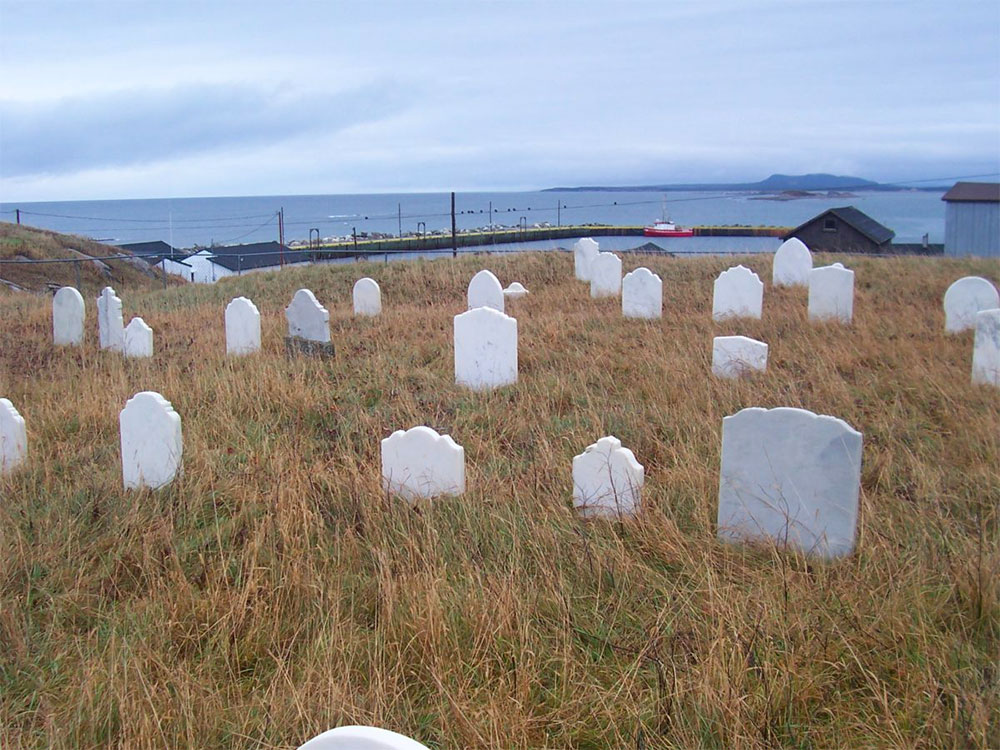
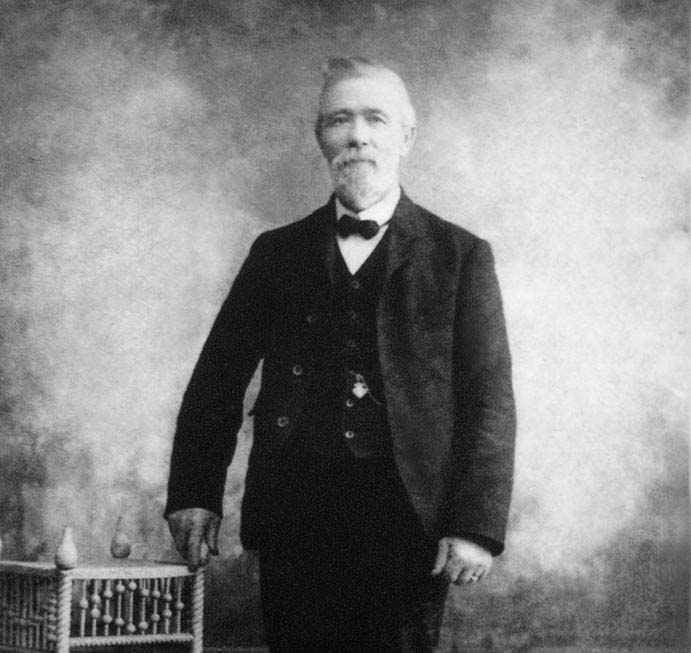
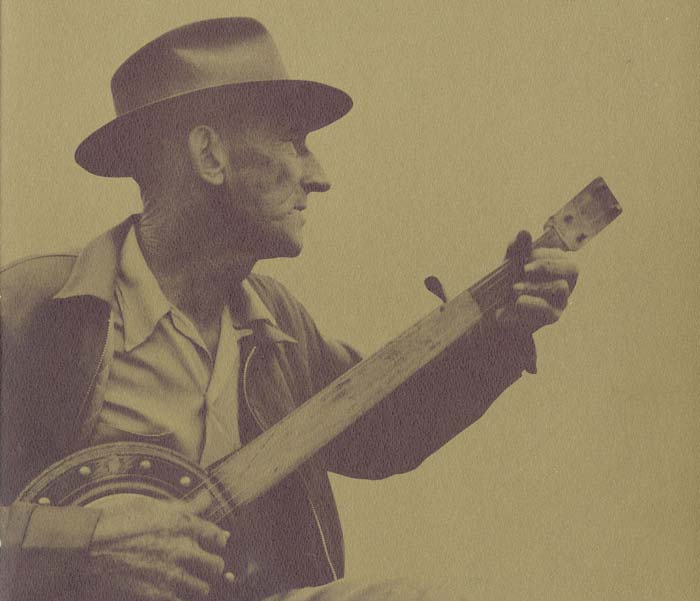
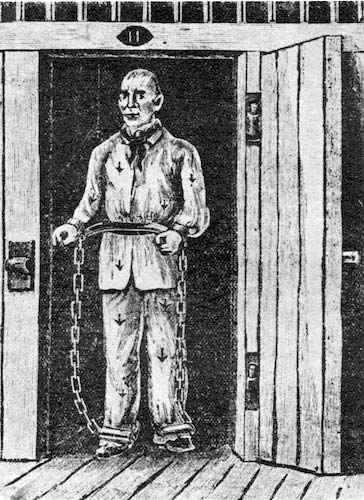

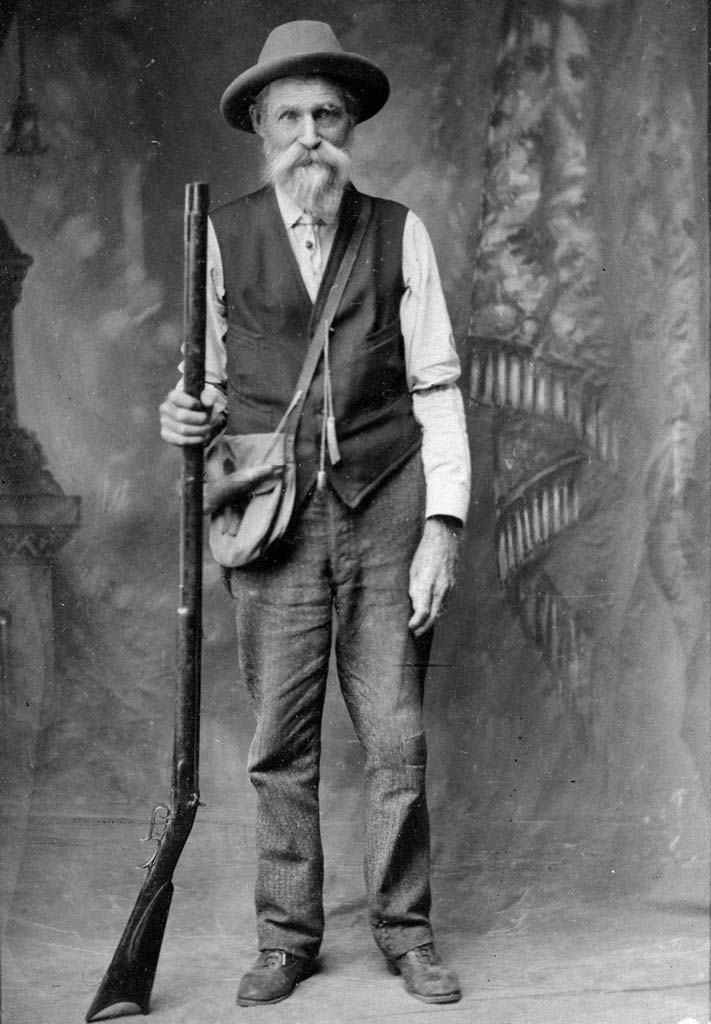

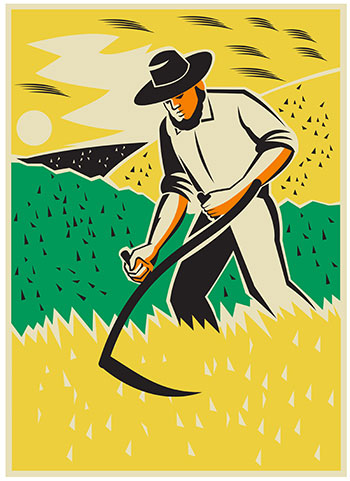
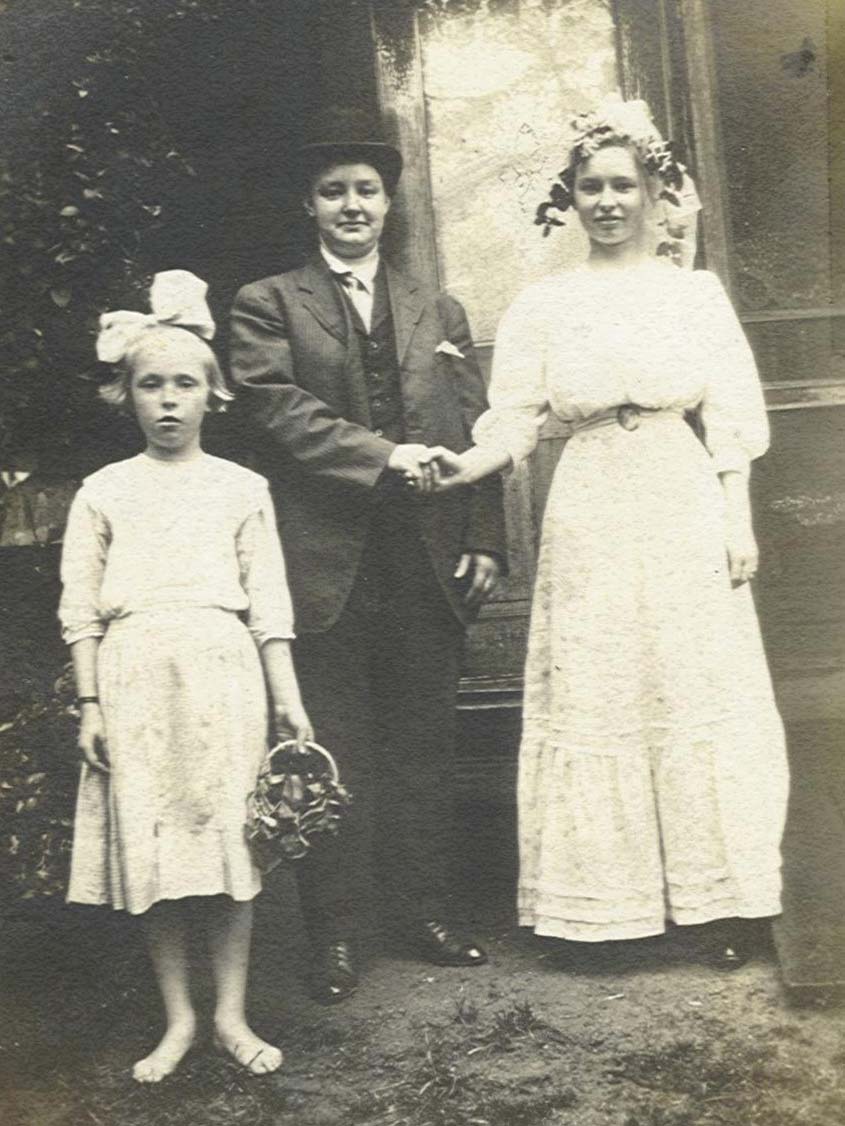


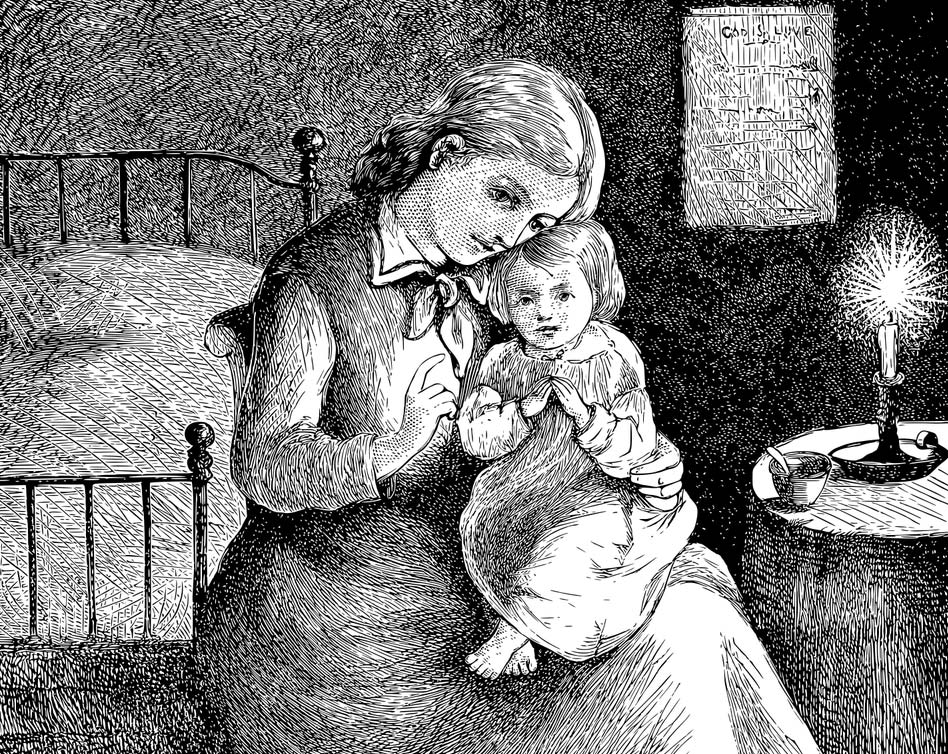

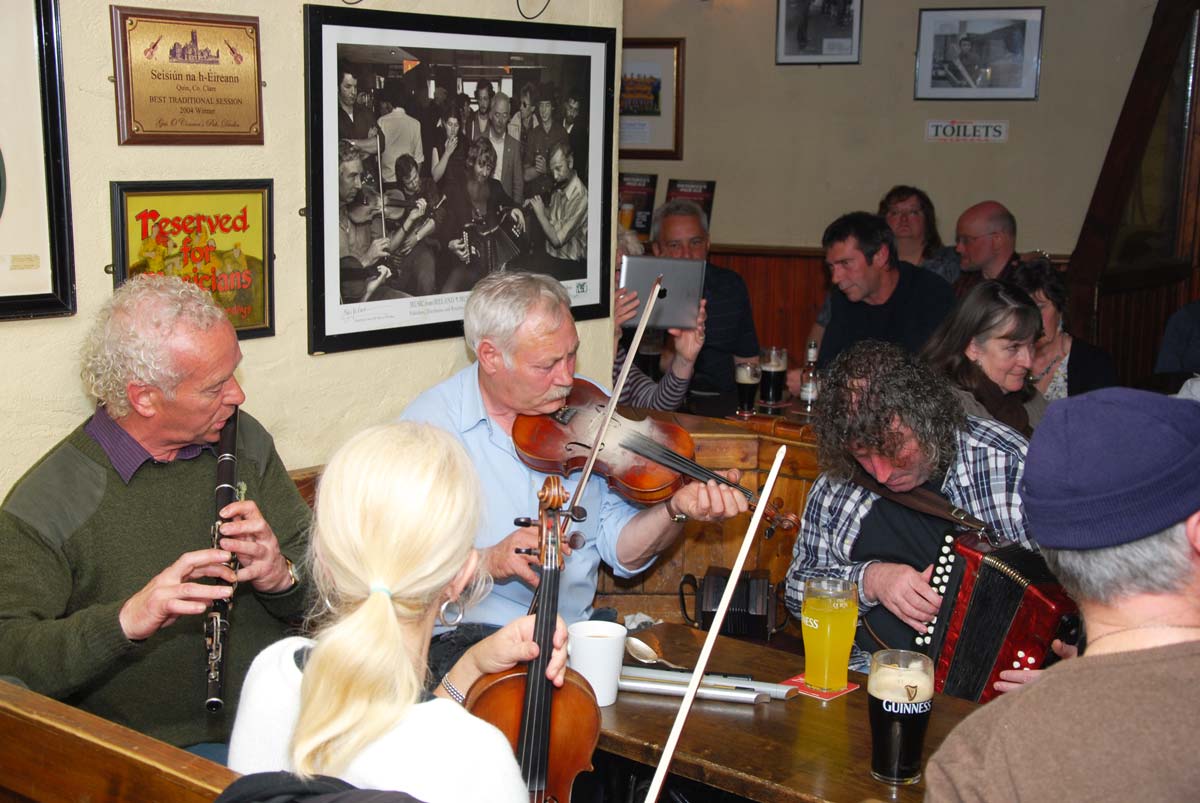

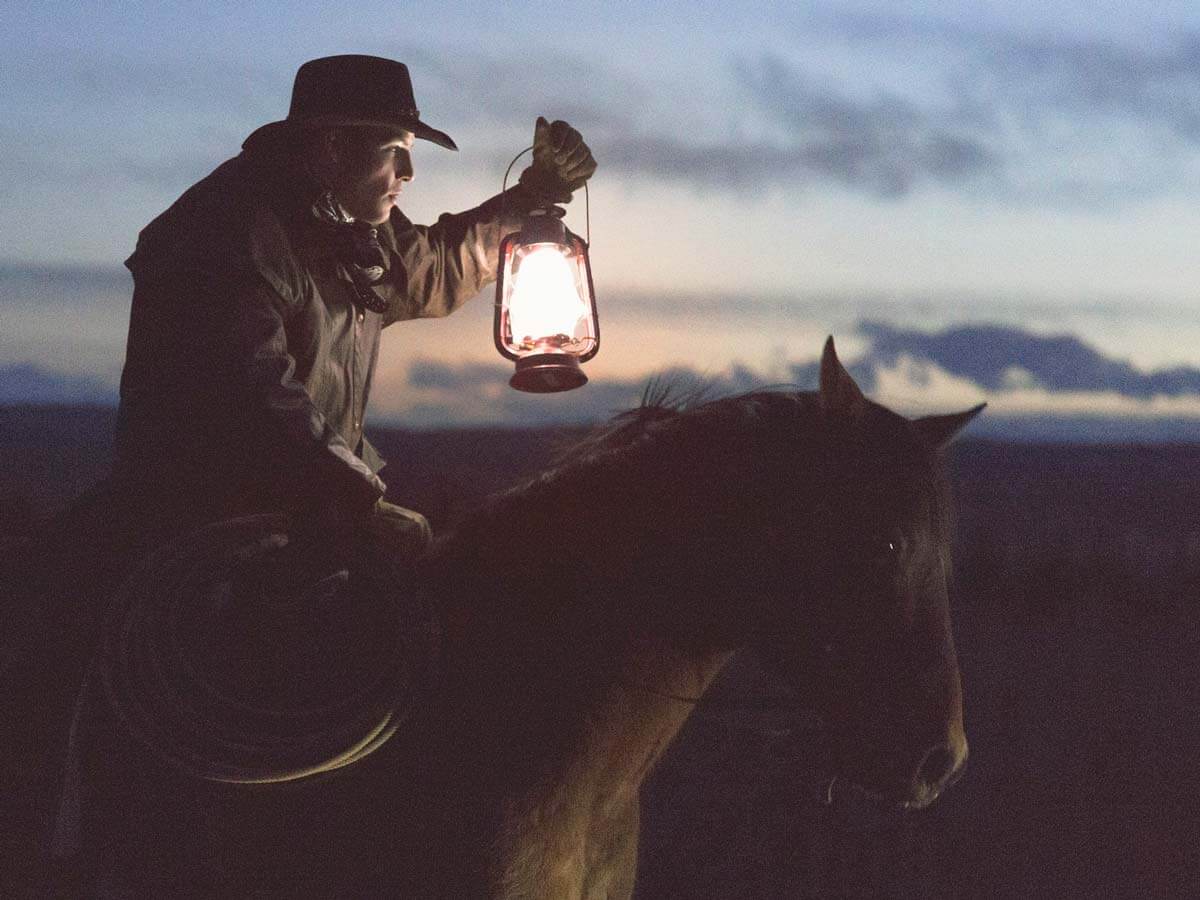
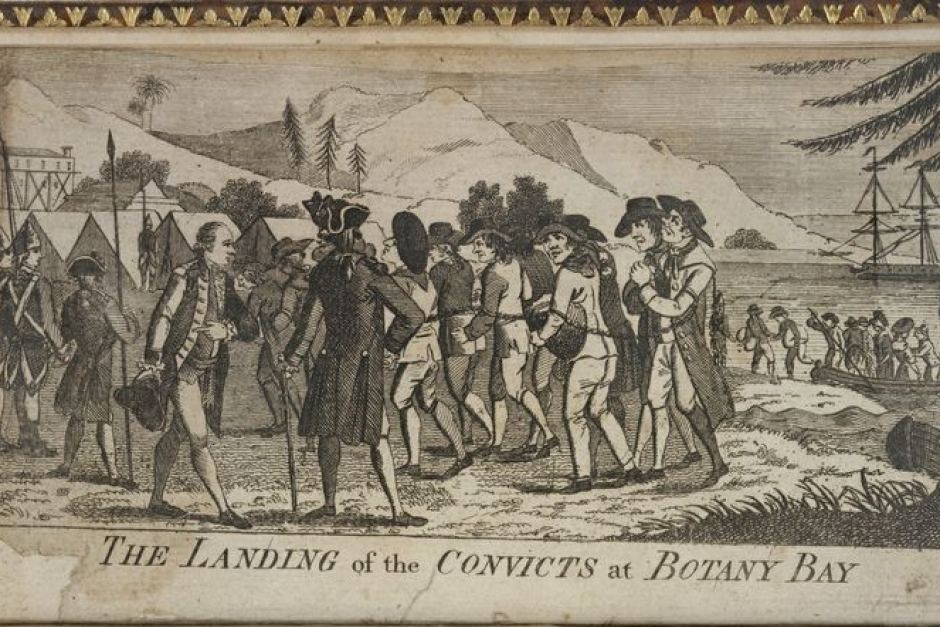

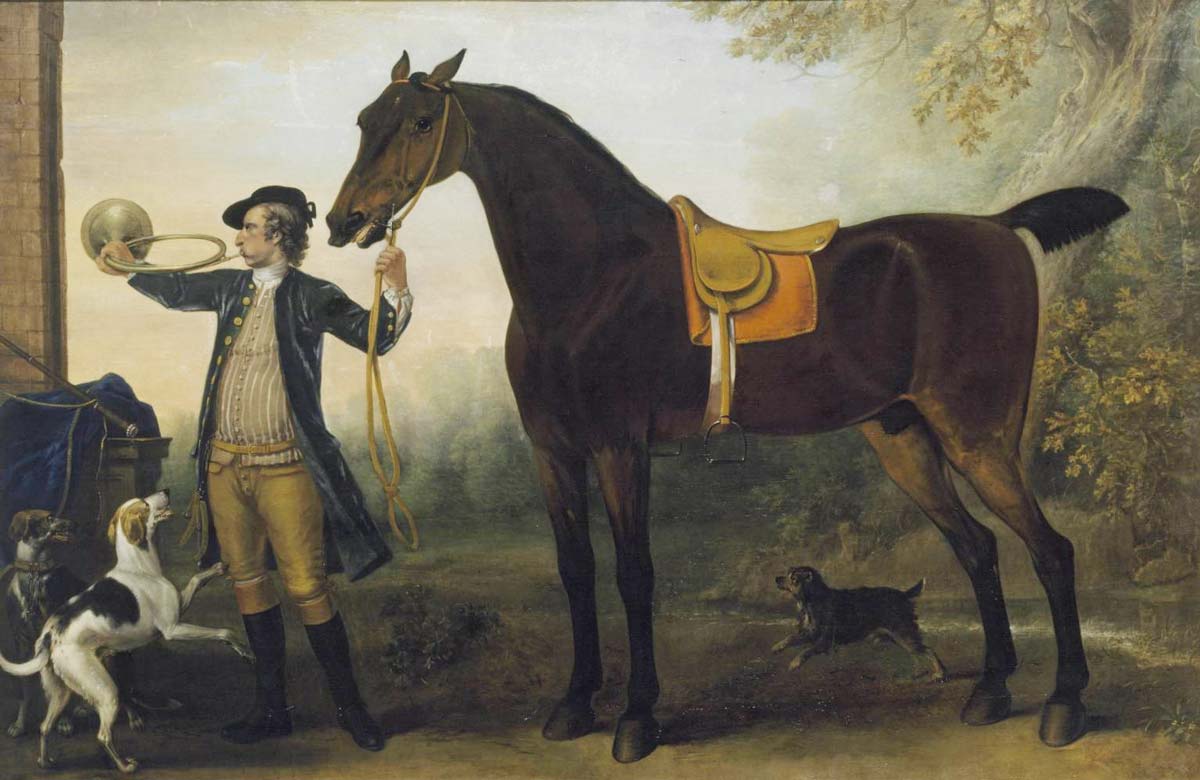
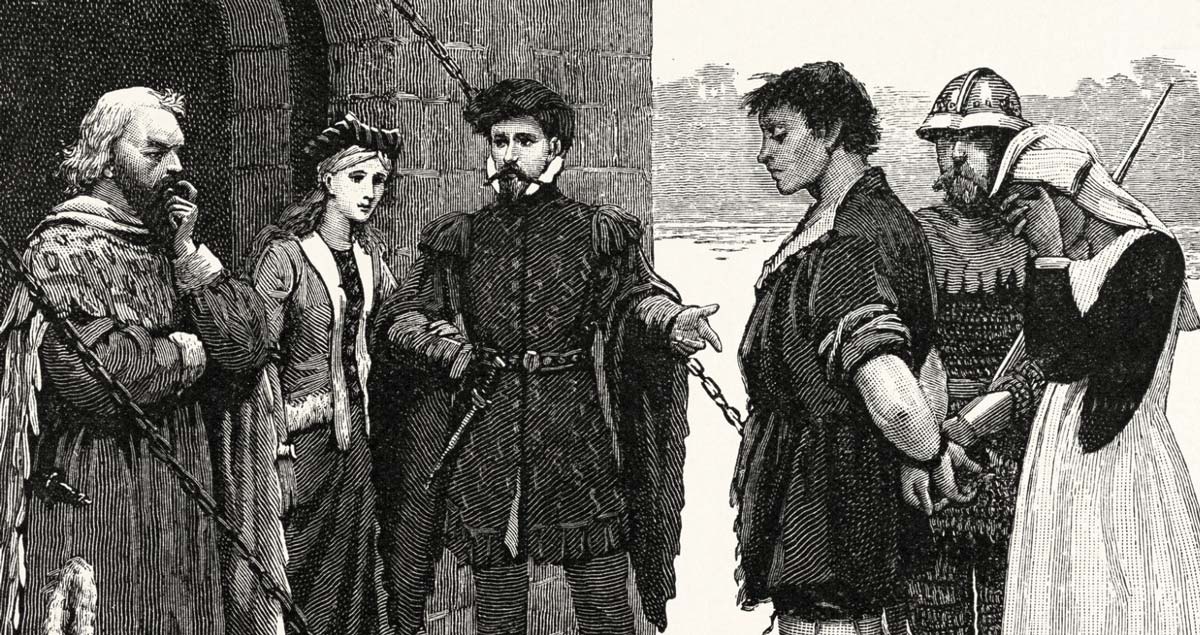
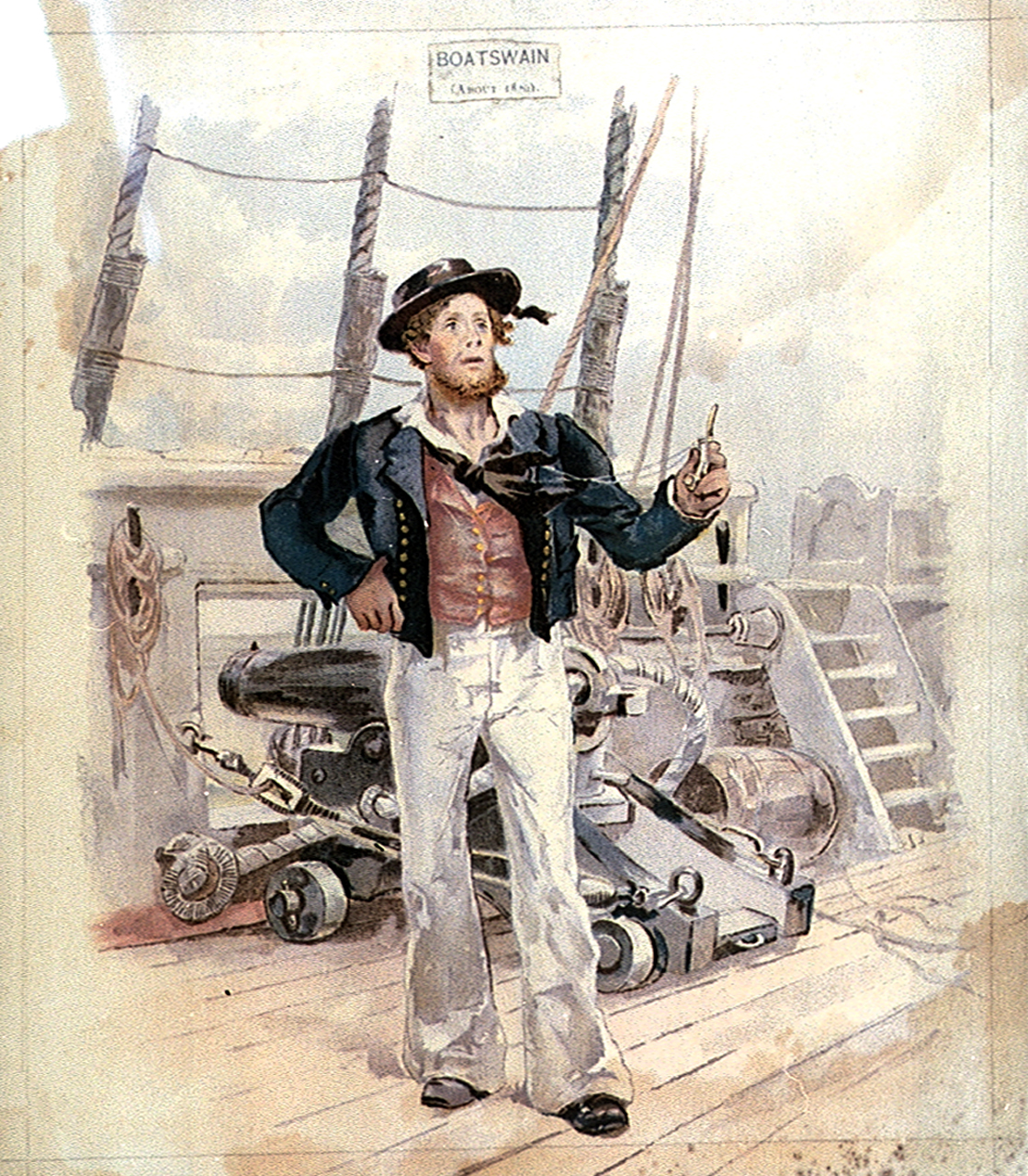

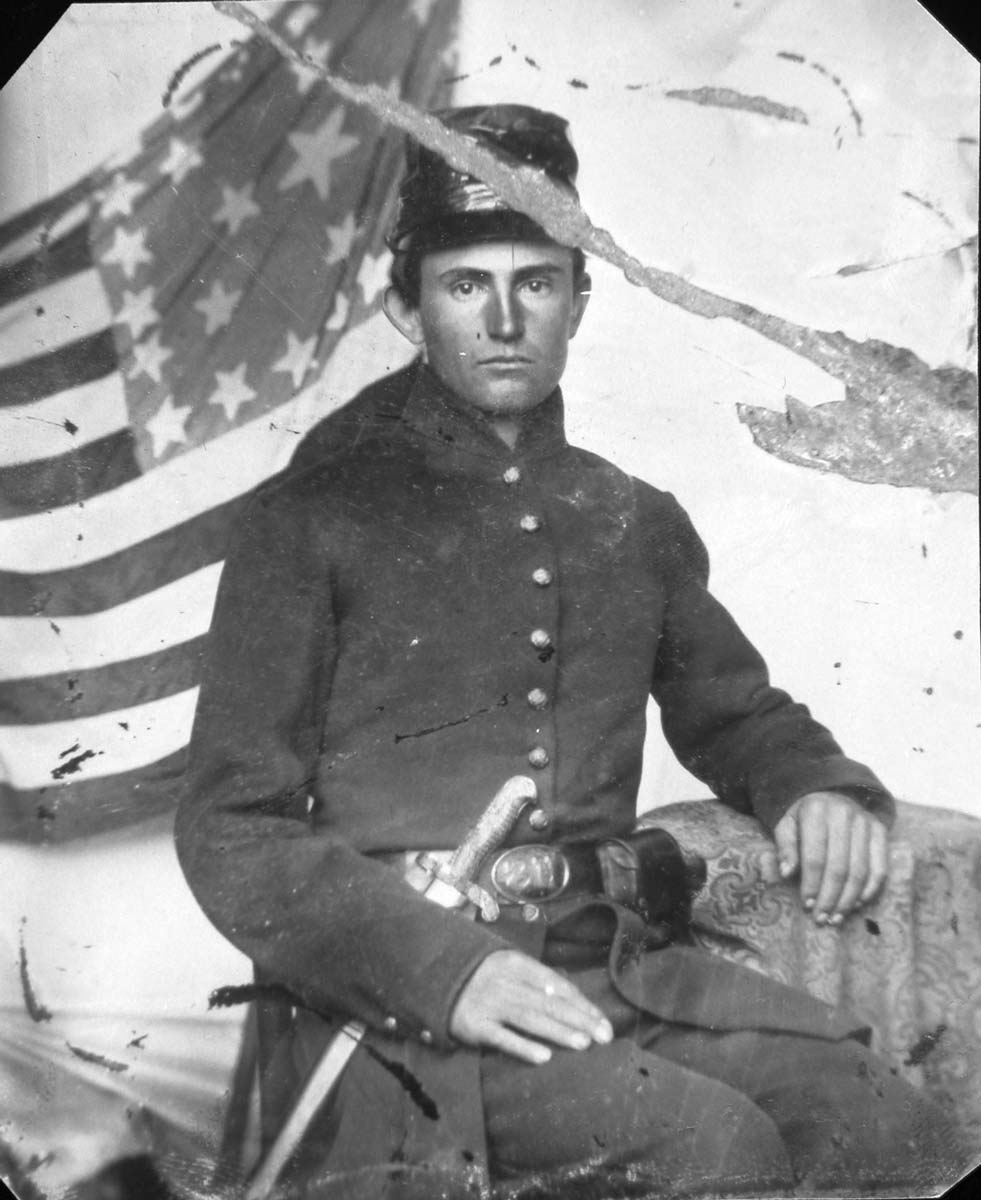



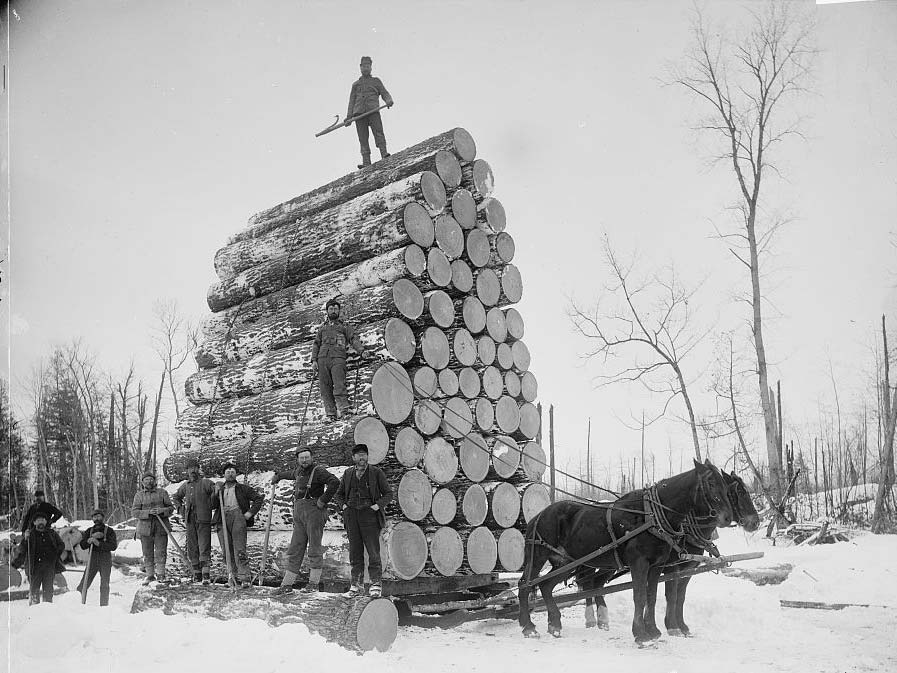
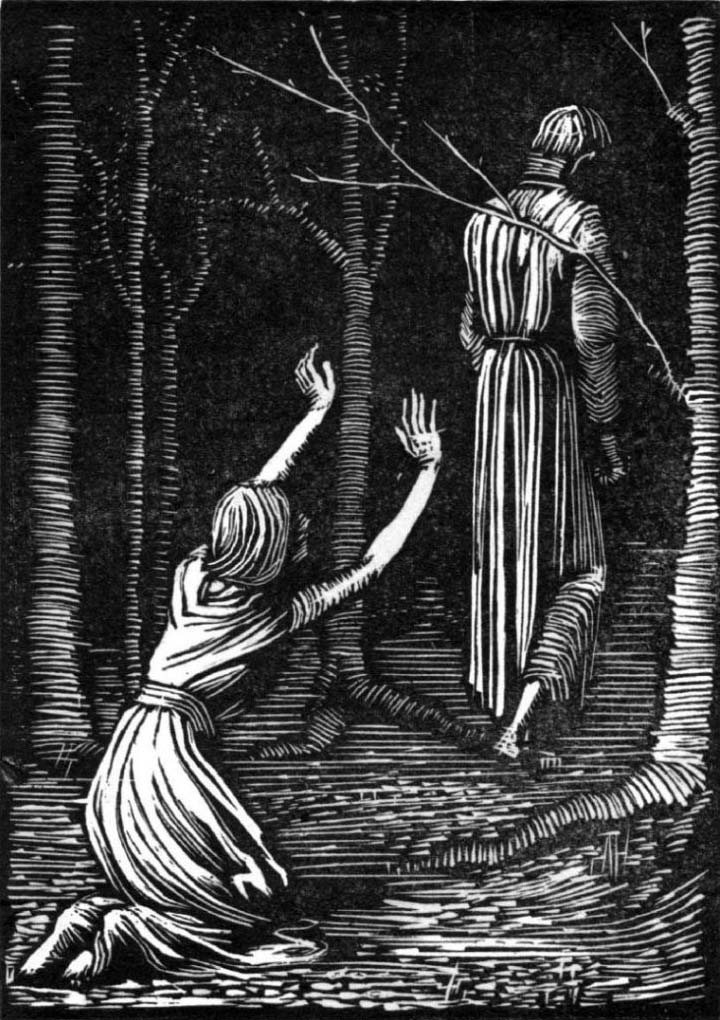
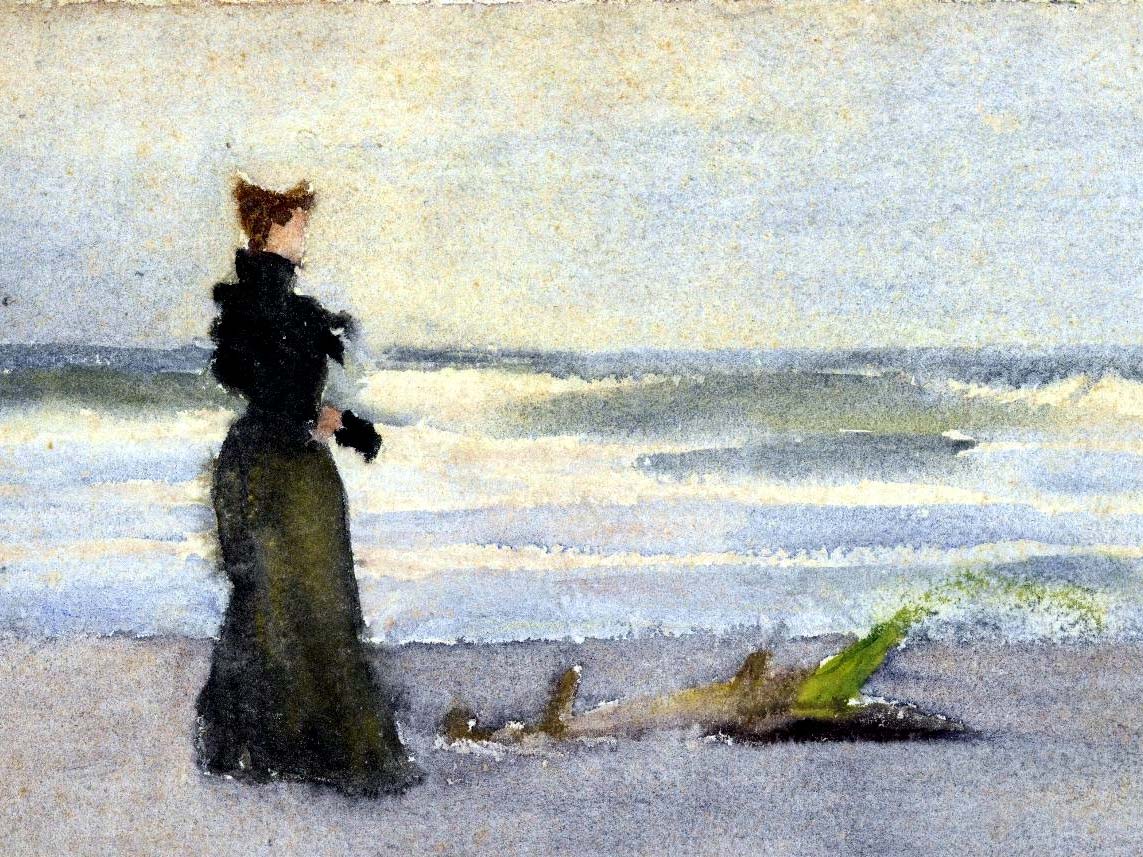
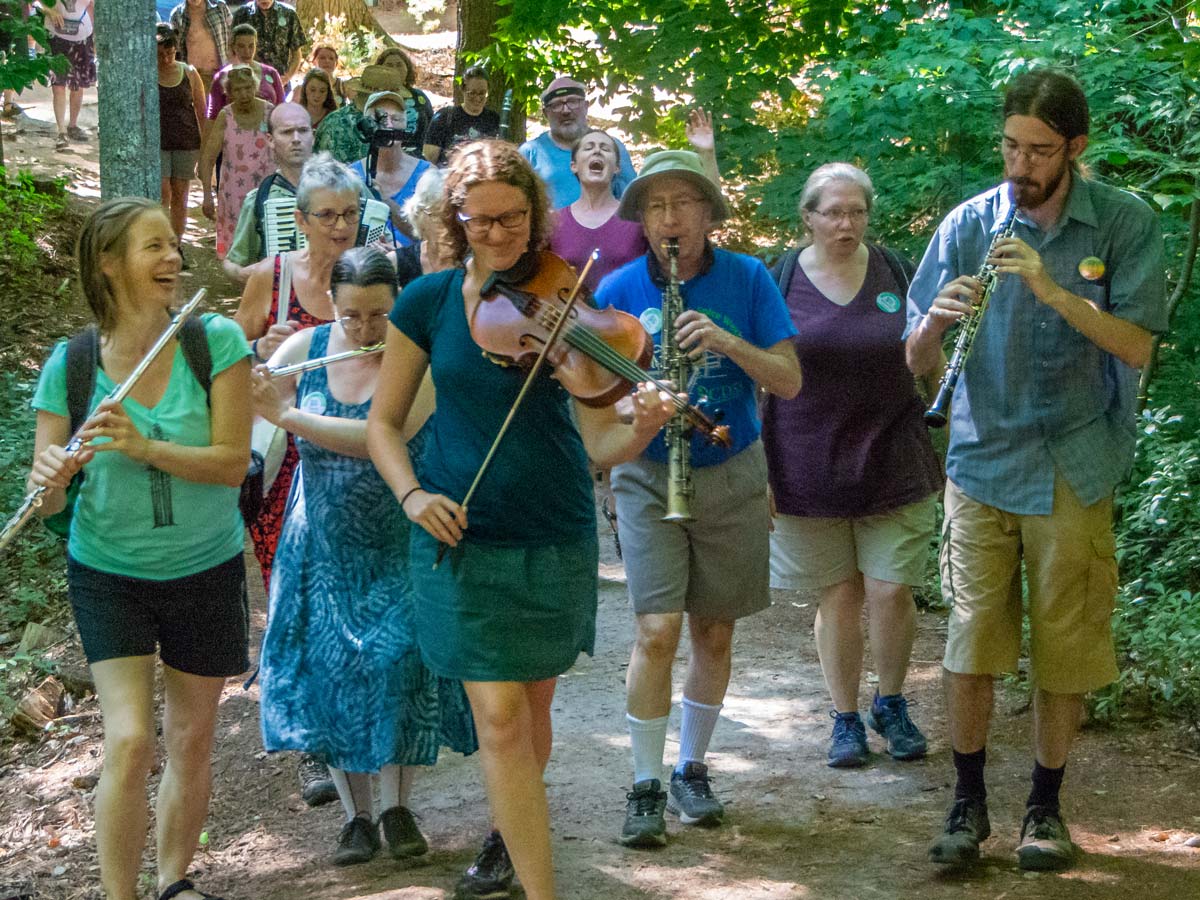
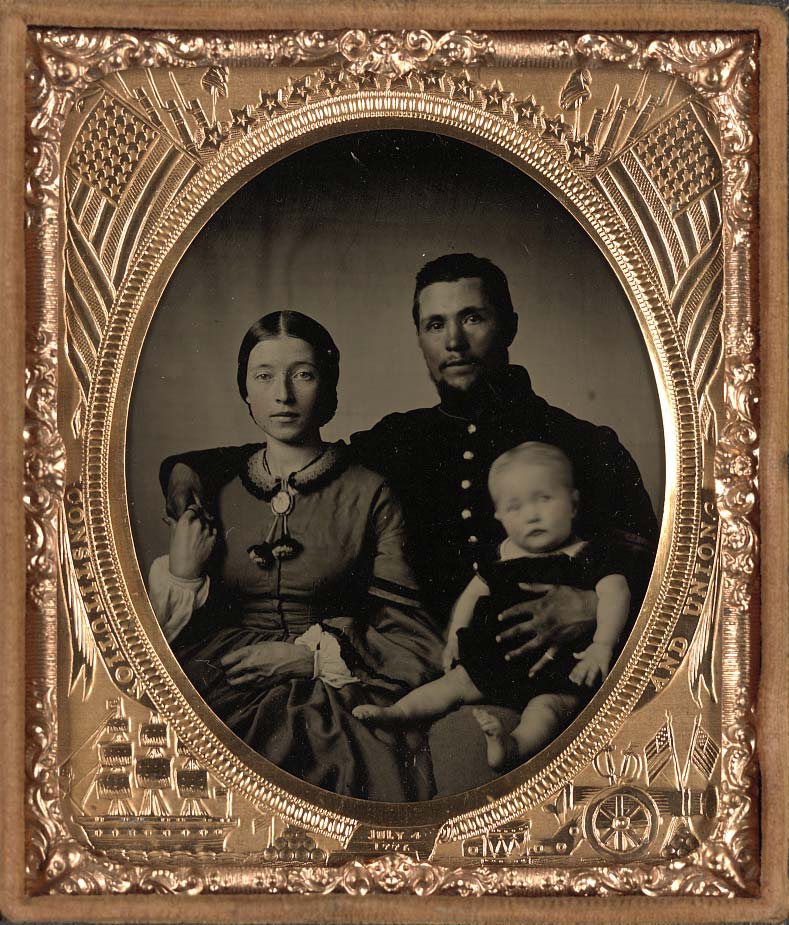
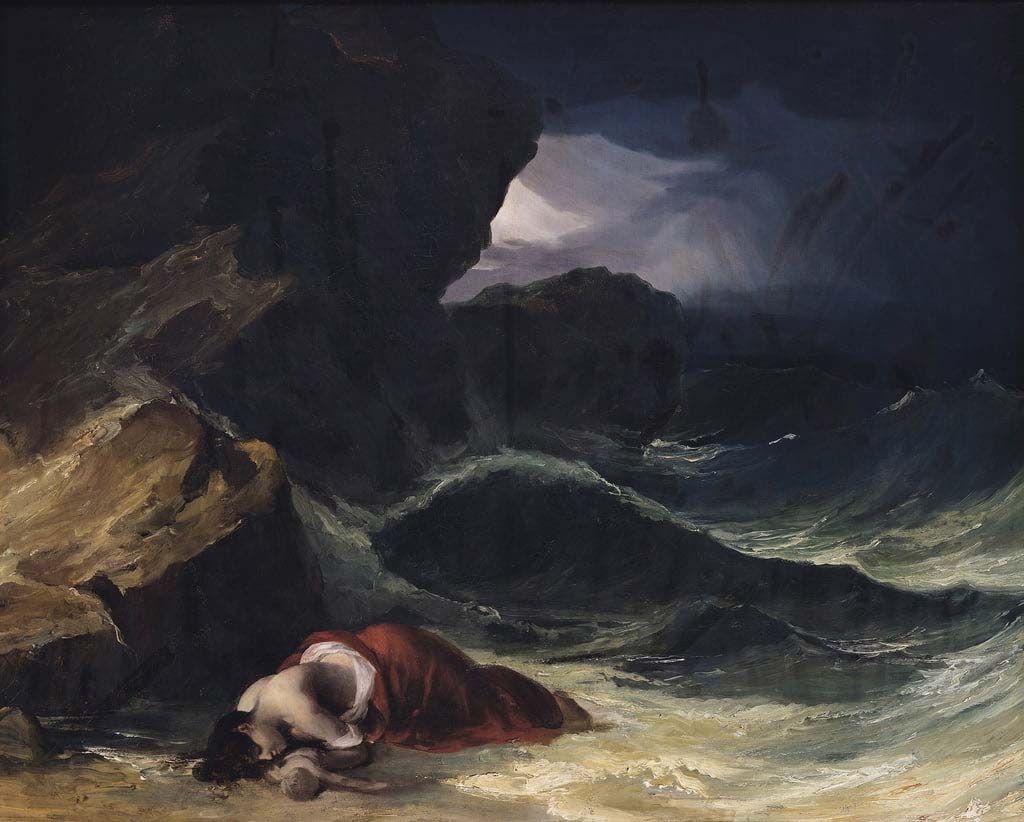
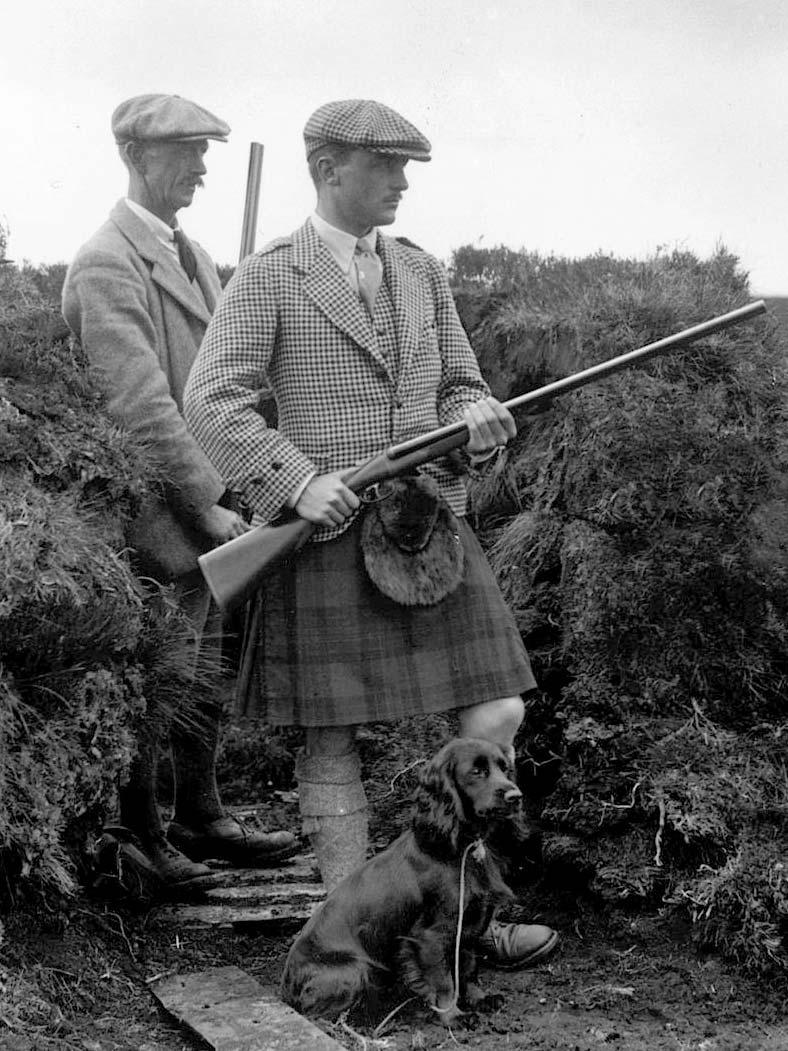
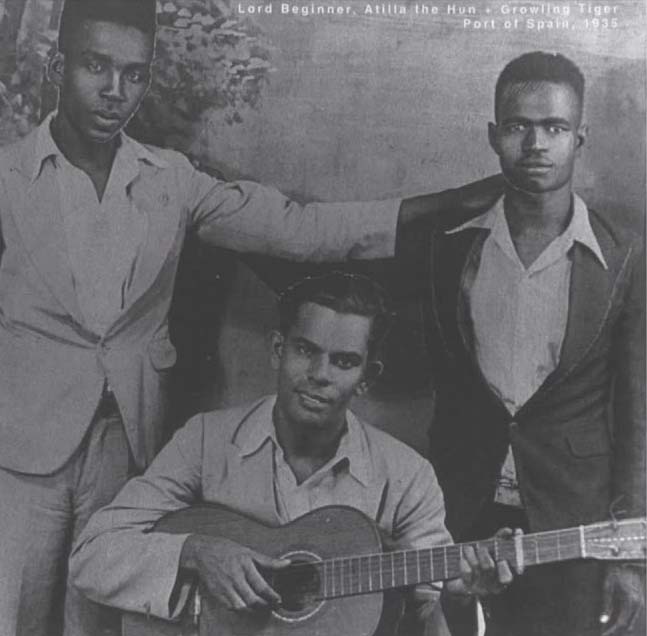
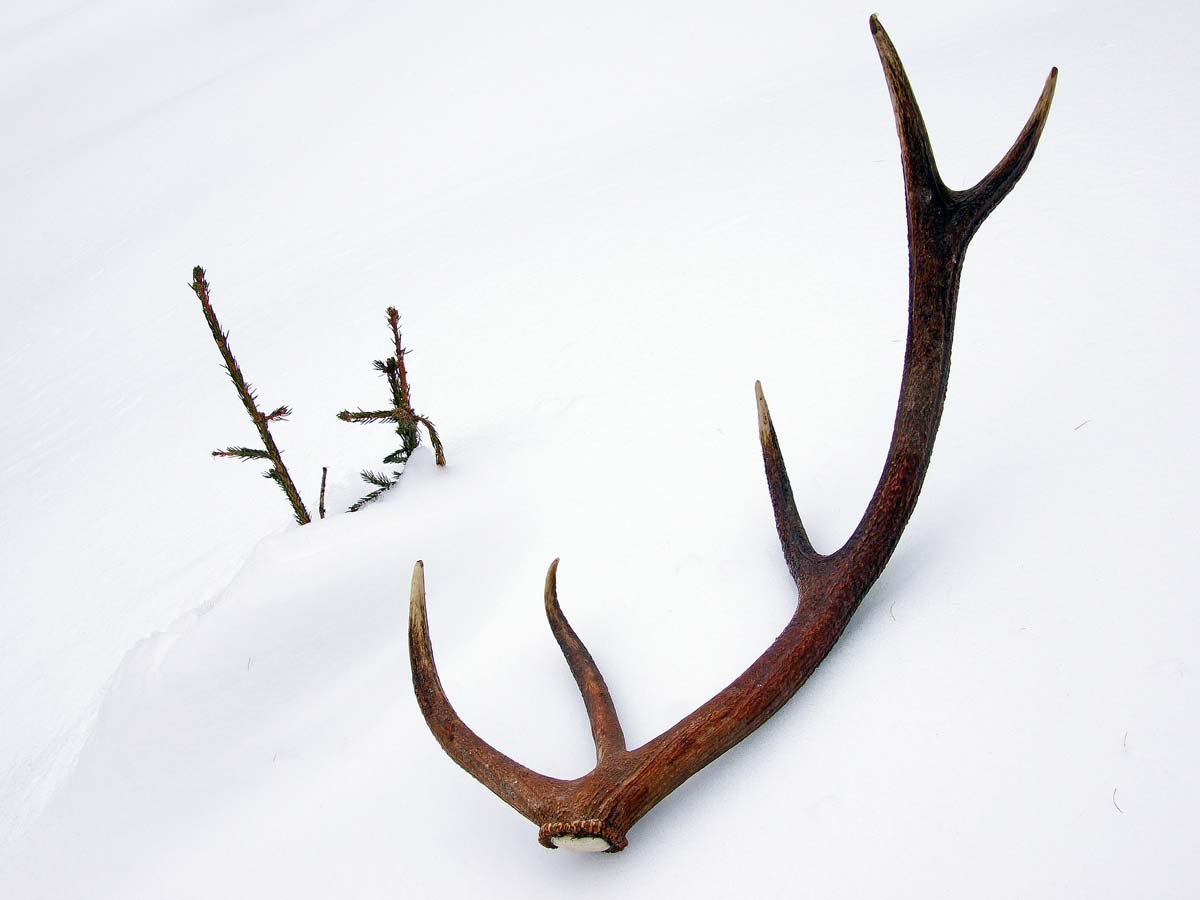



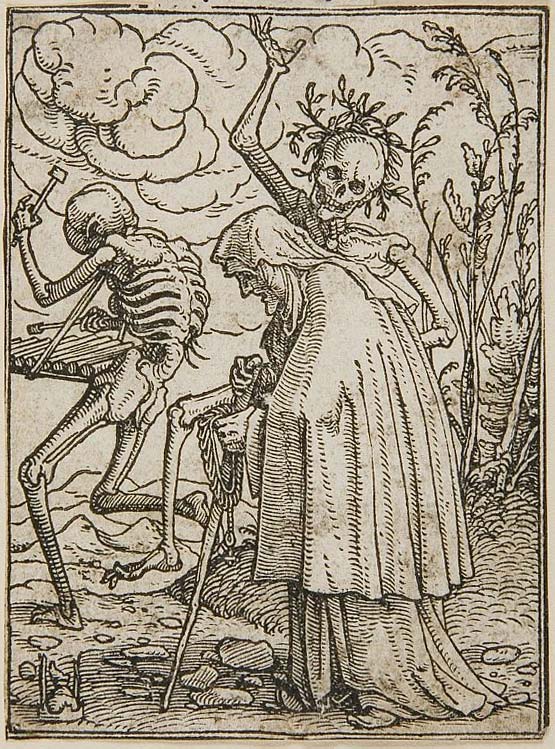
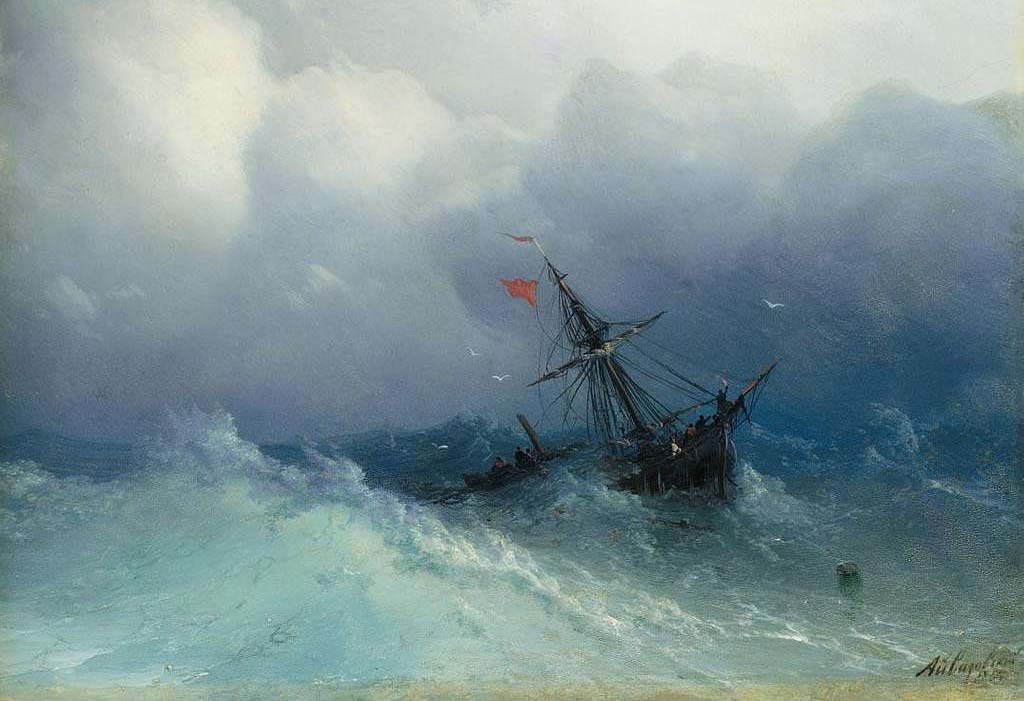
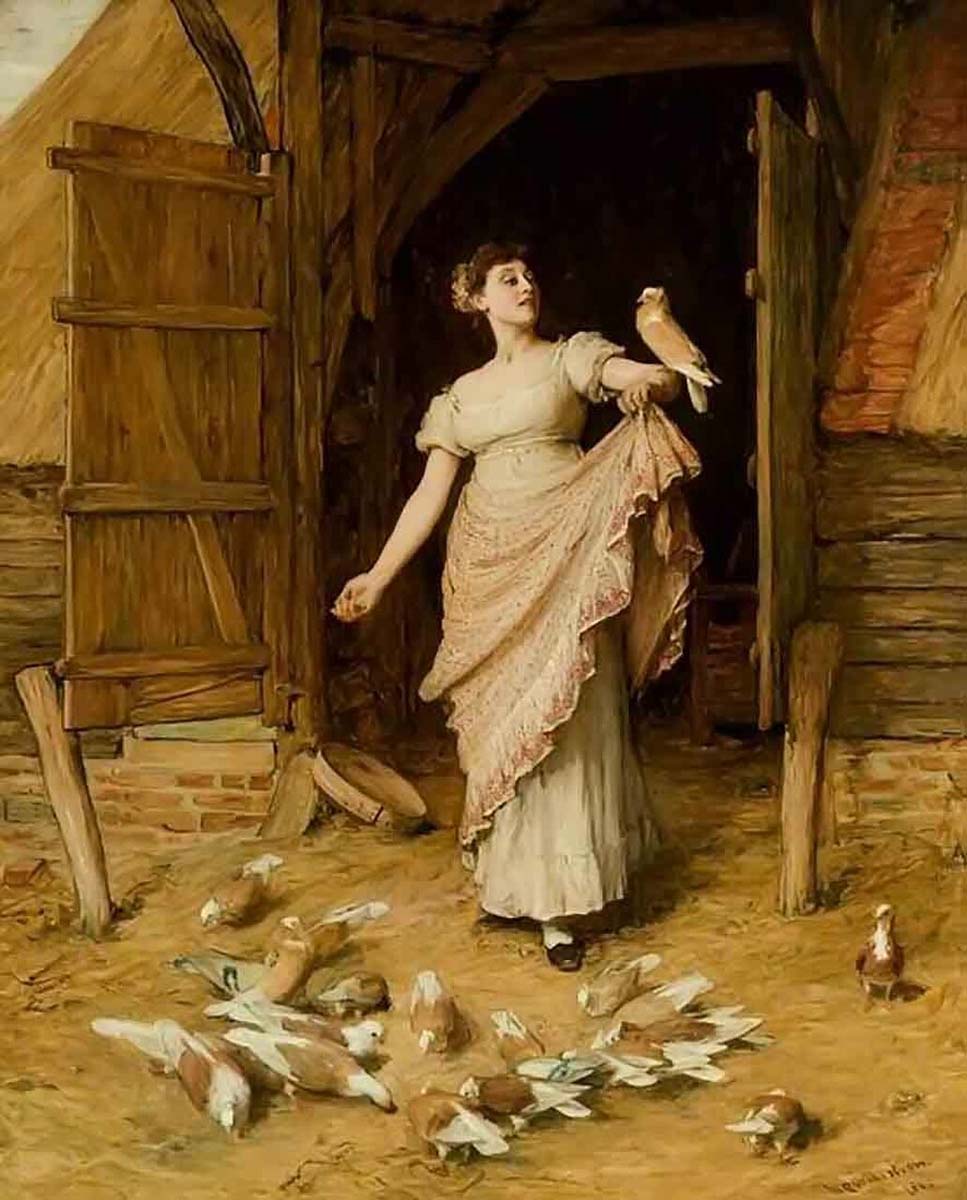

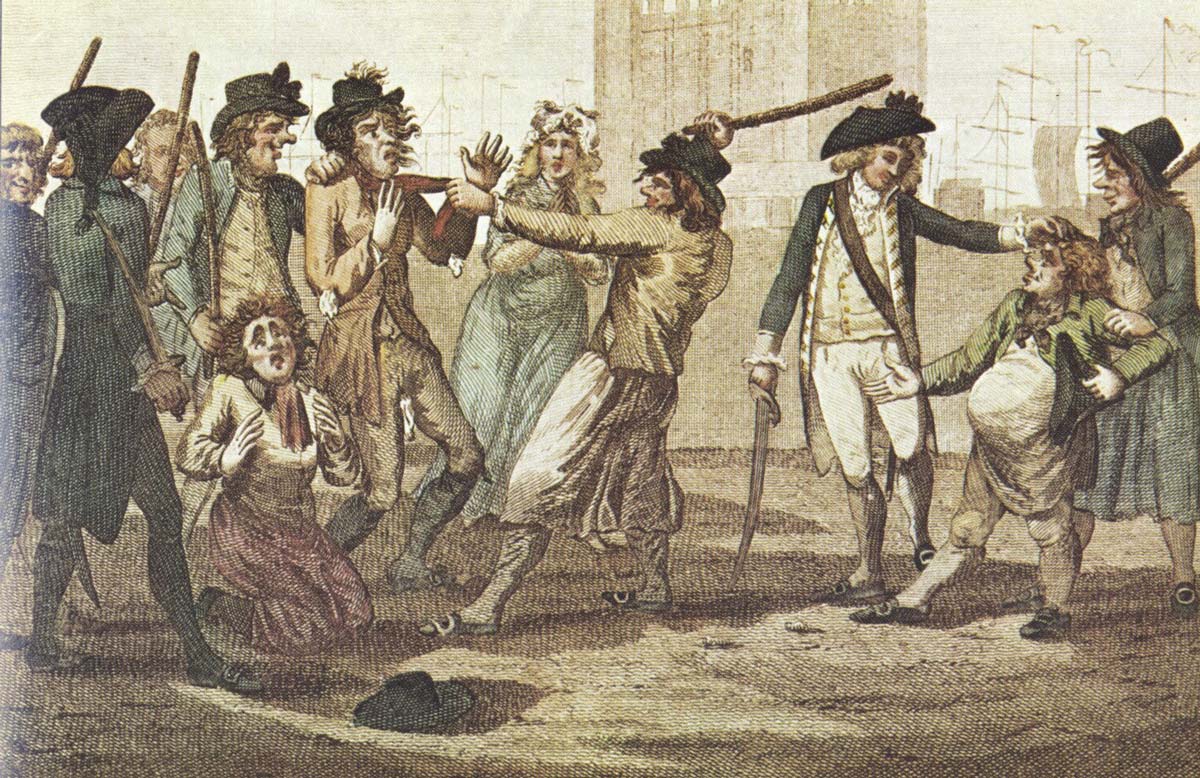
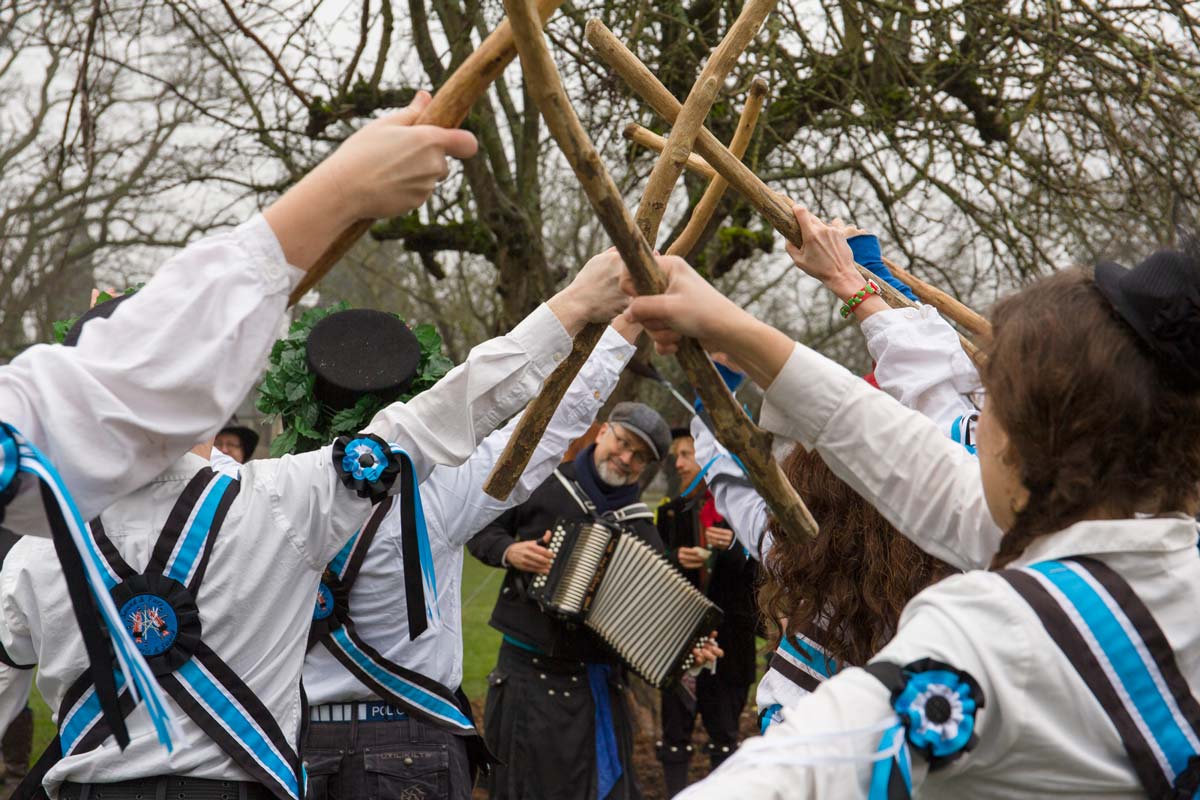


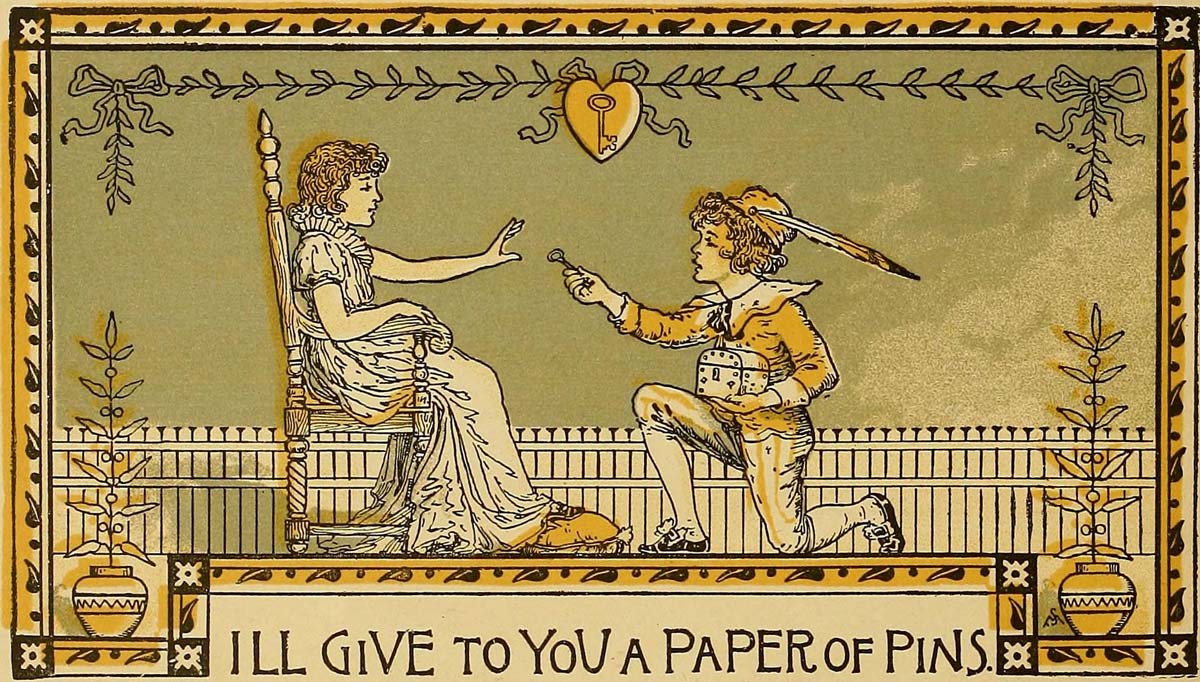
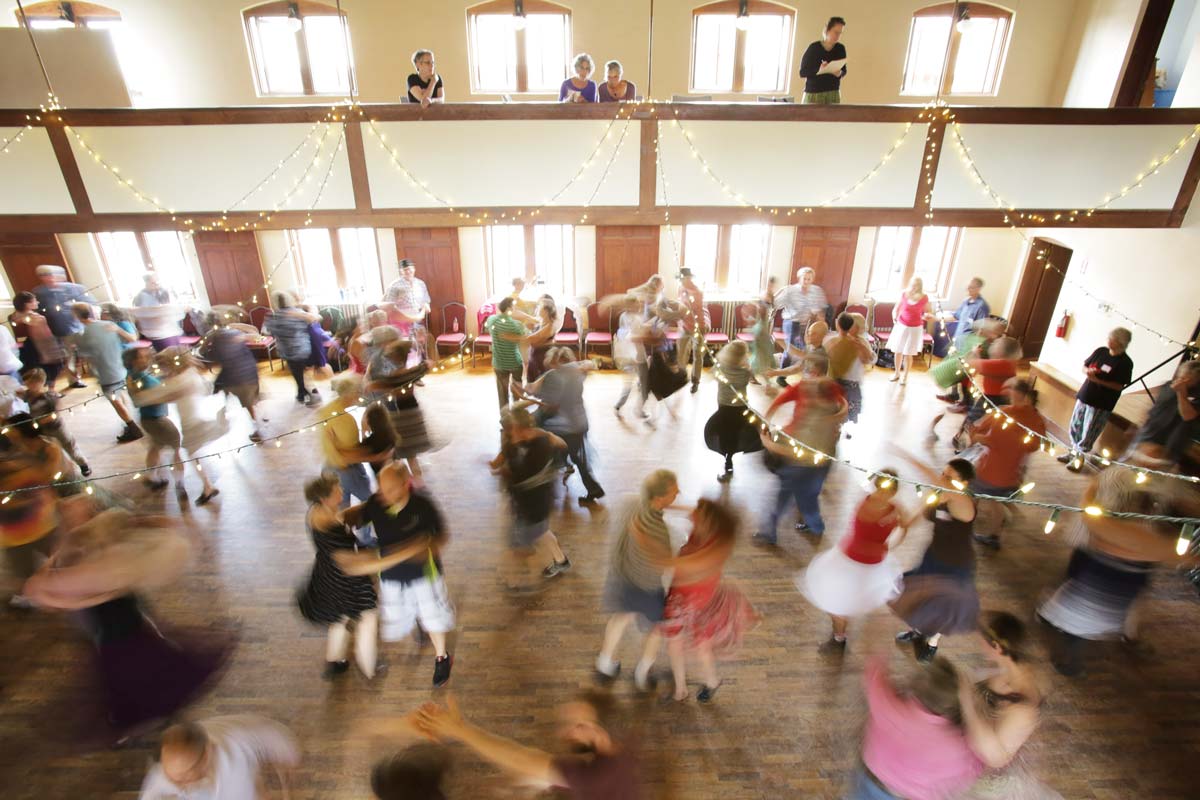
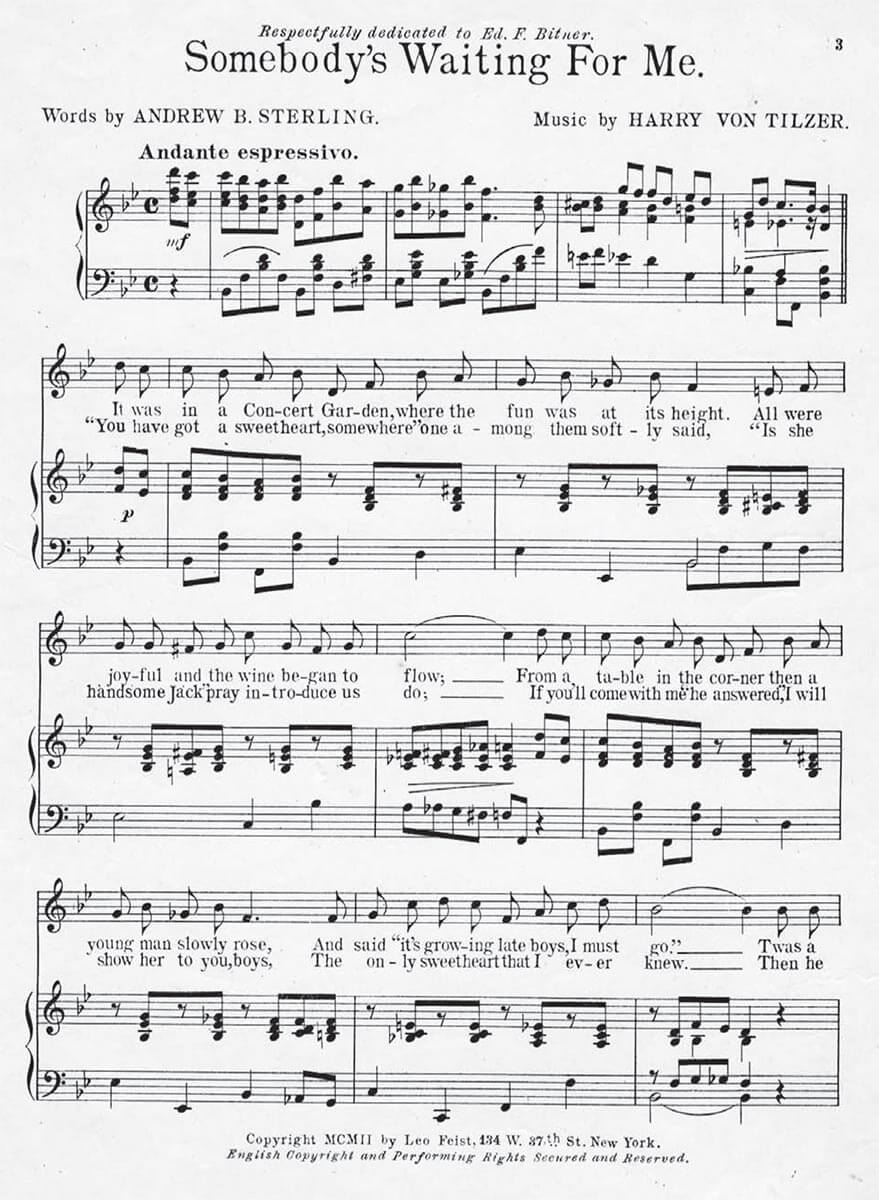
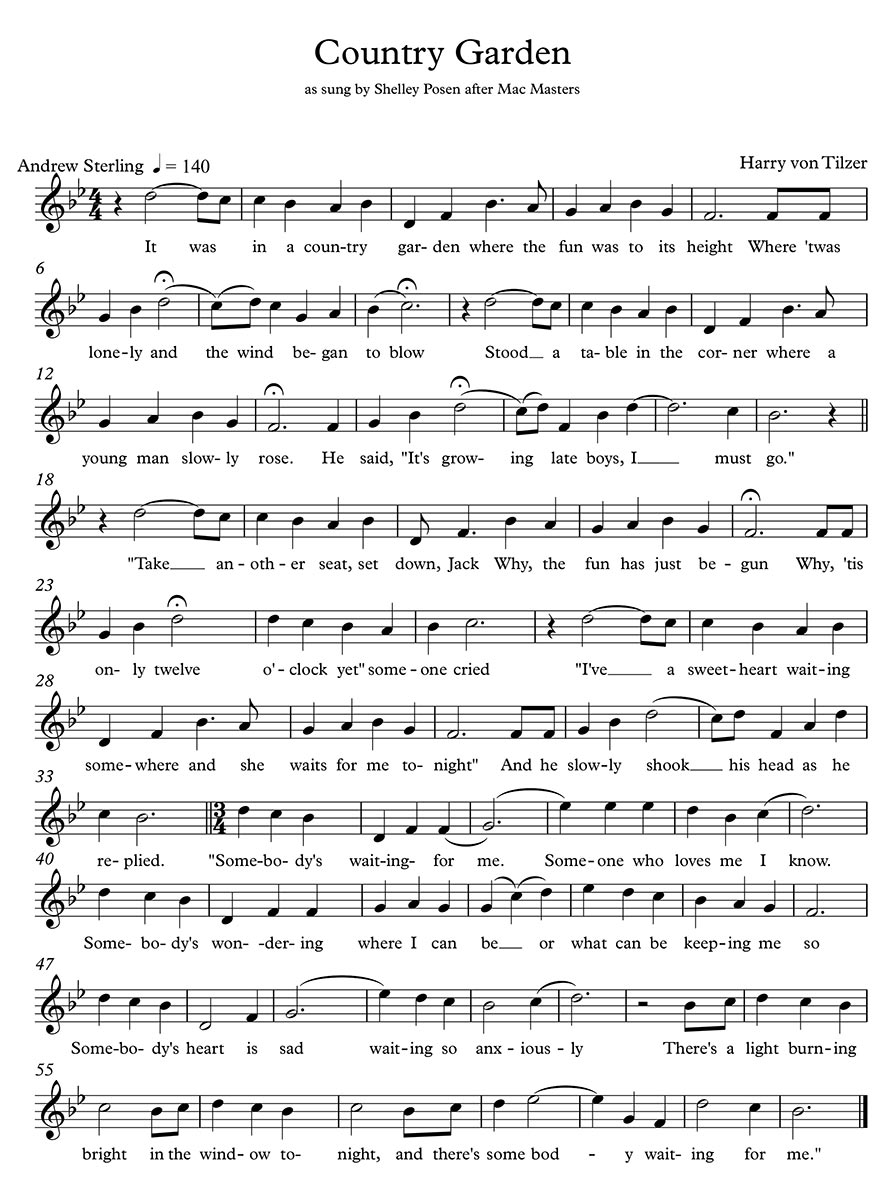
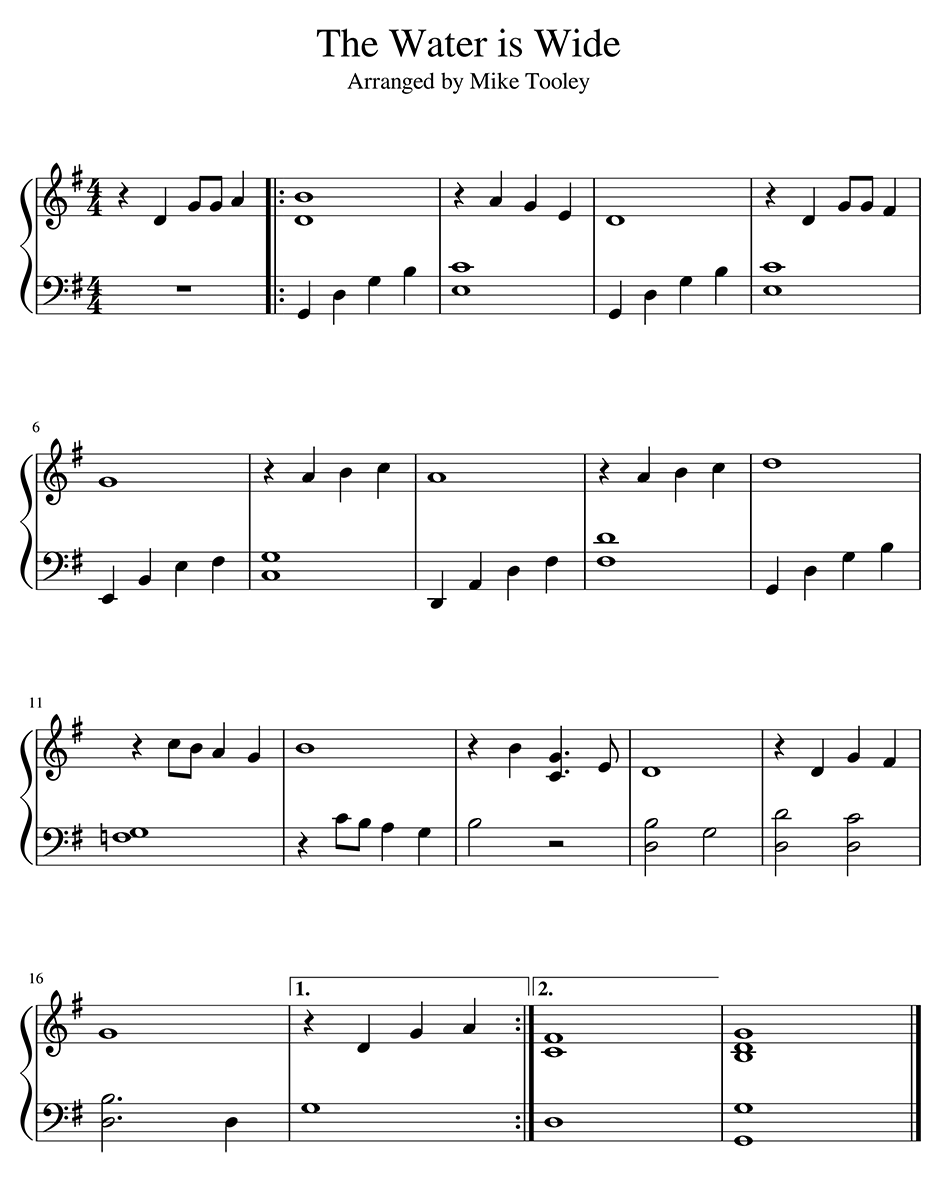
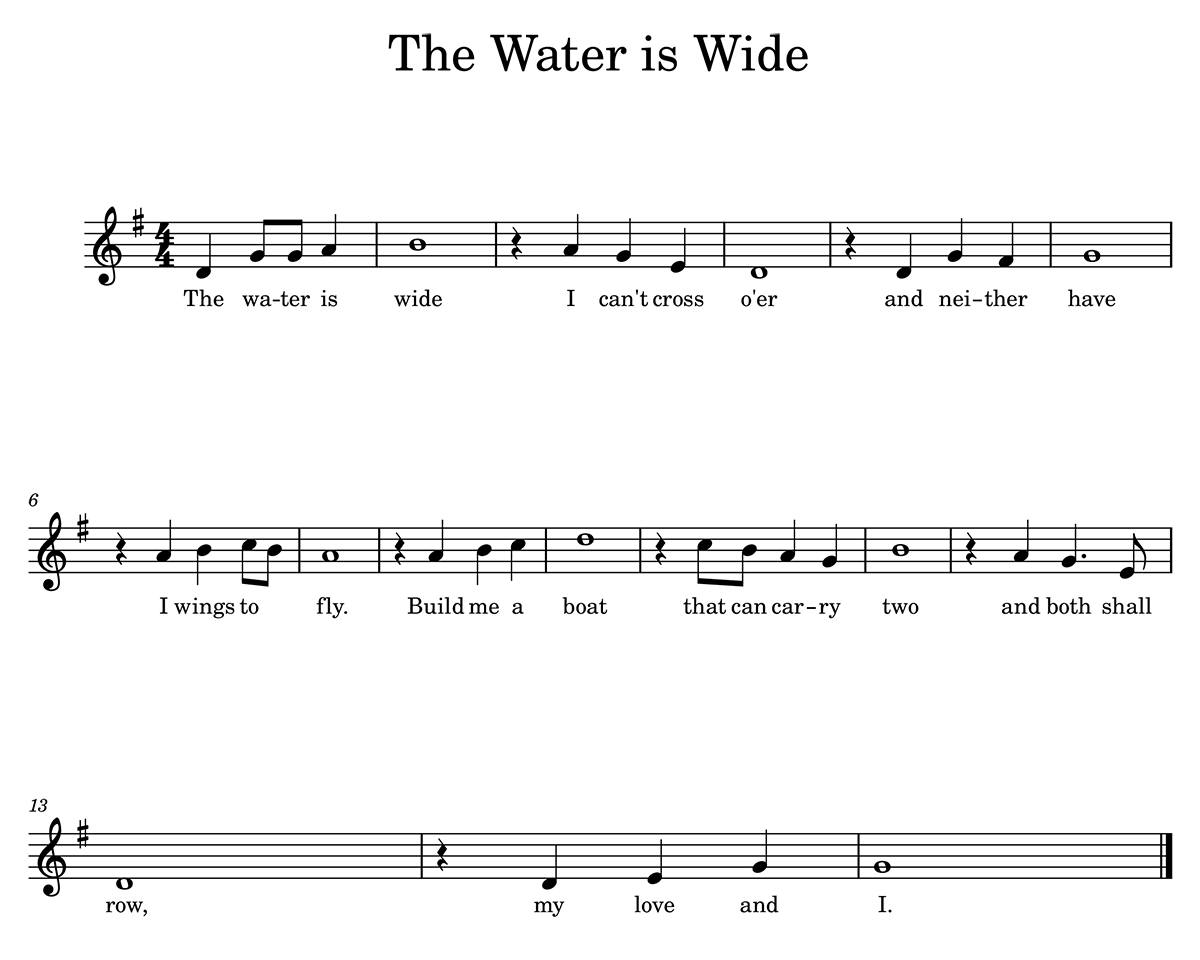
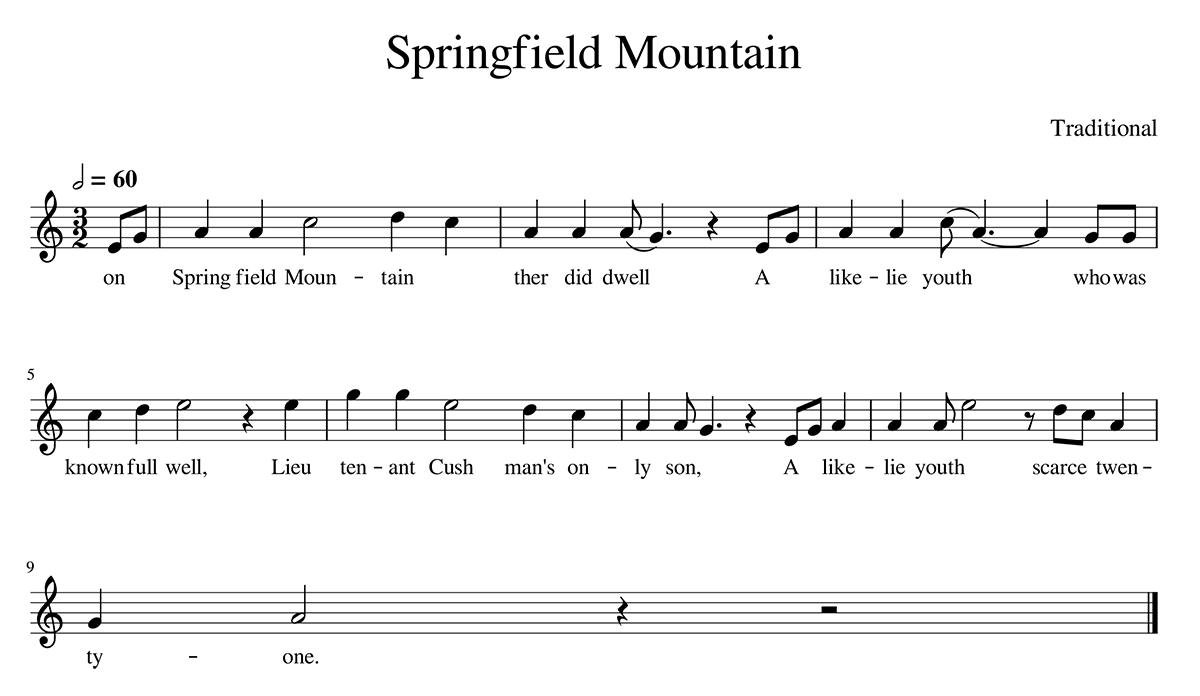
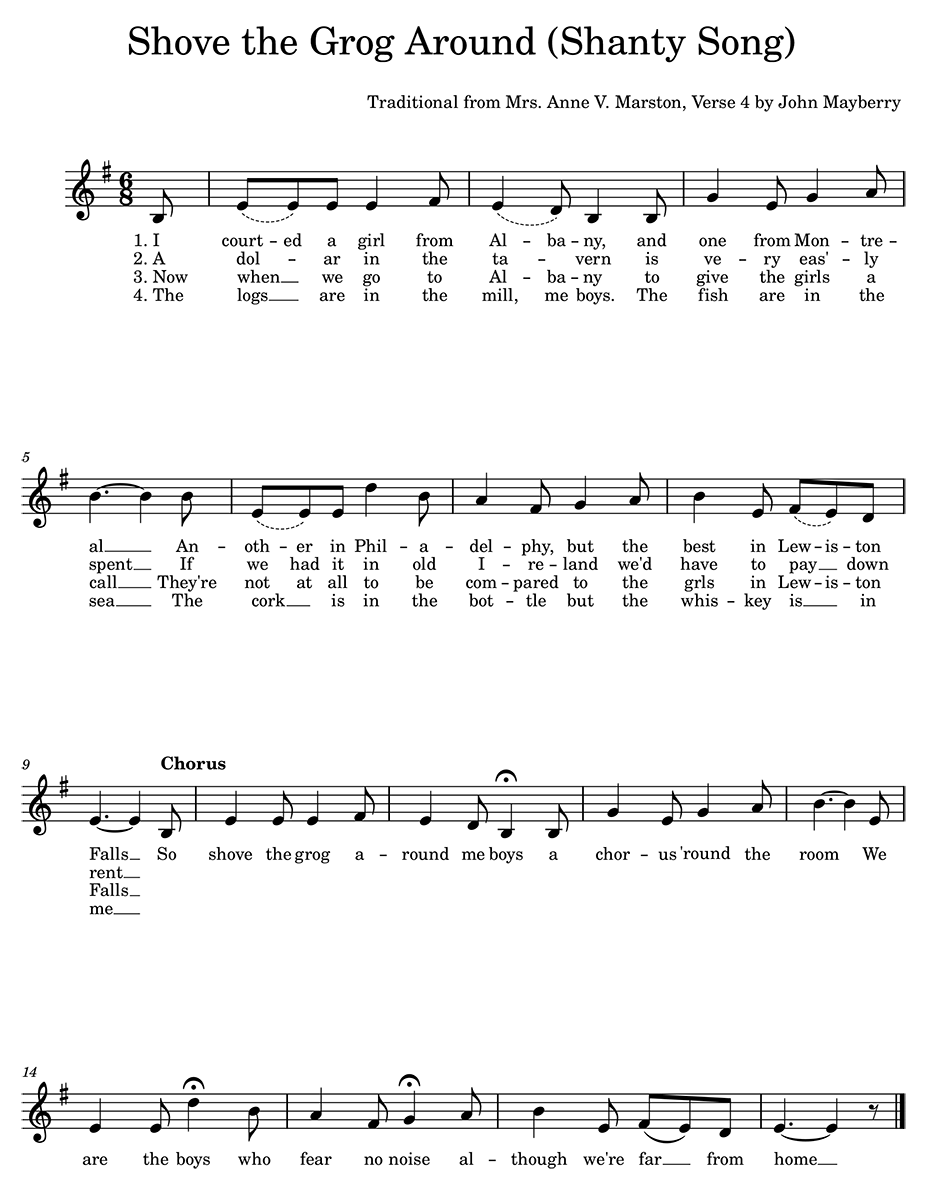
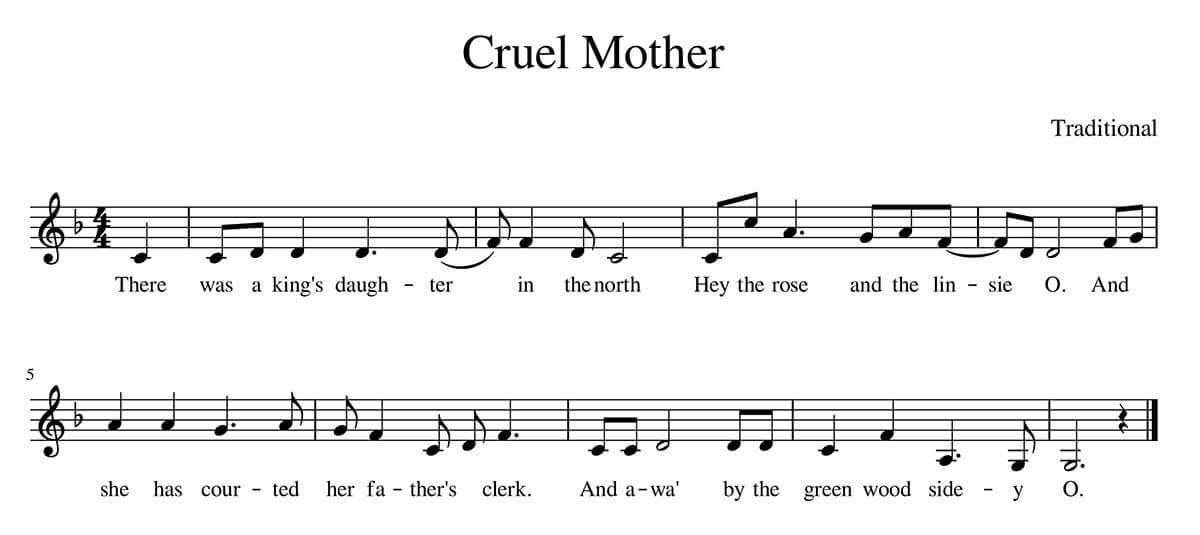
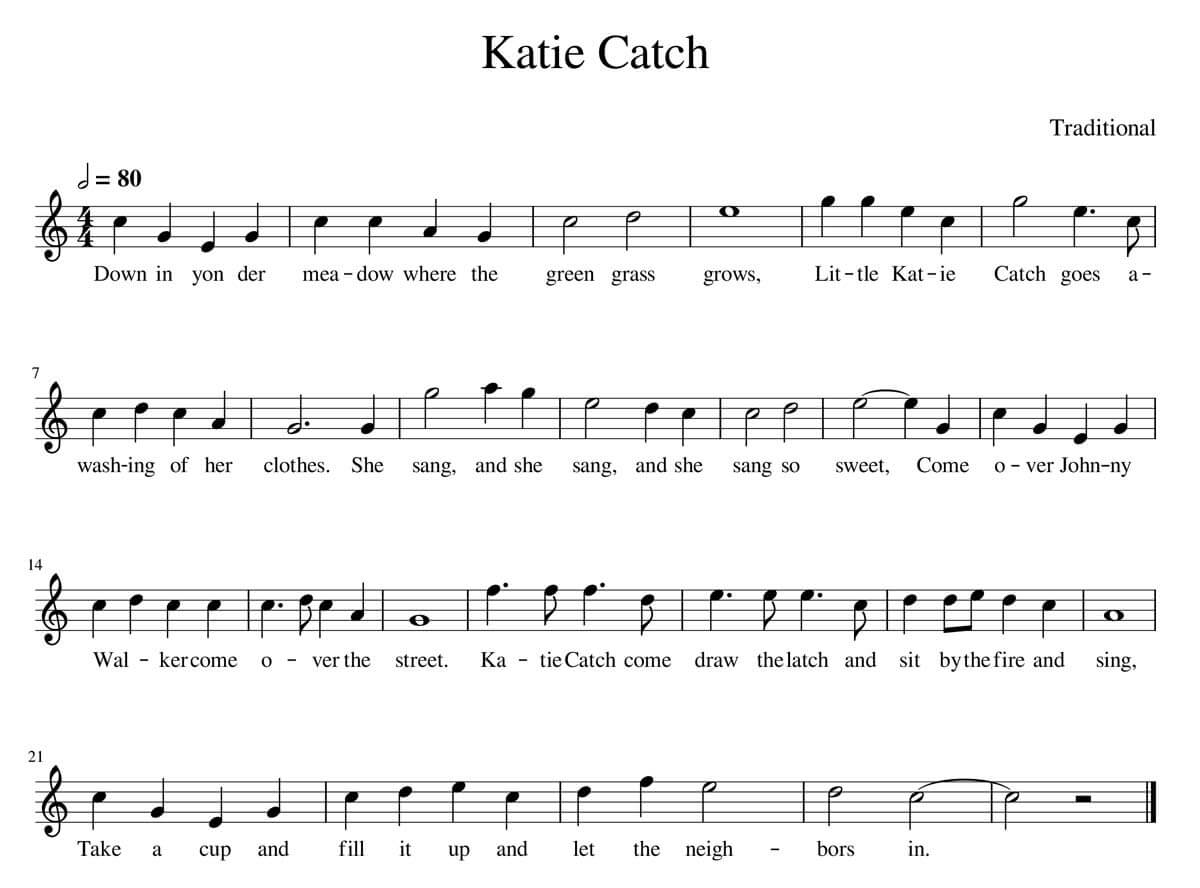
 Thanks to the Massachusetts Cultural Council for their generous support.
Thanks to the Massachusetts Cultural Council for their generous support.